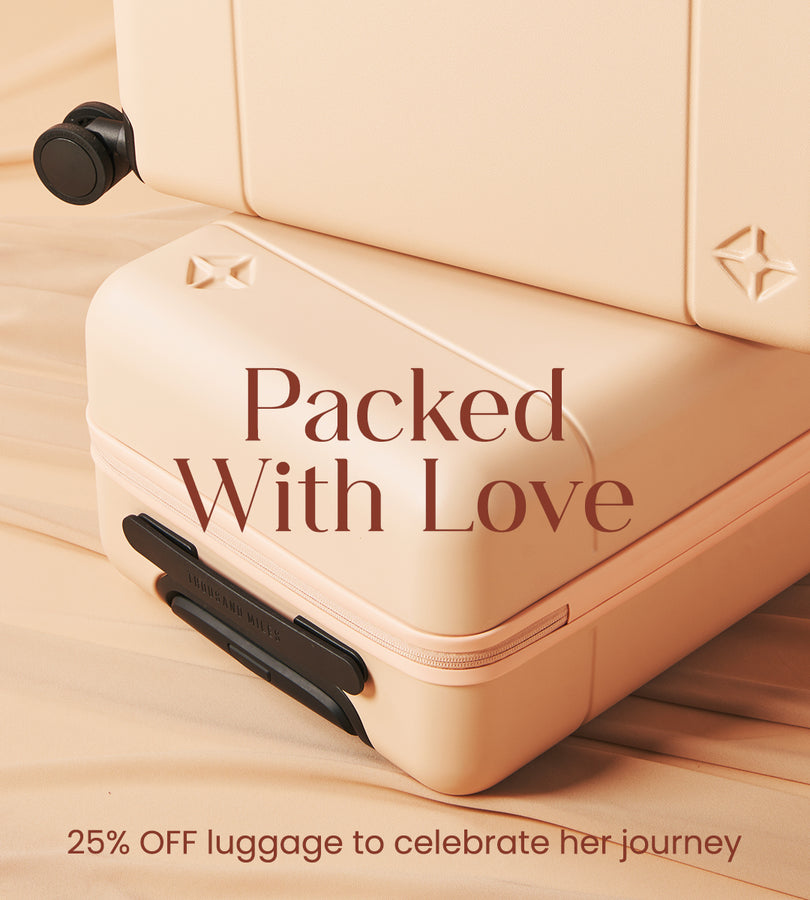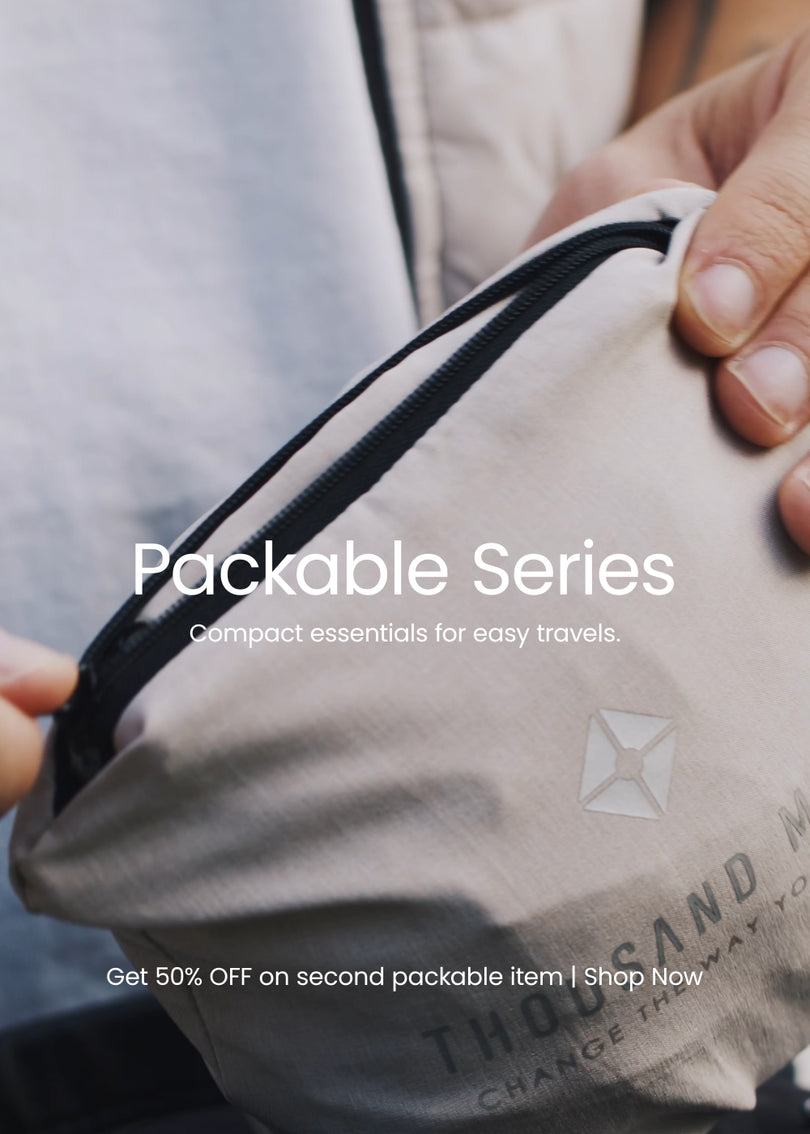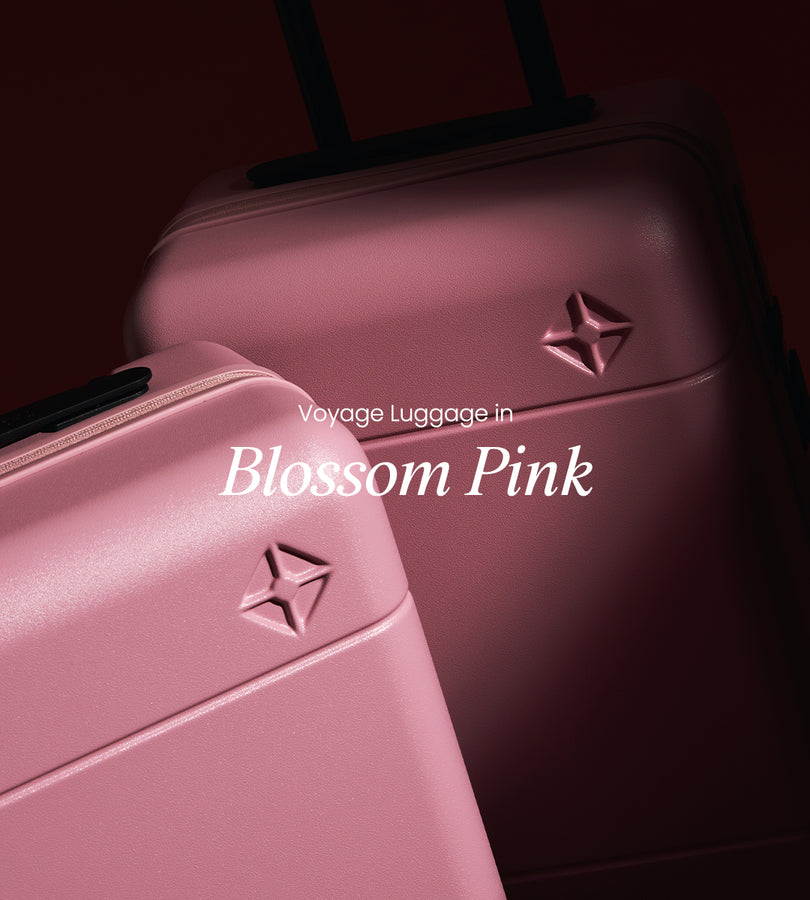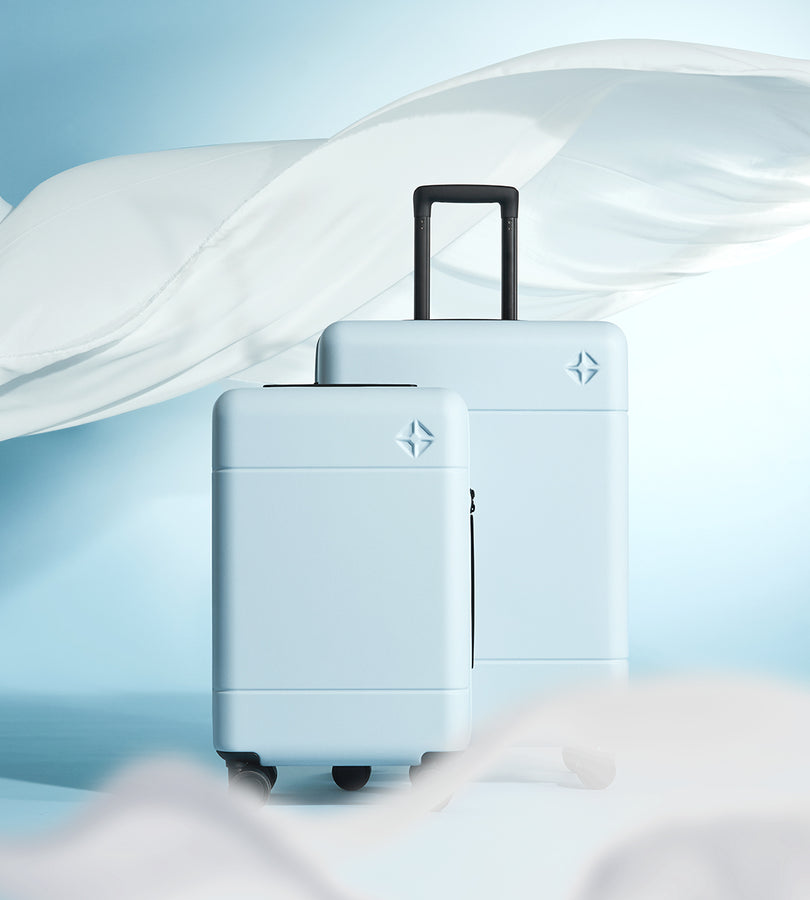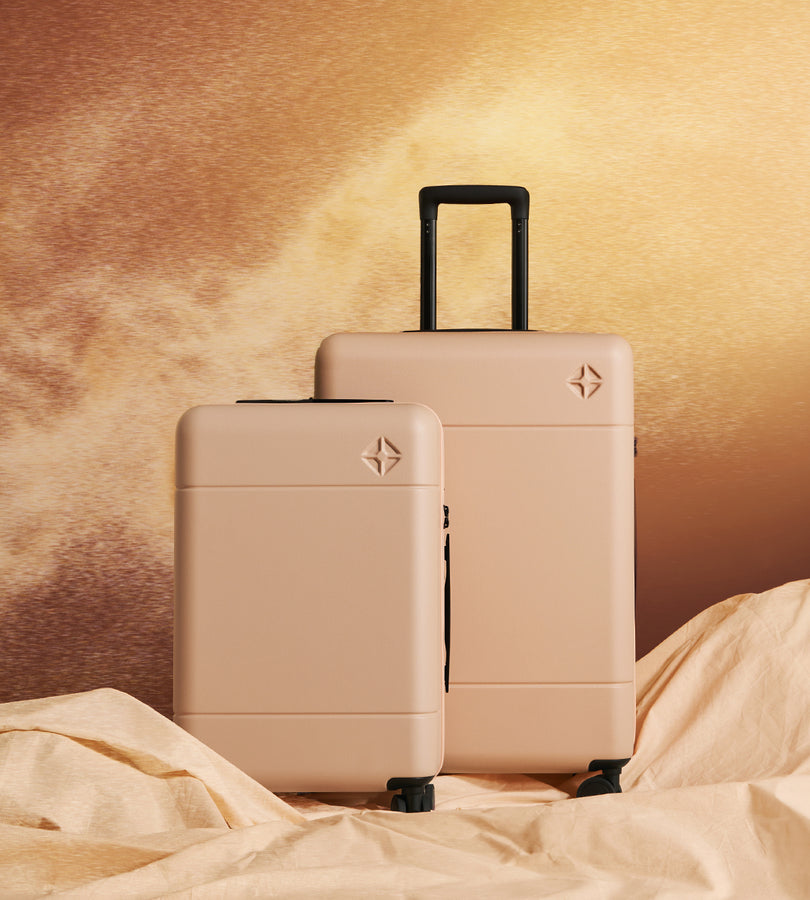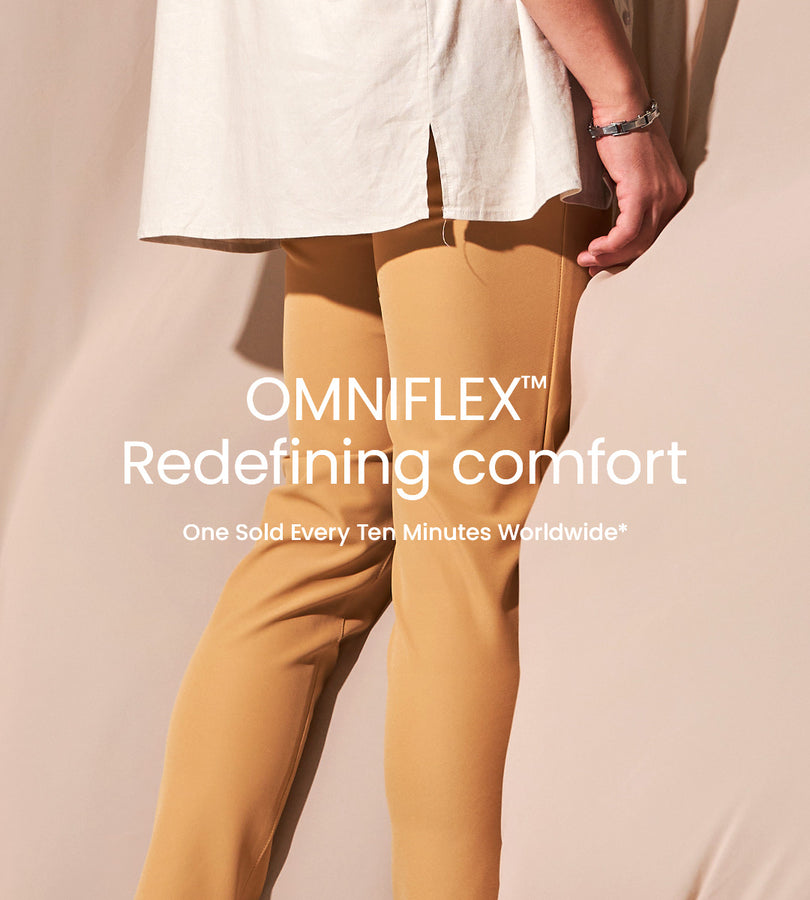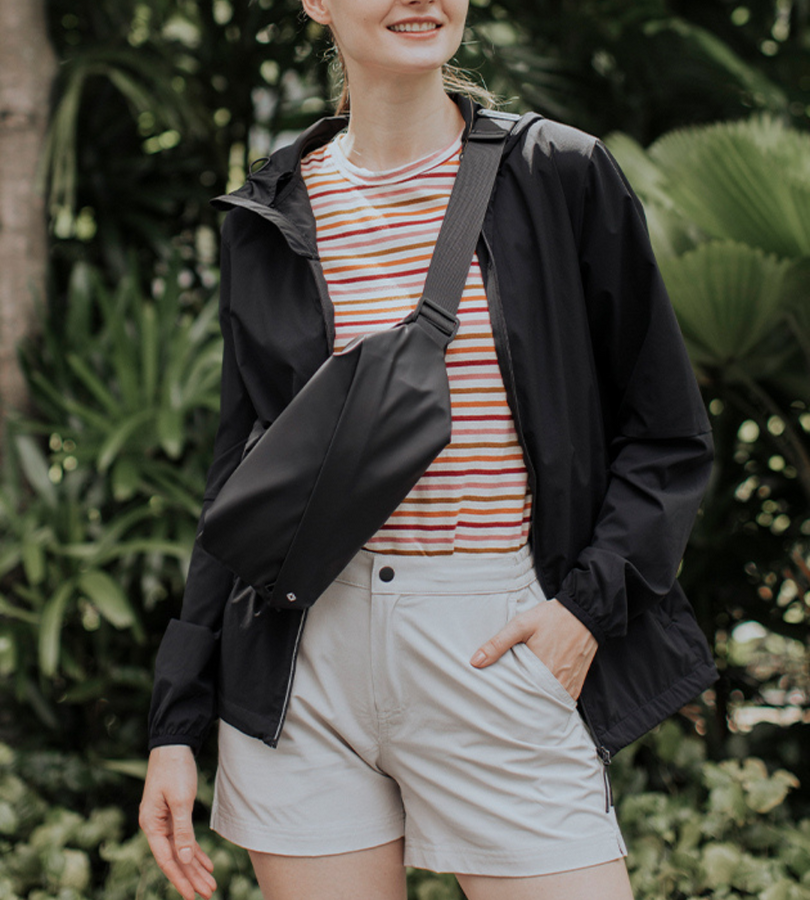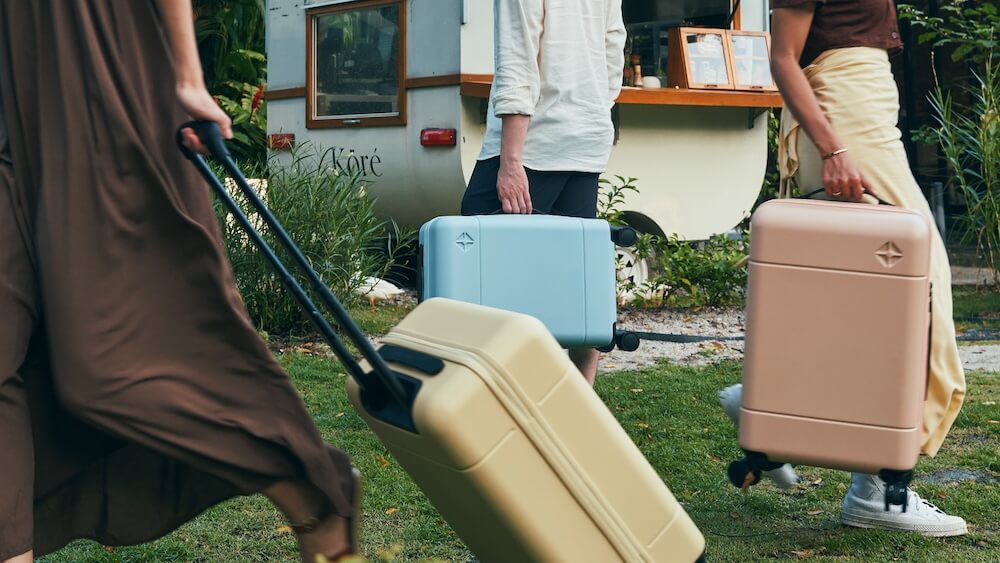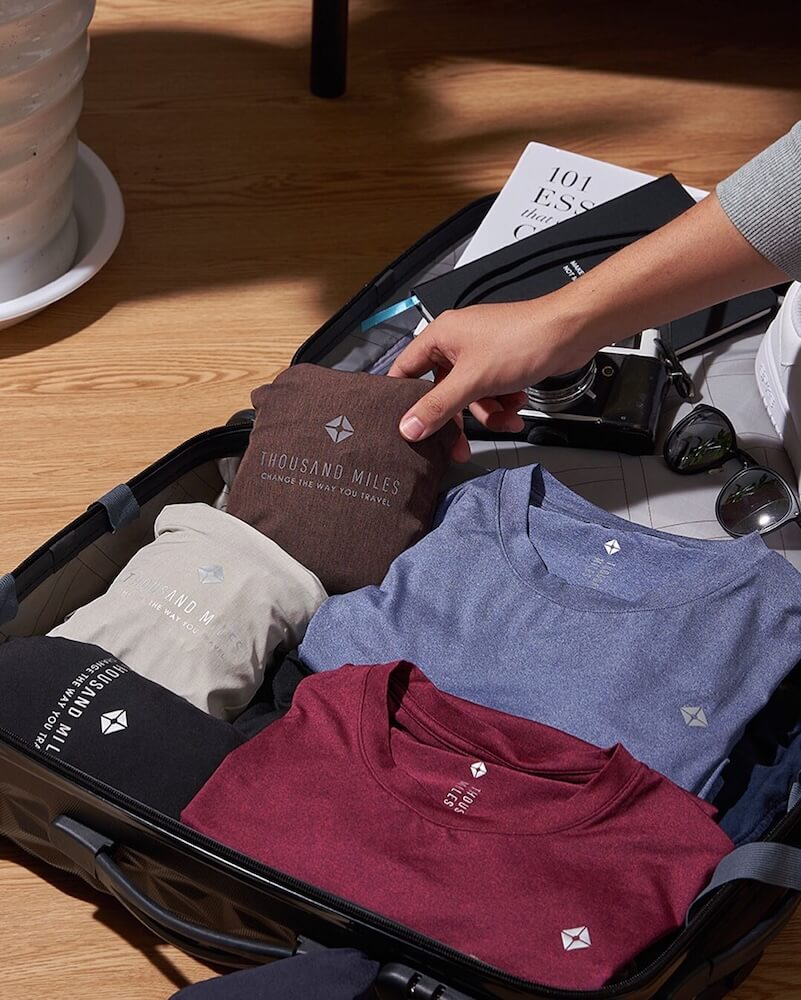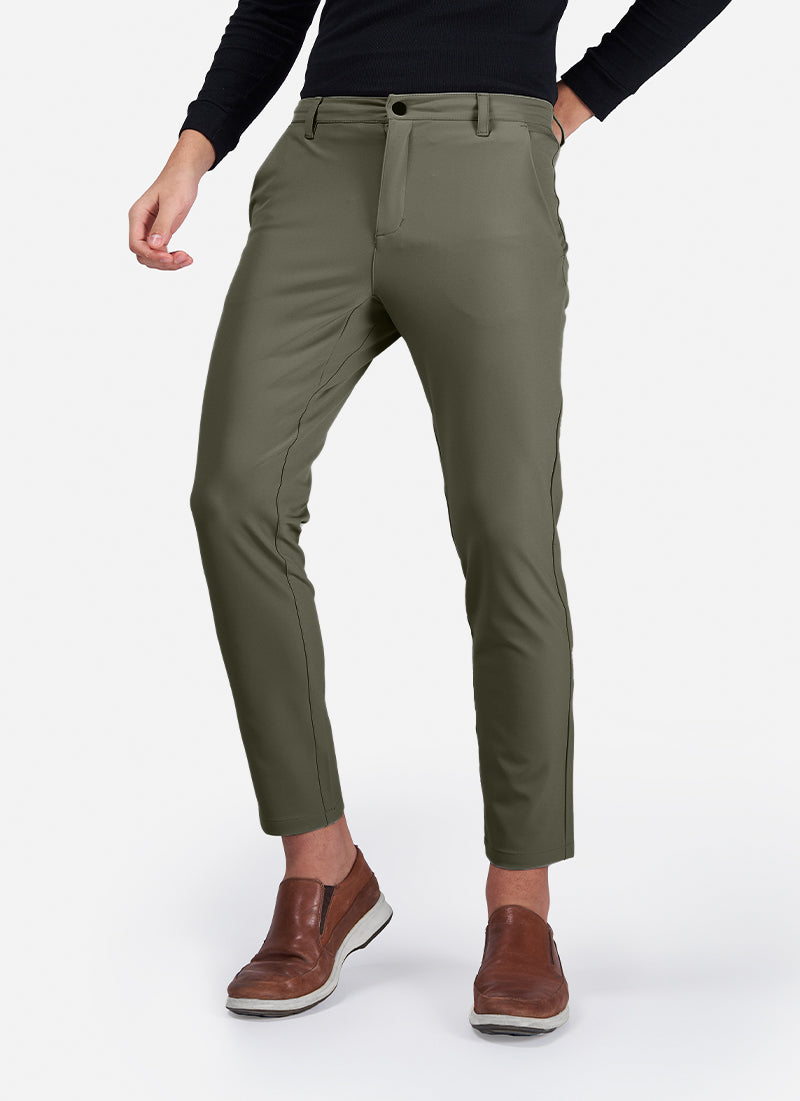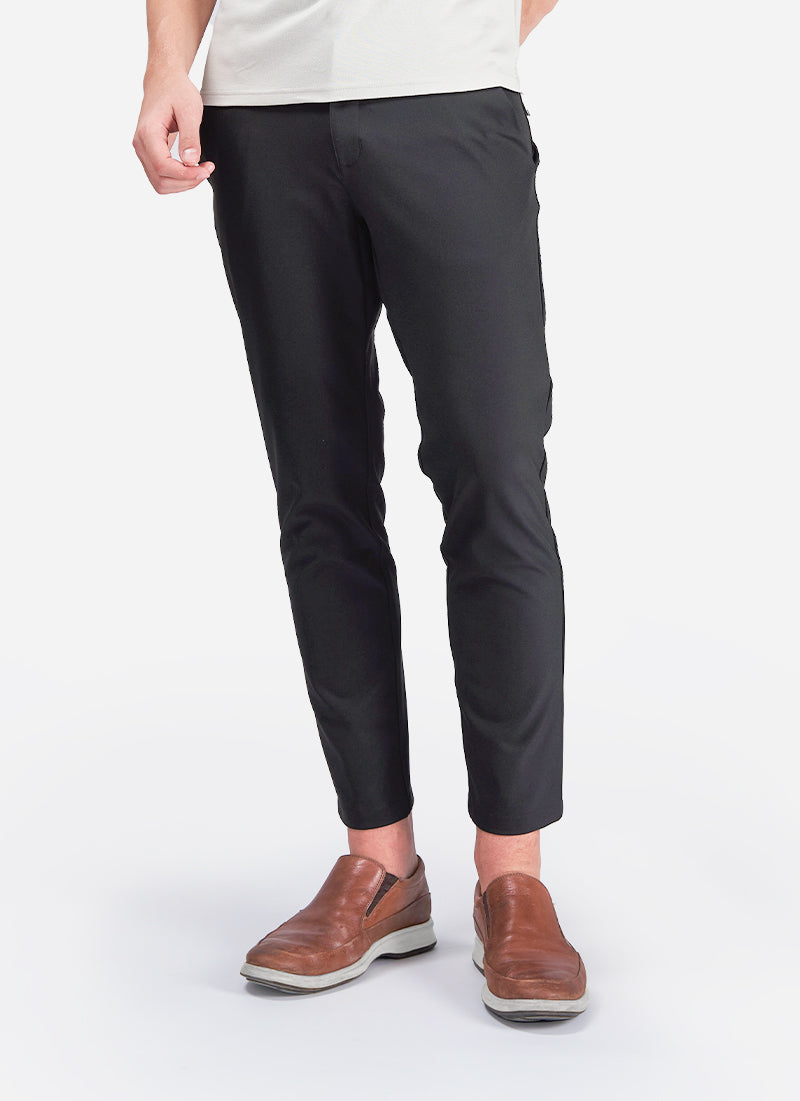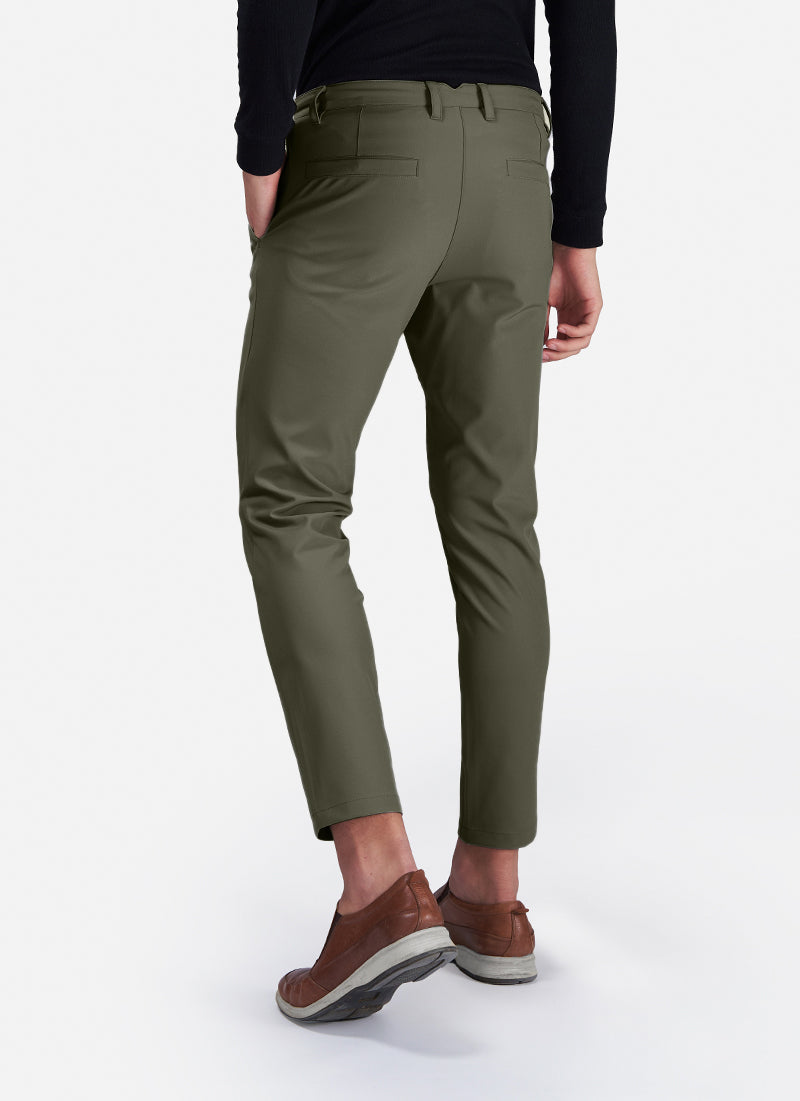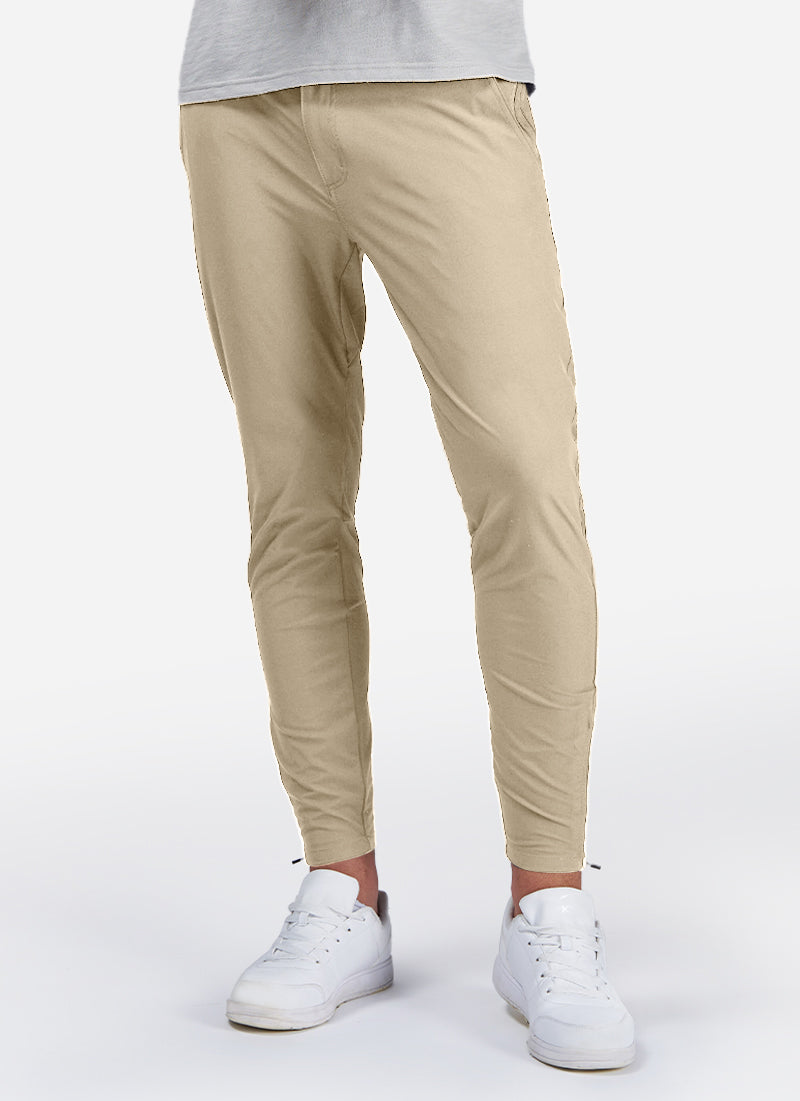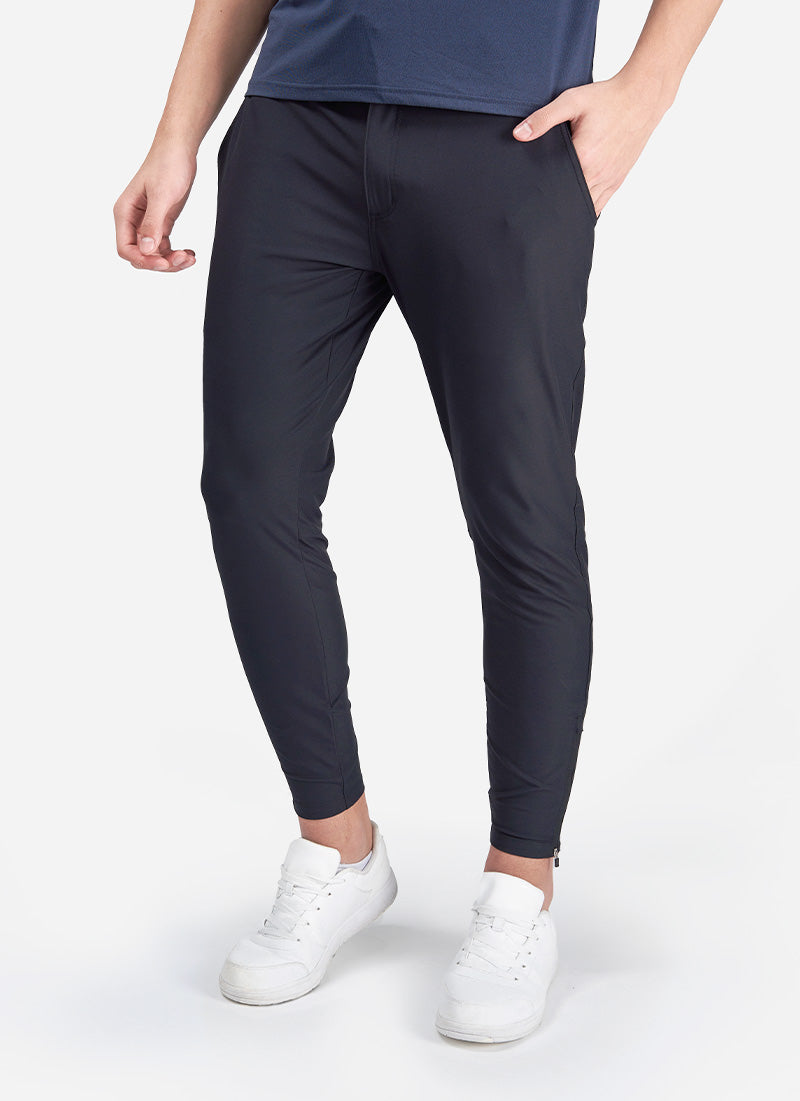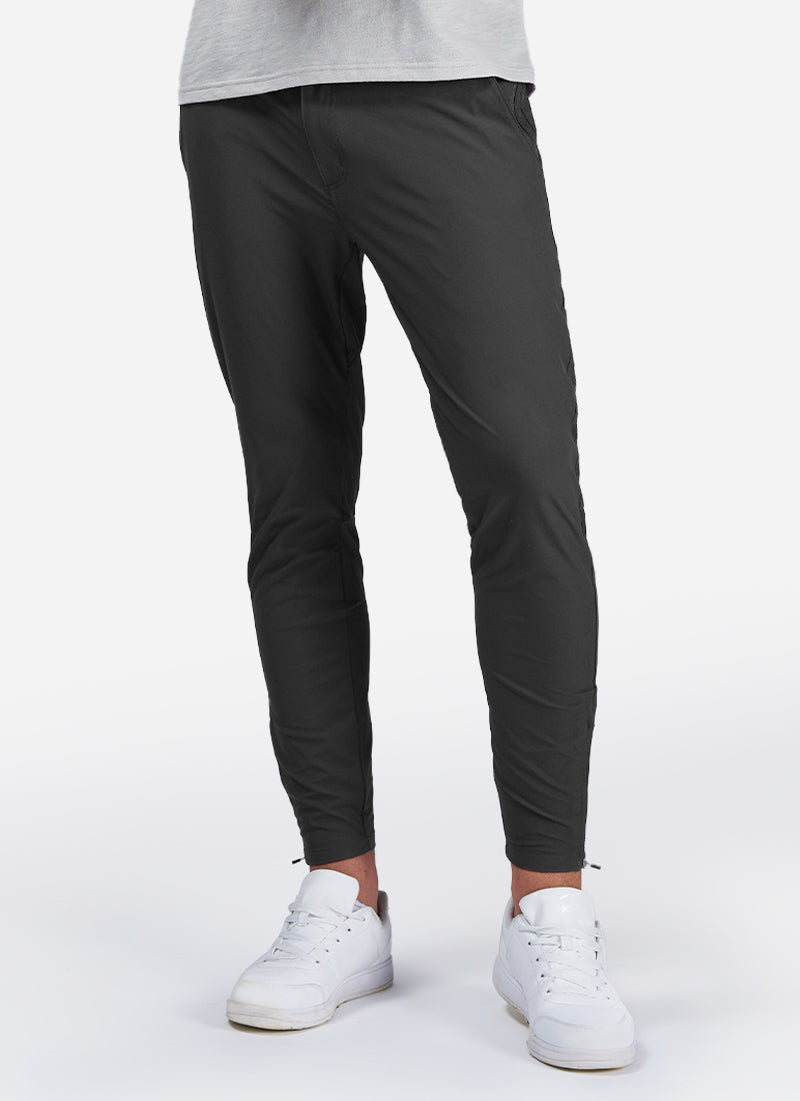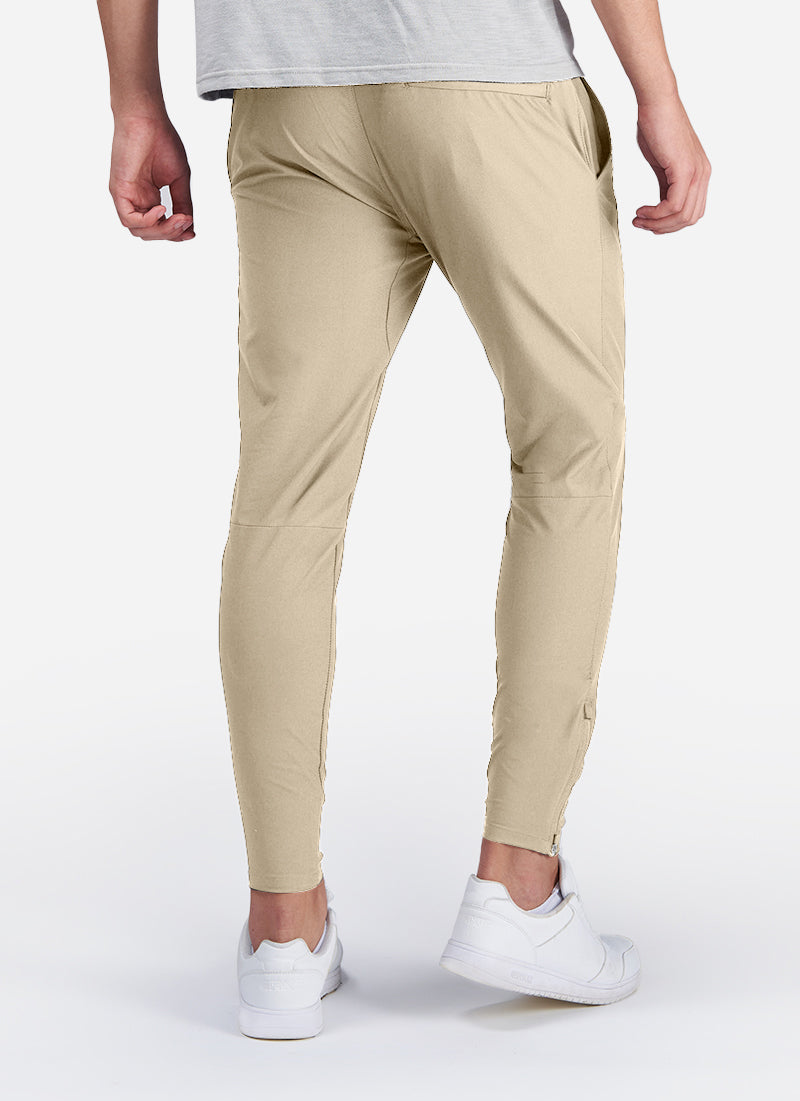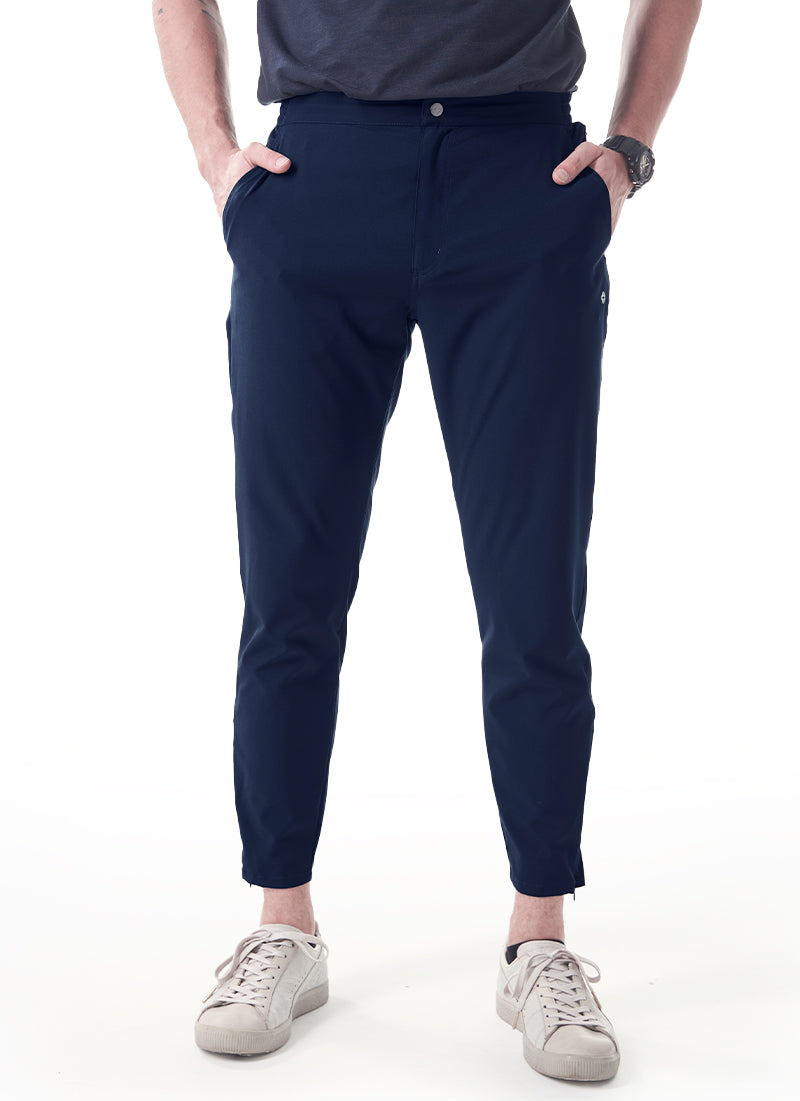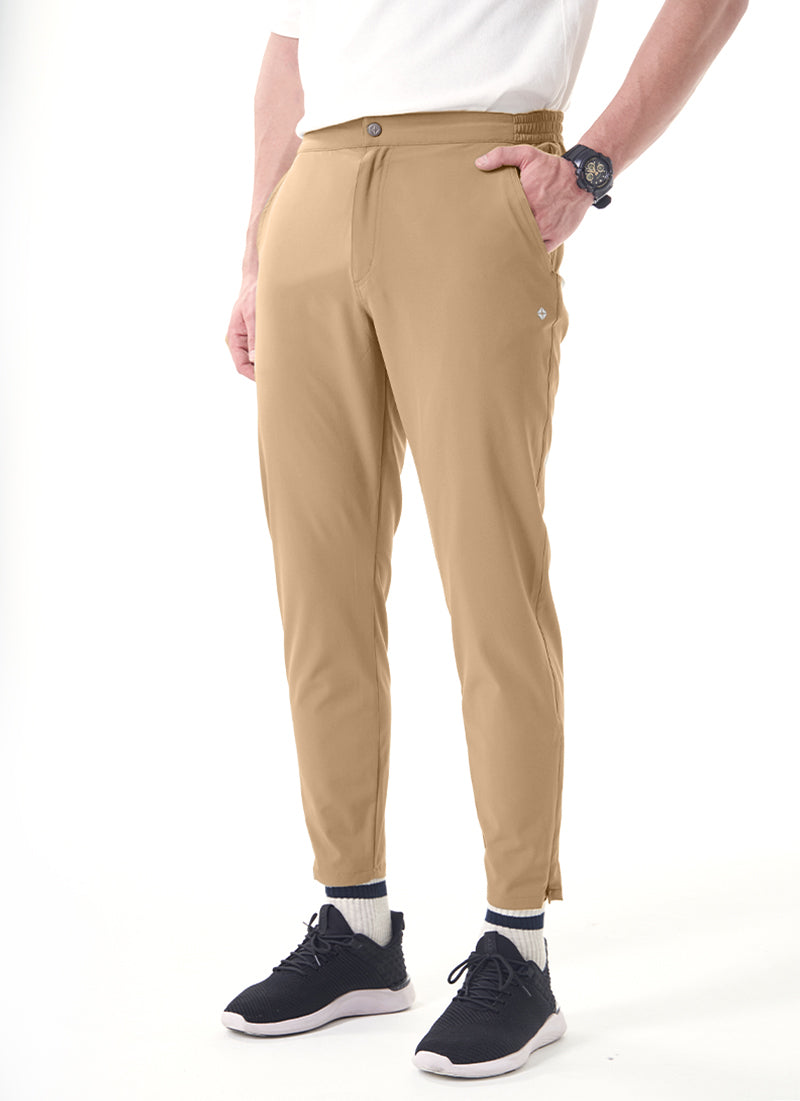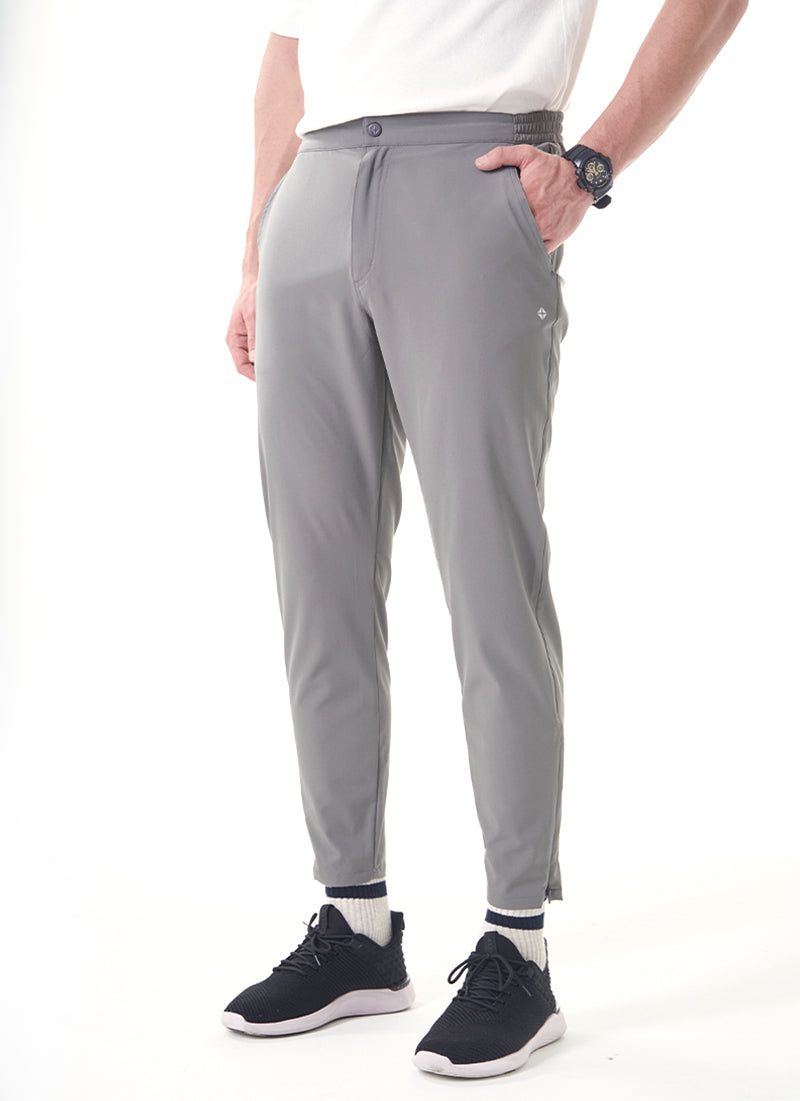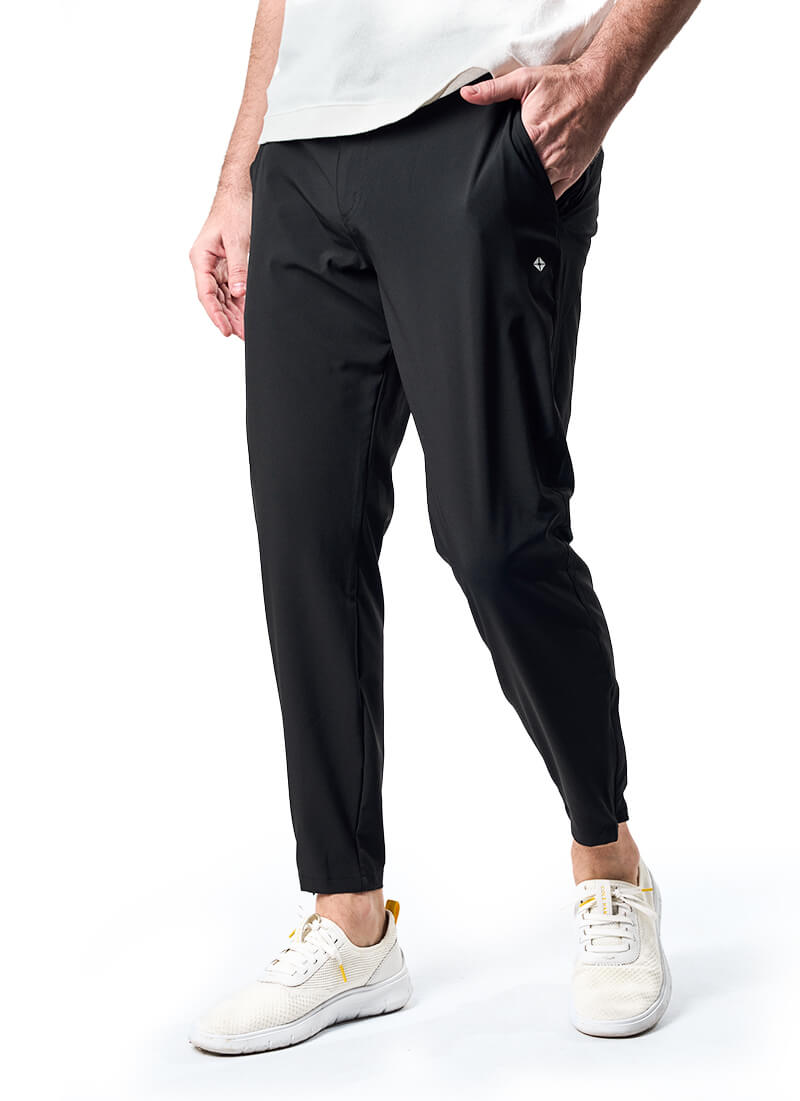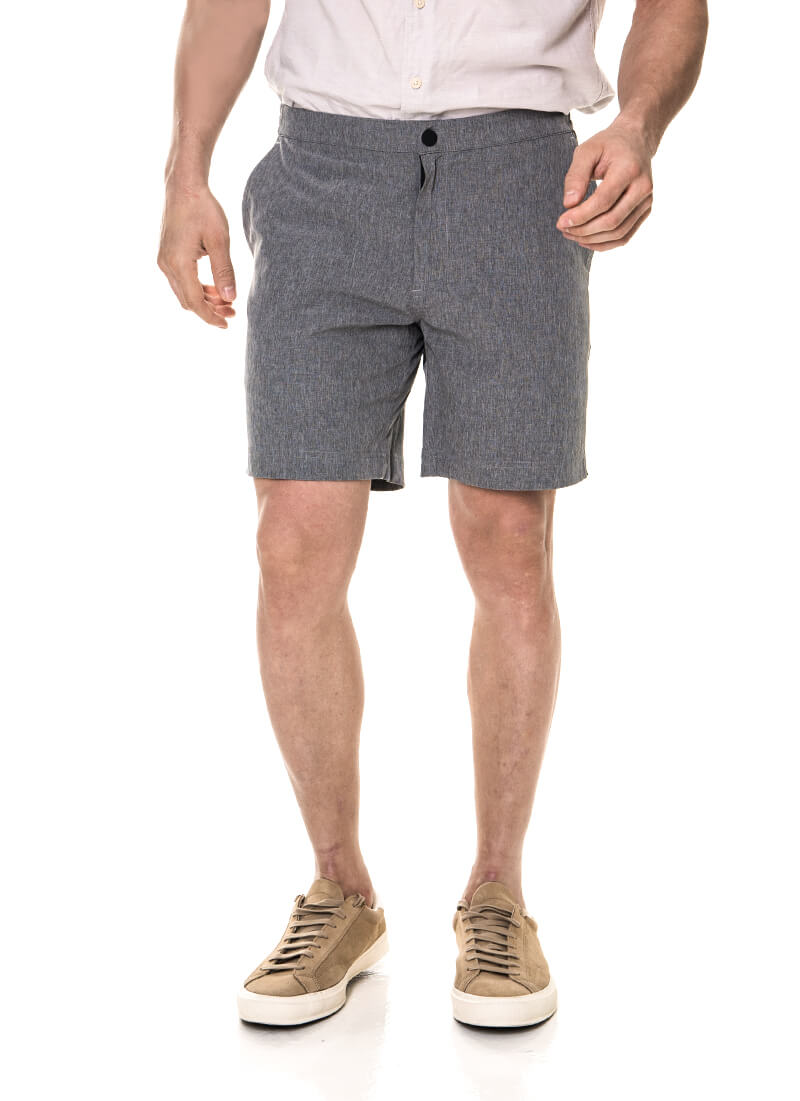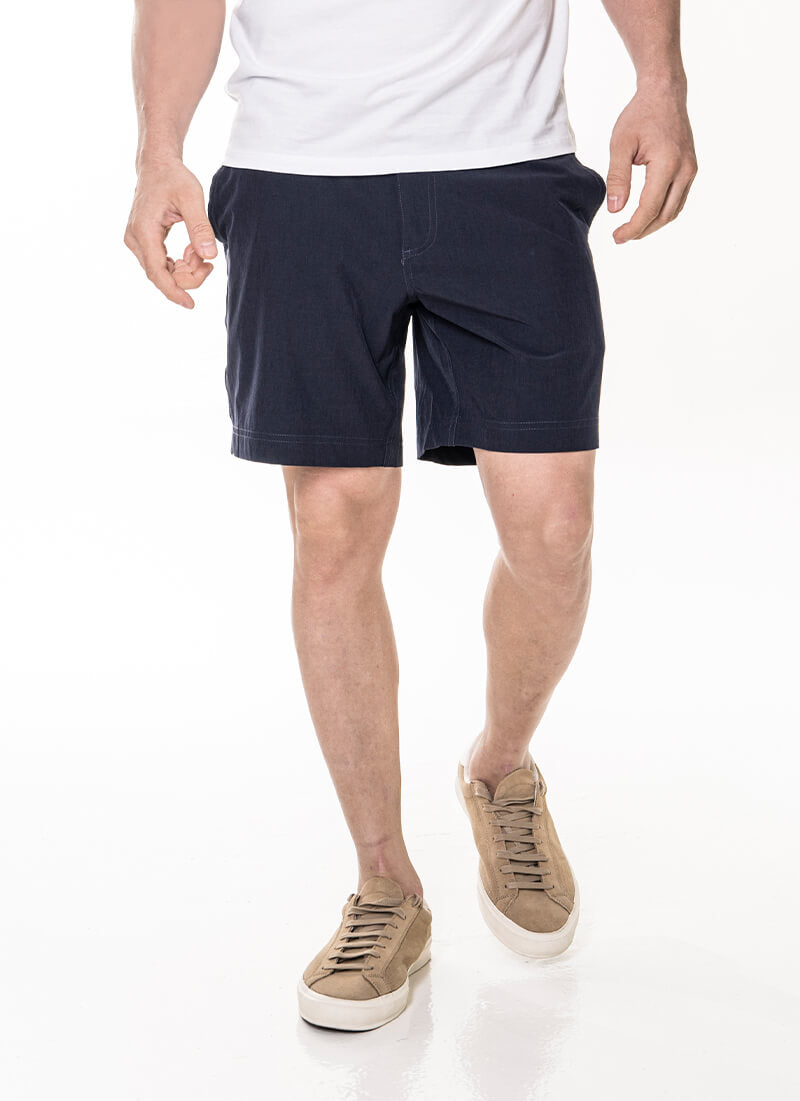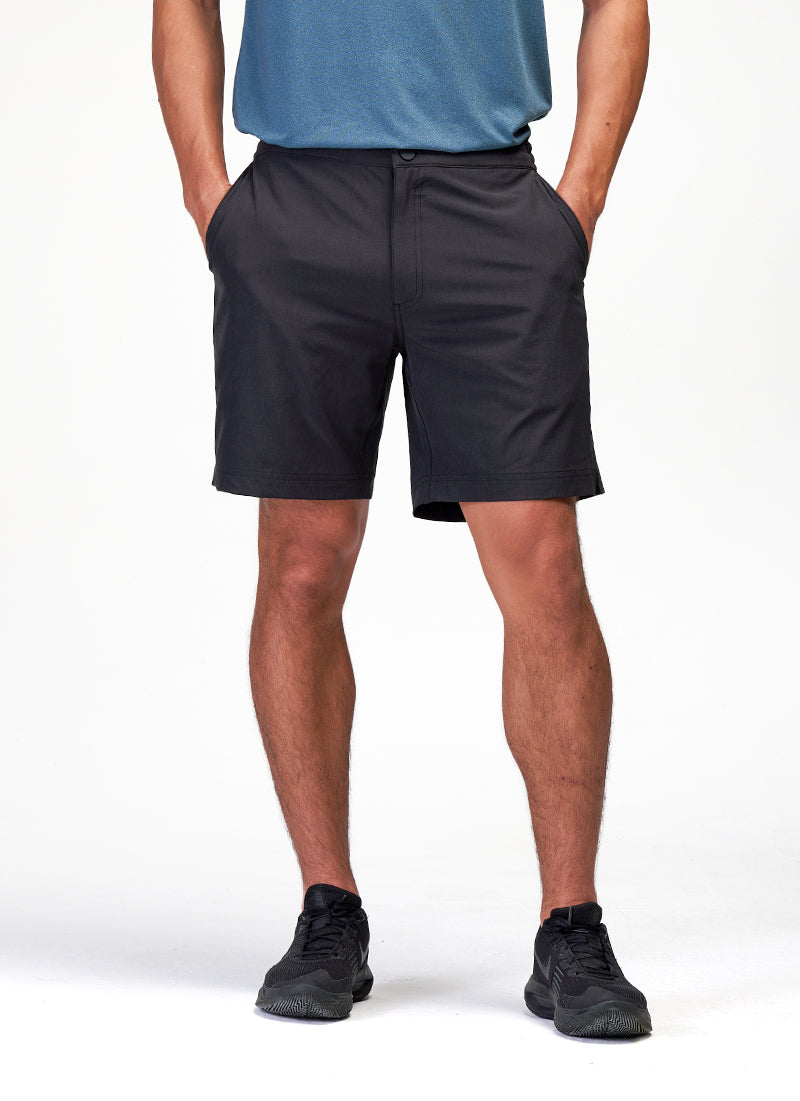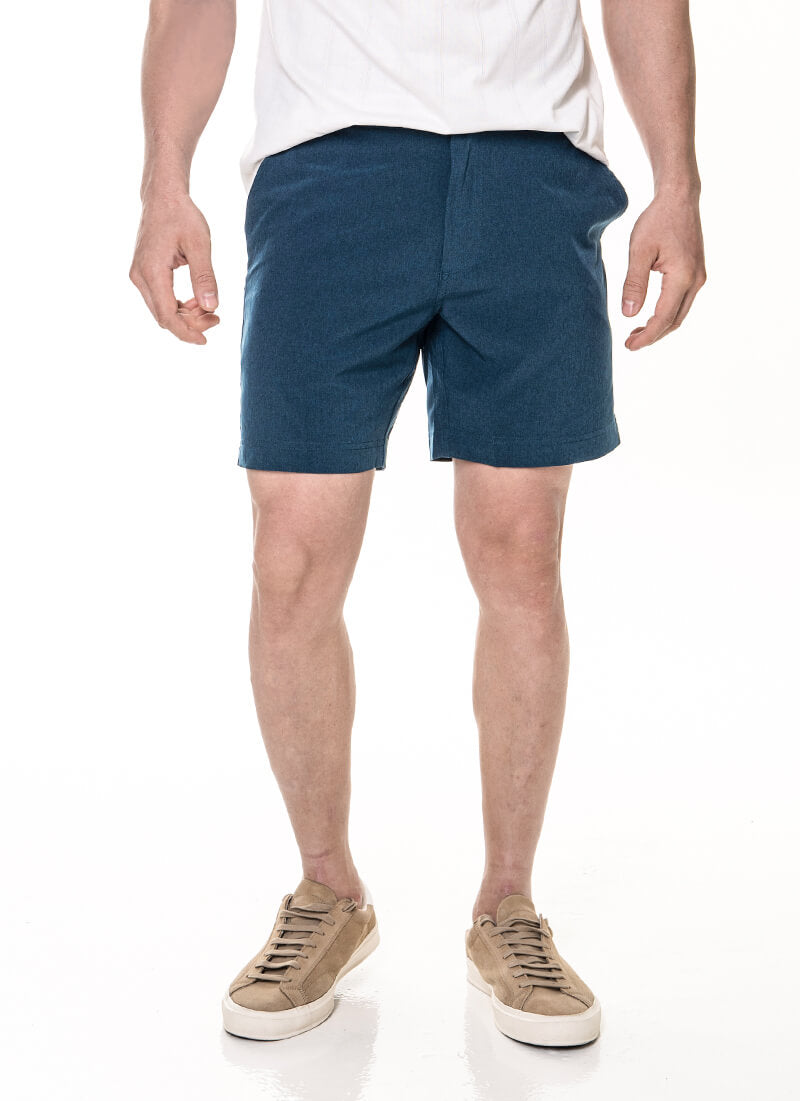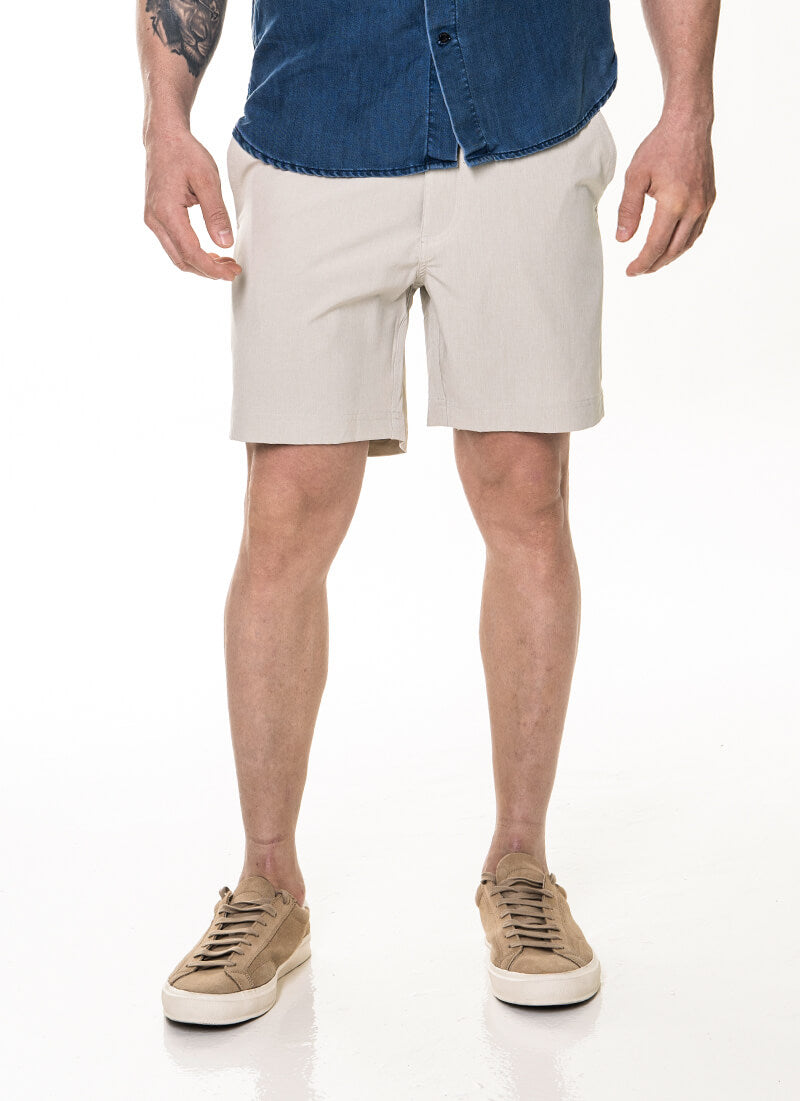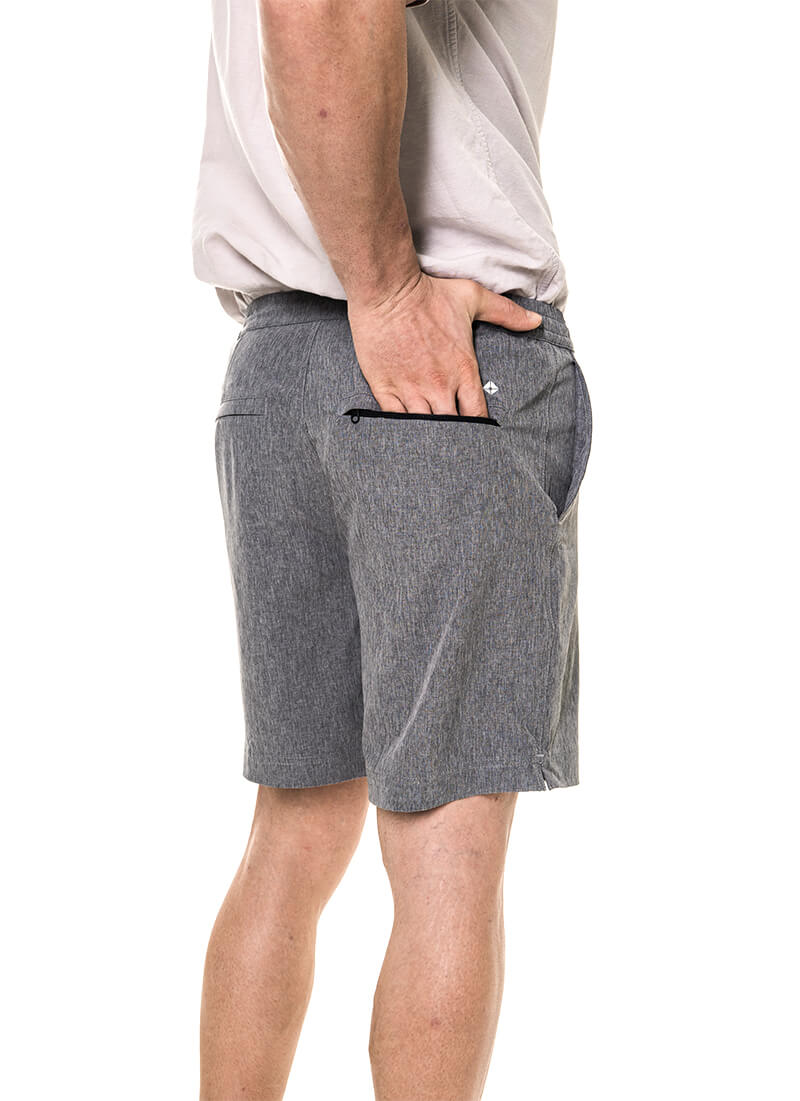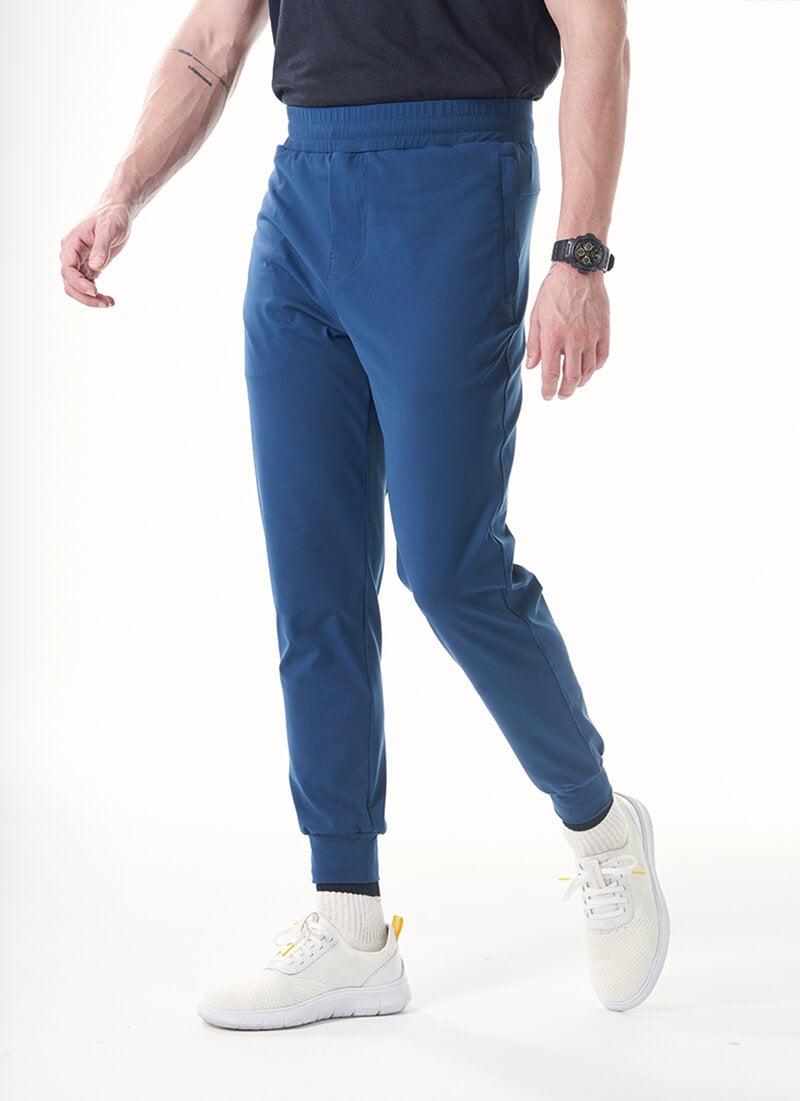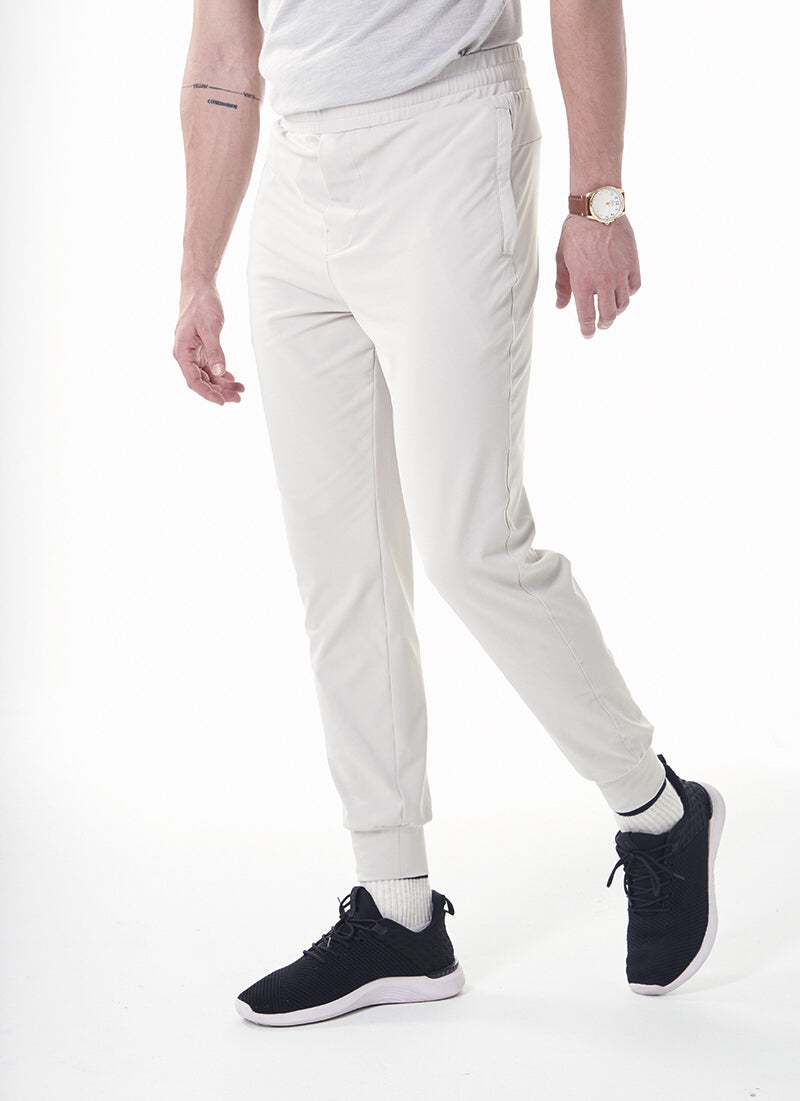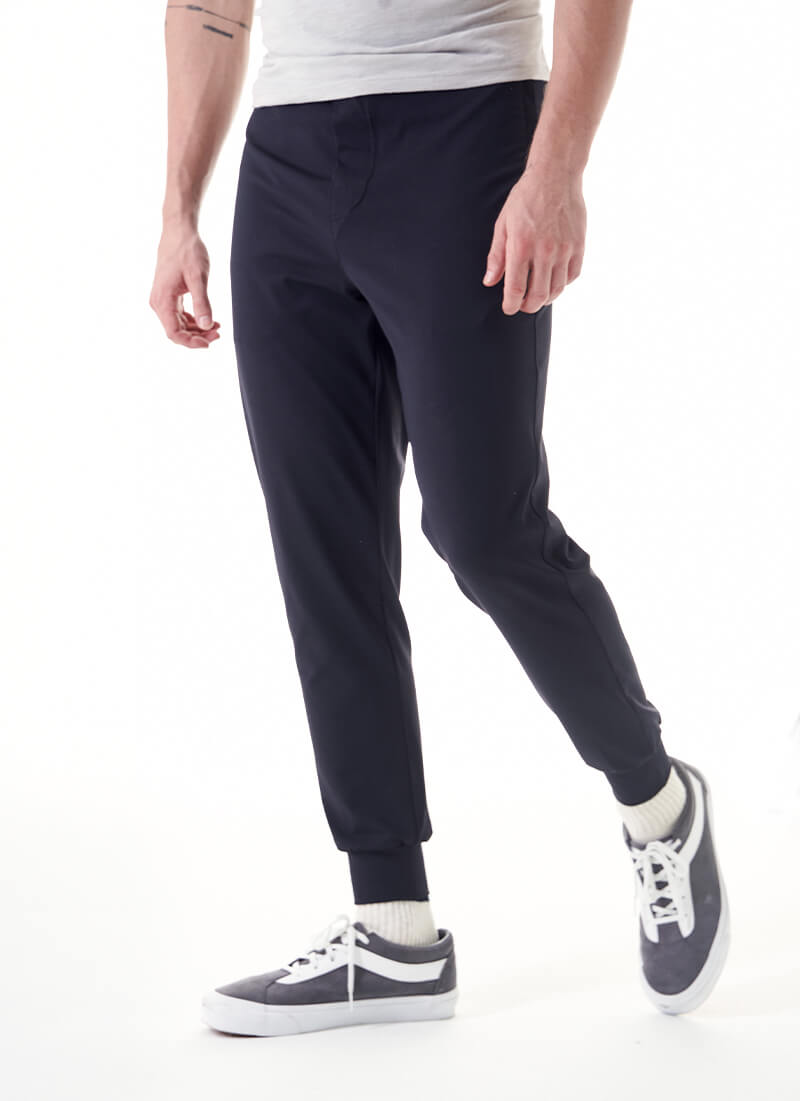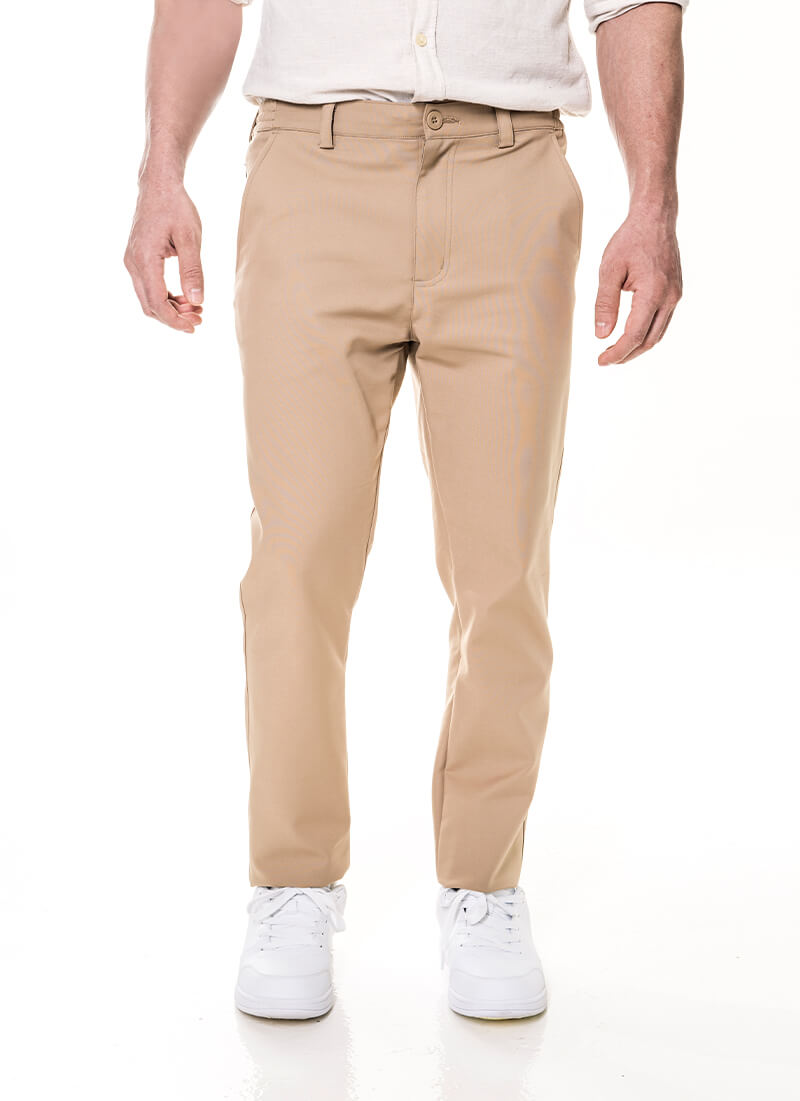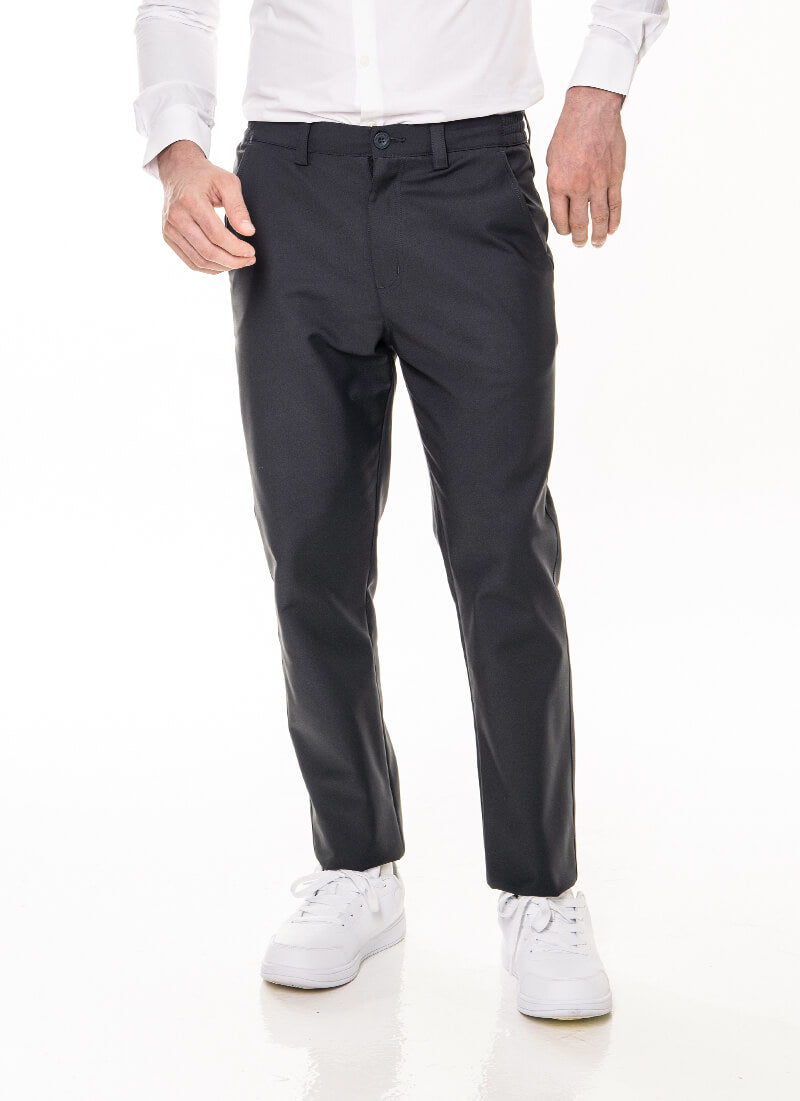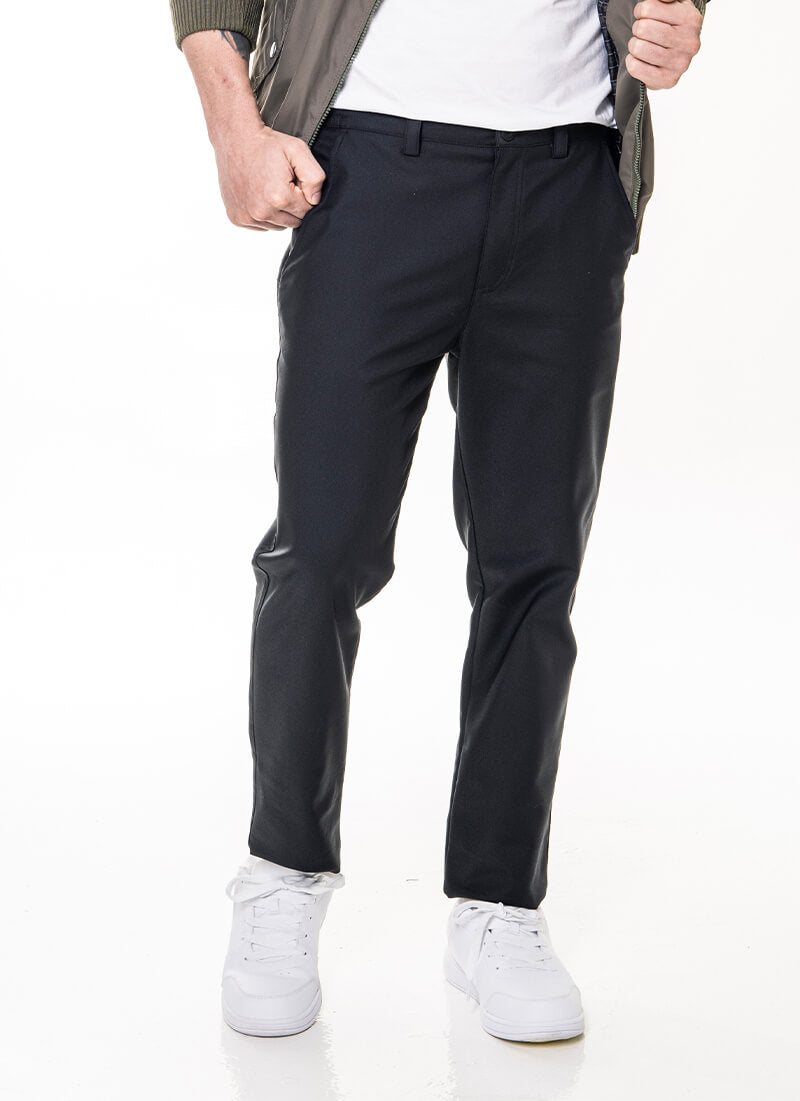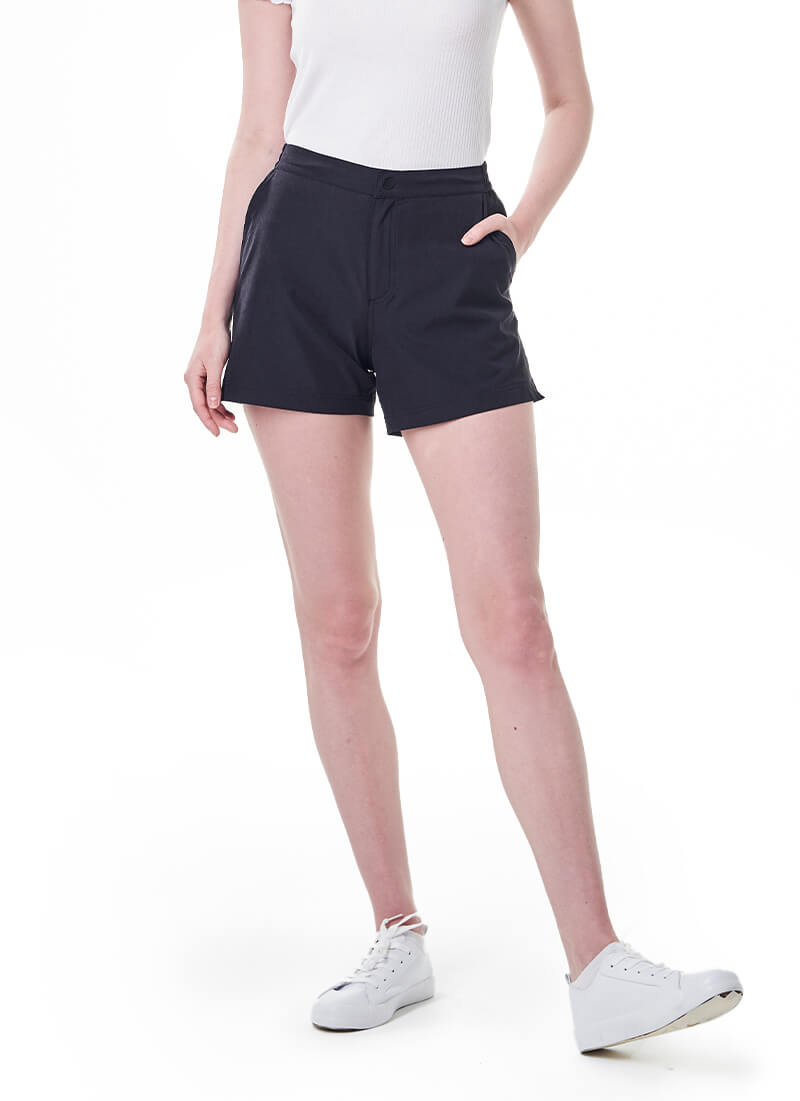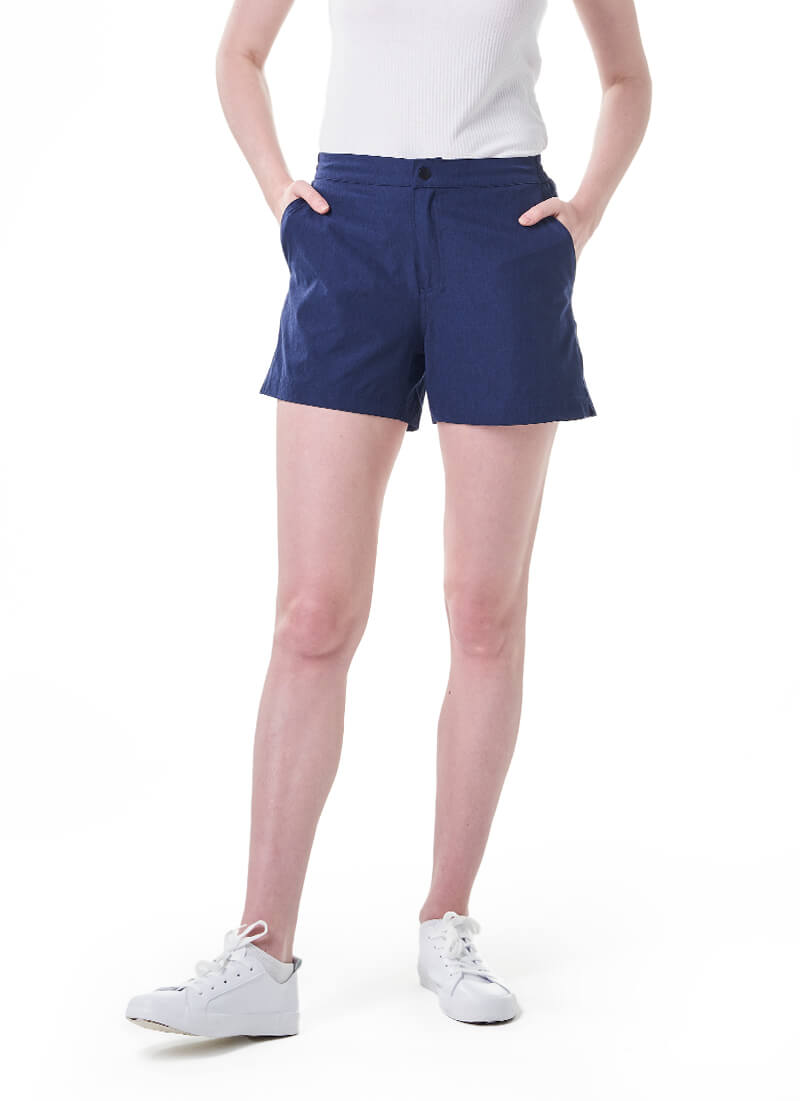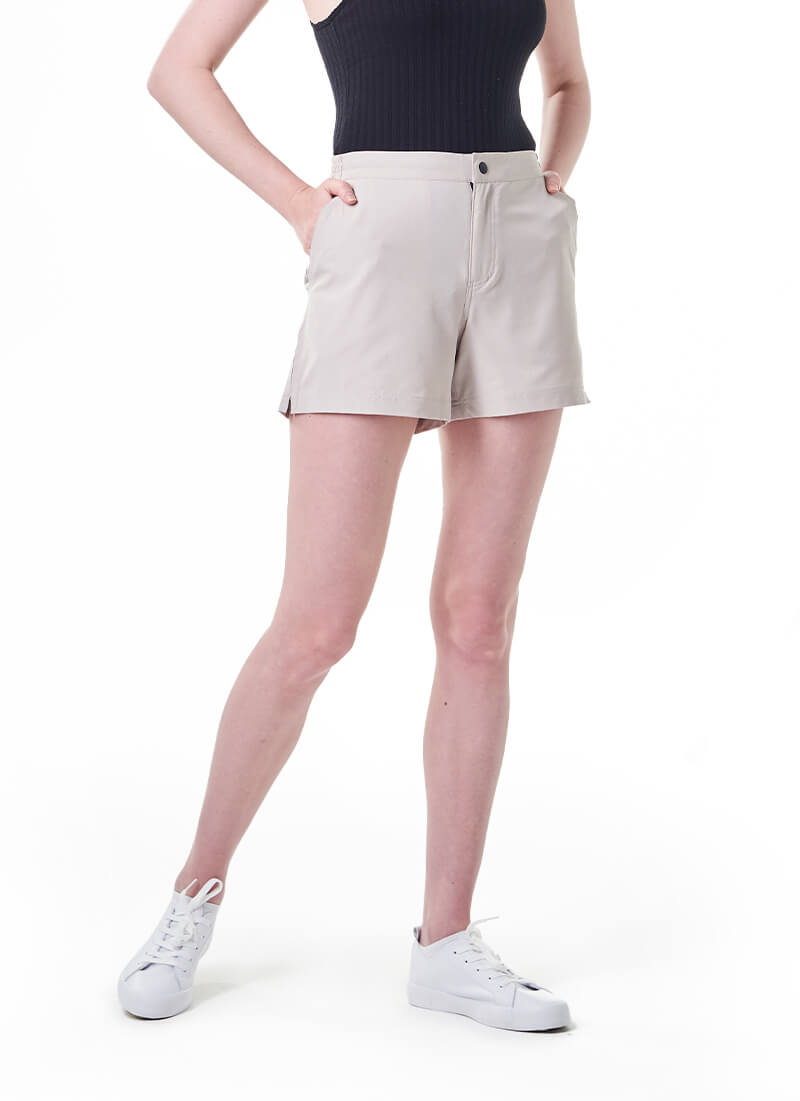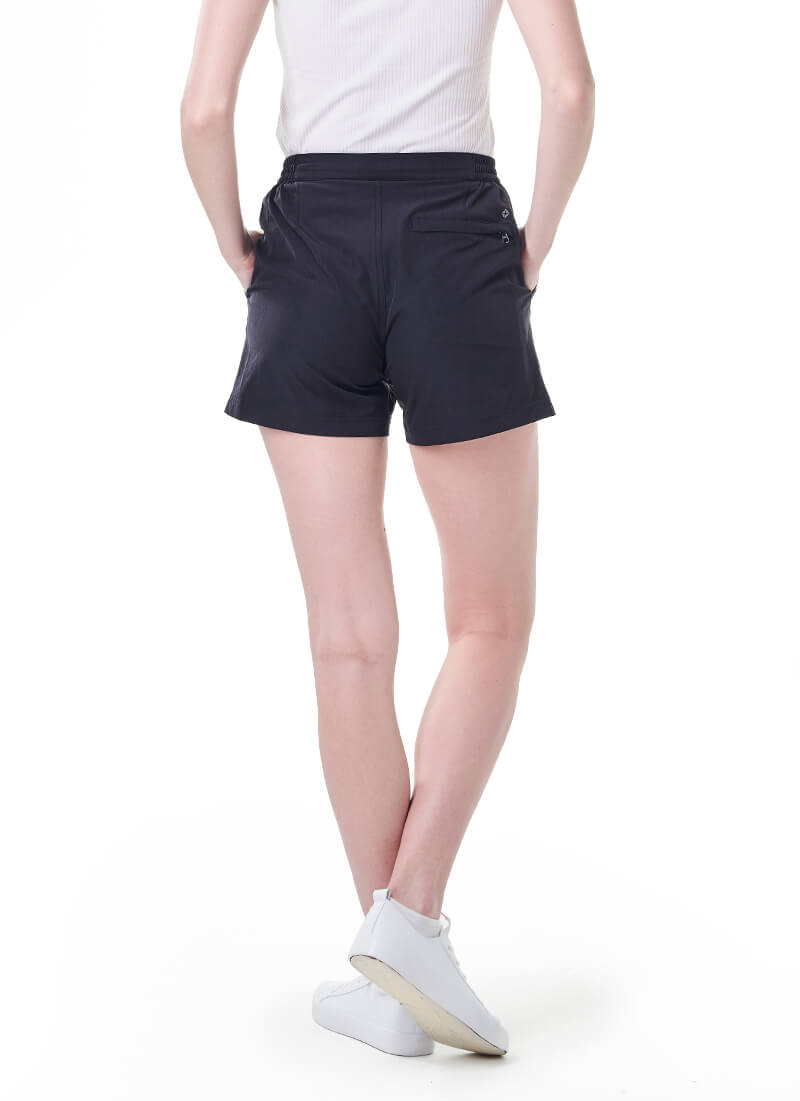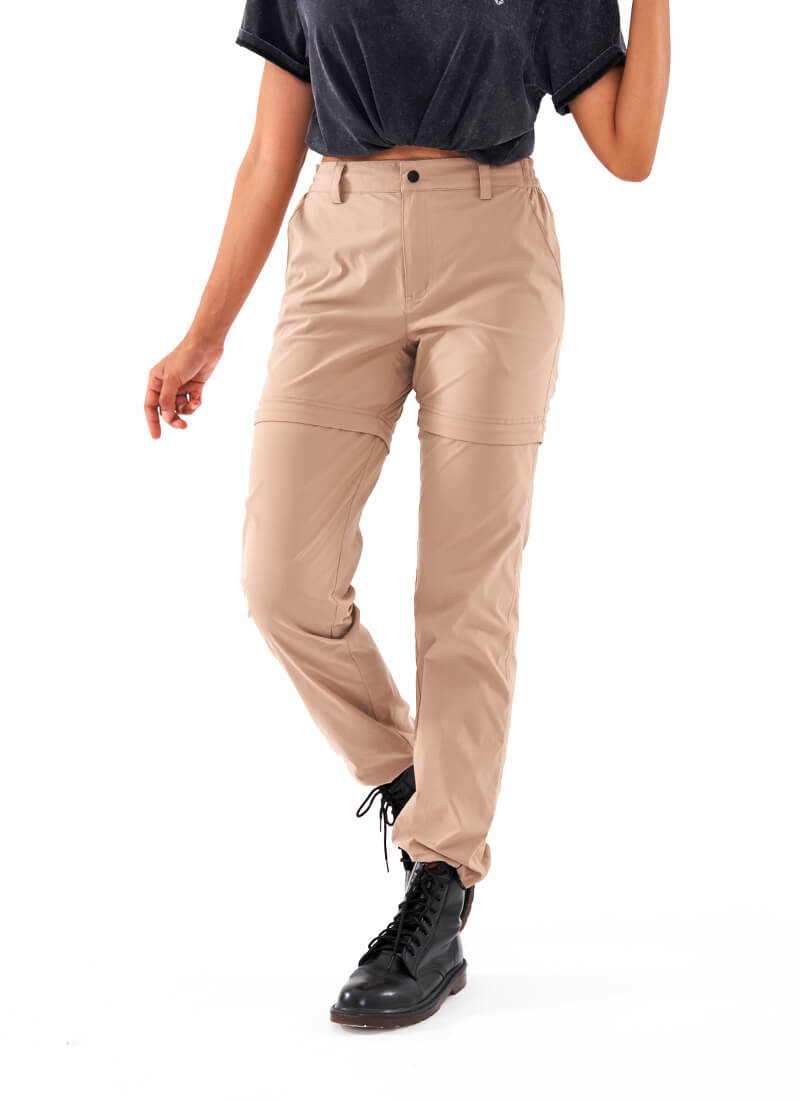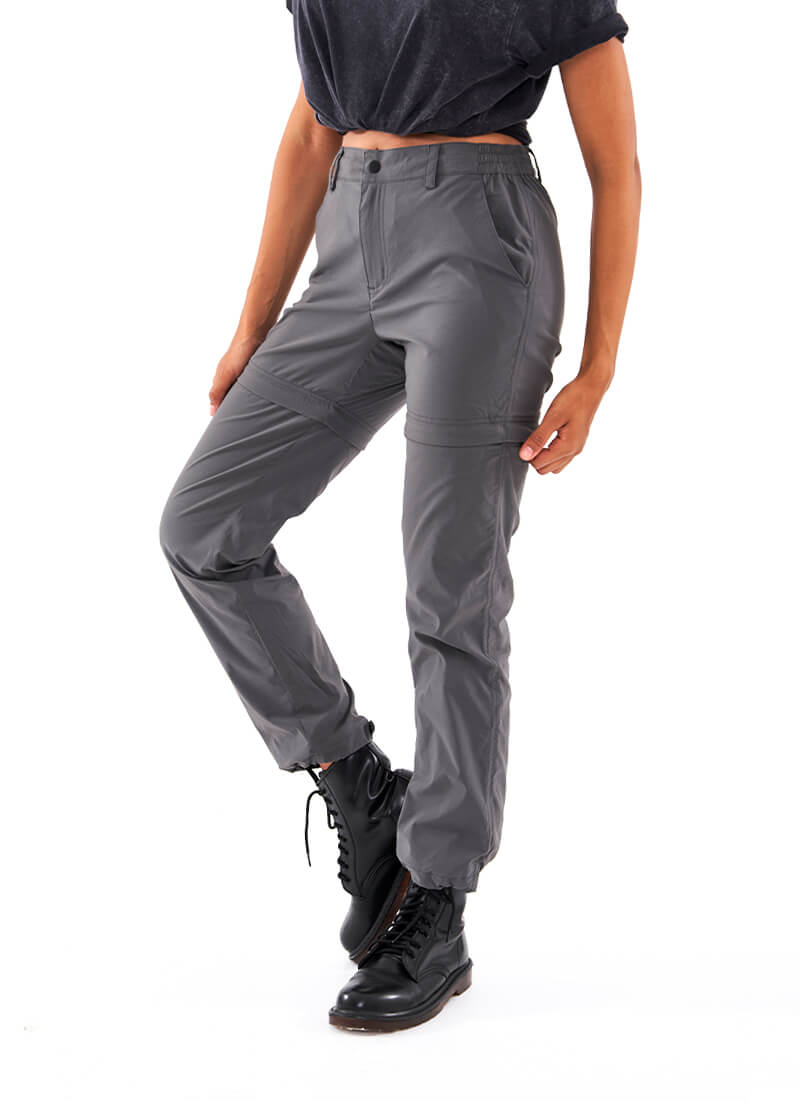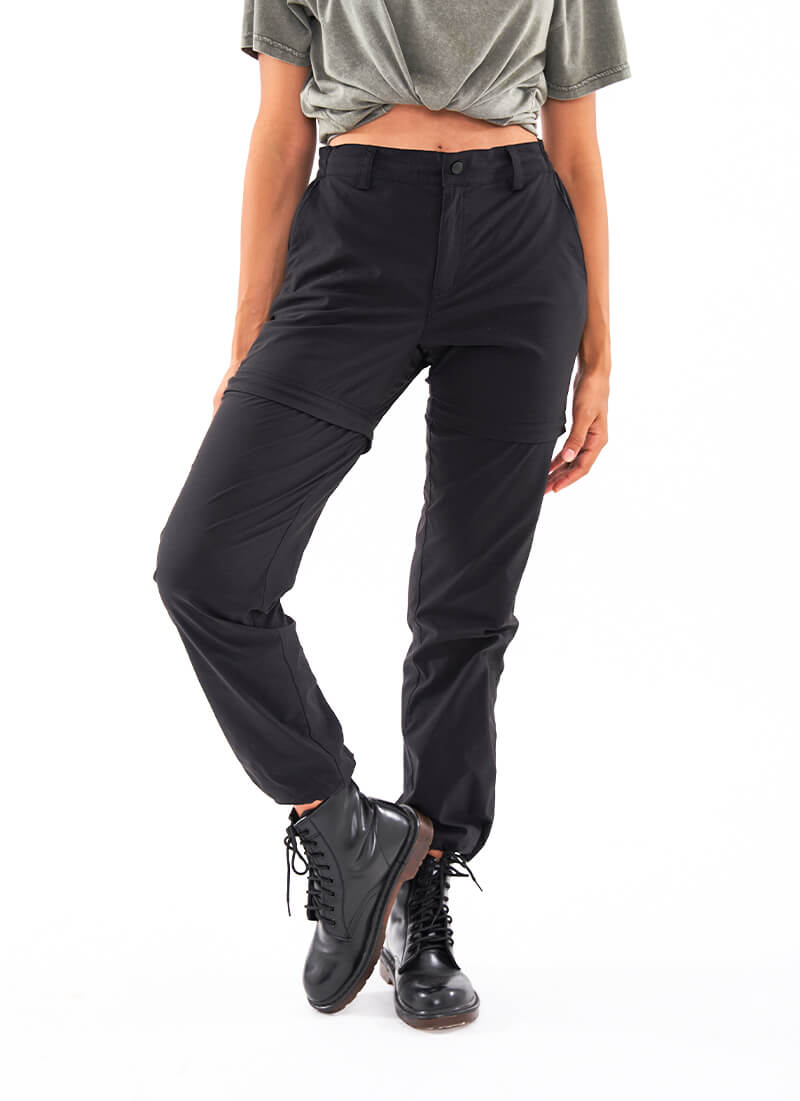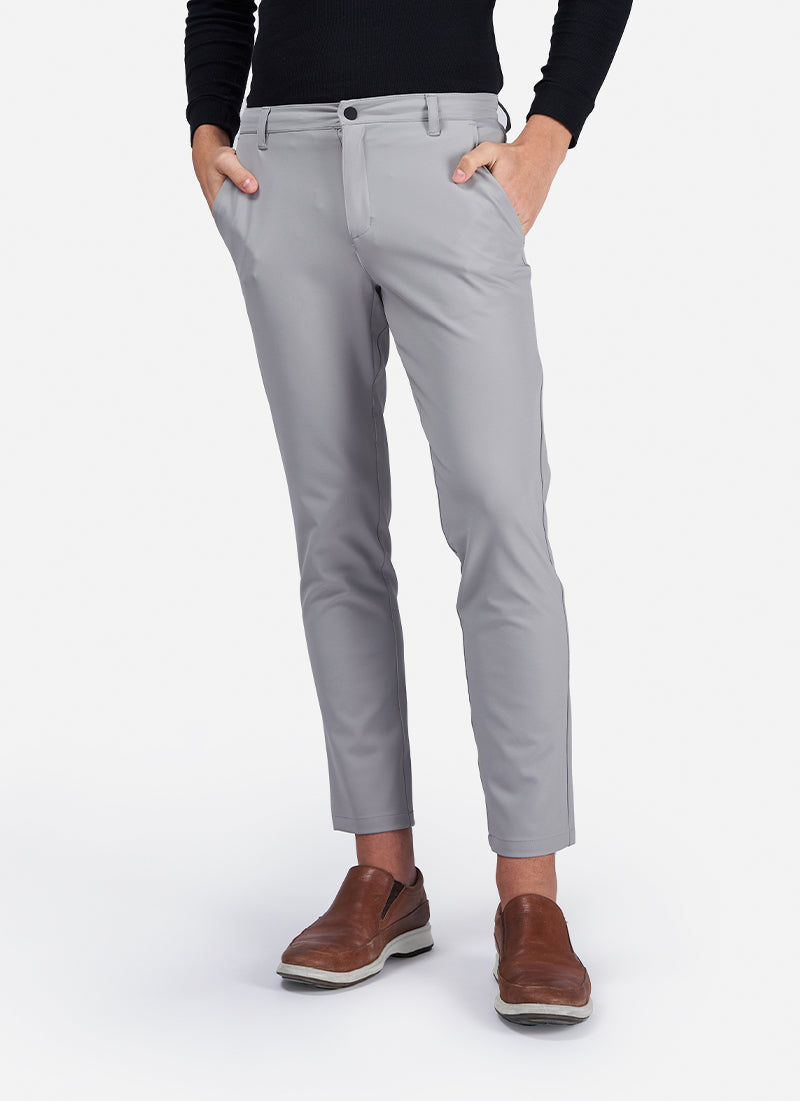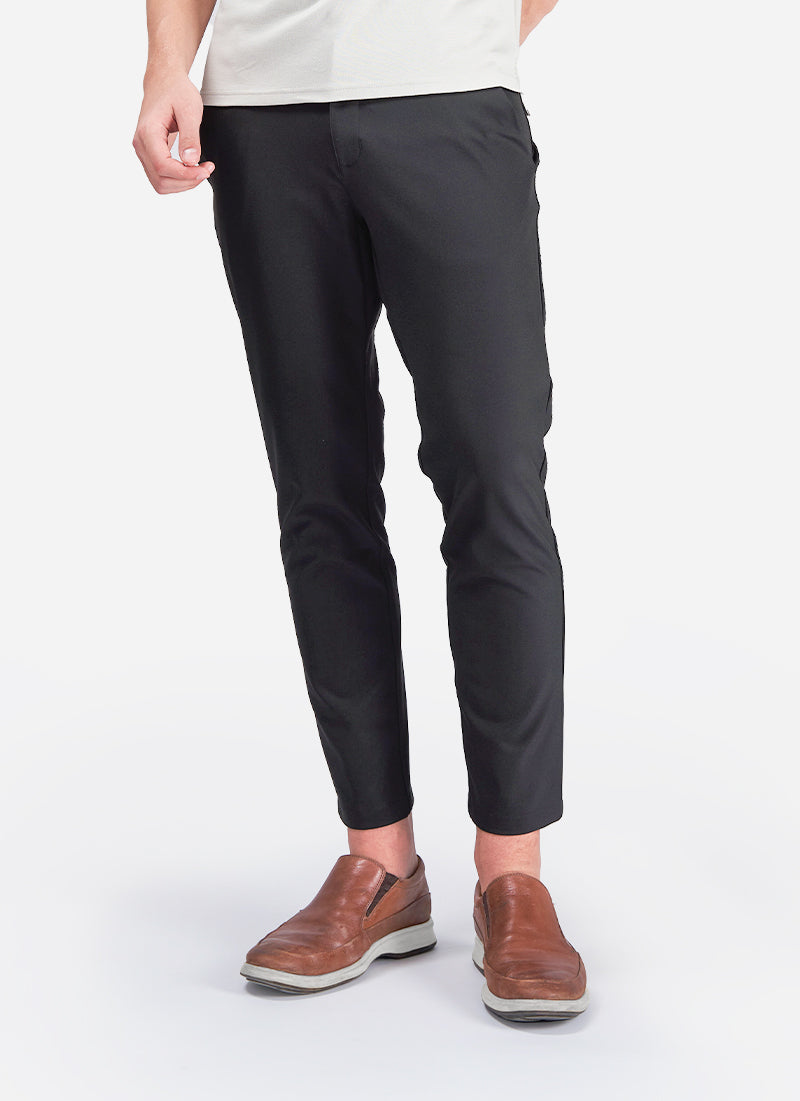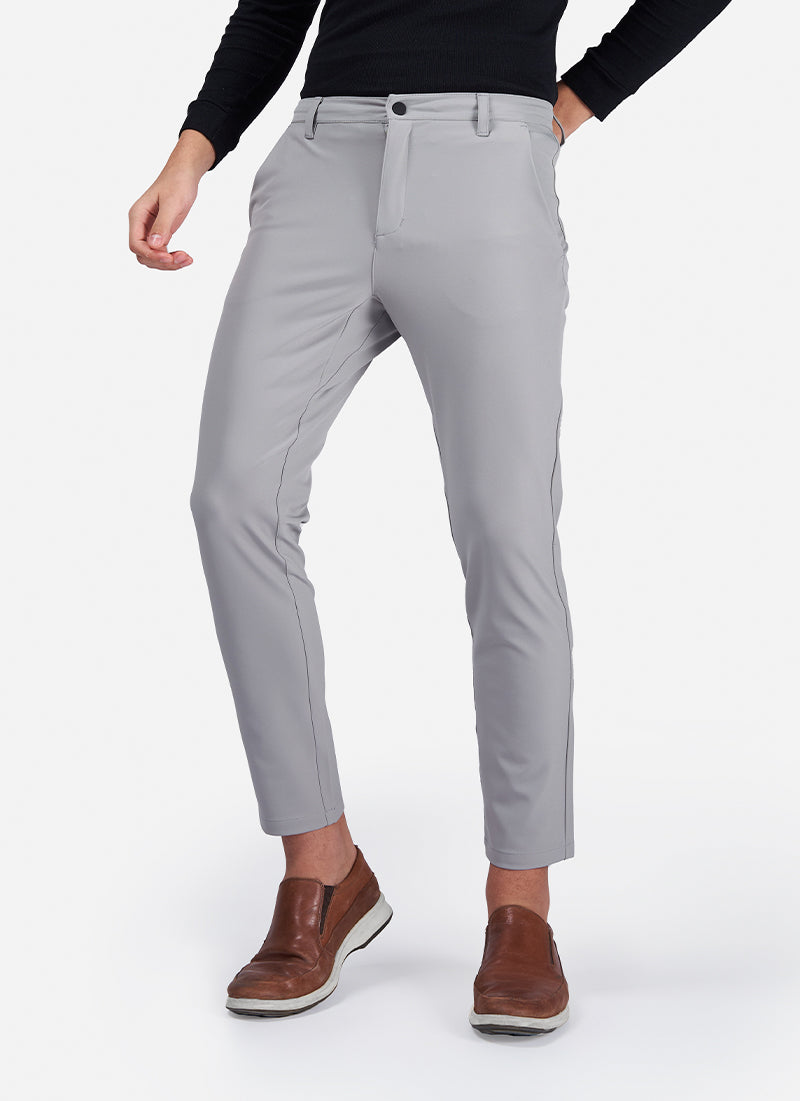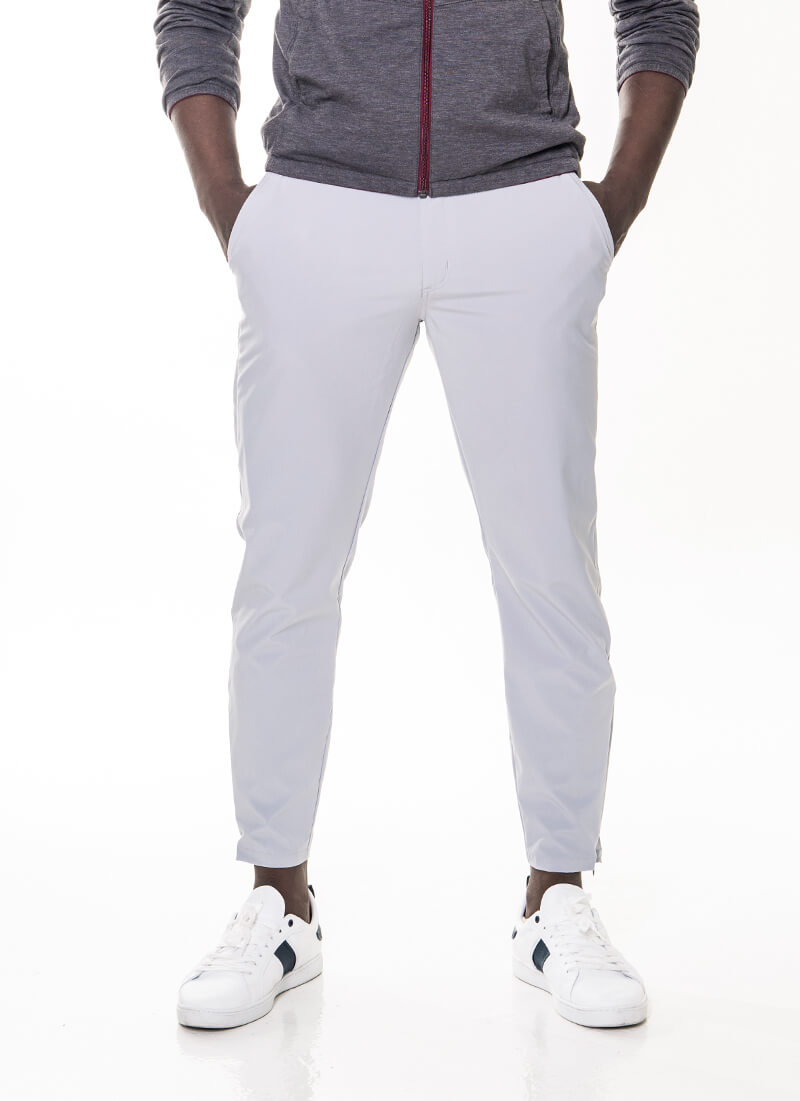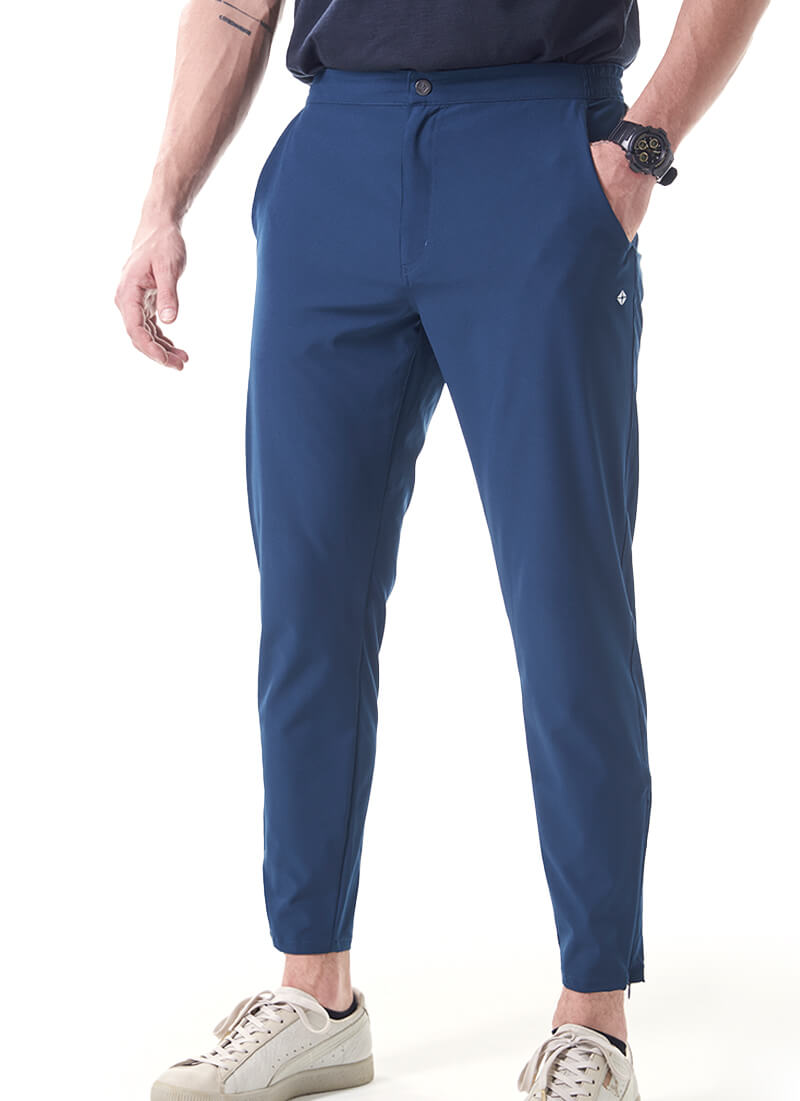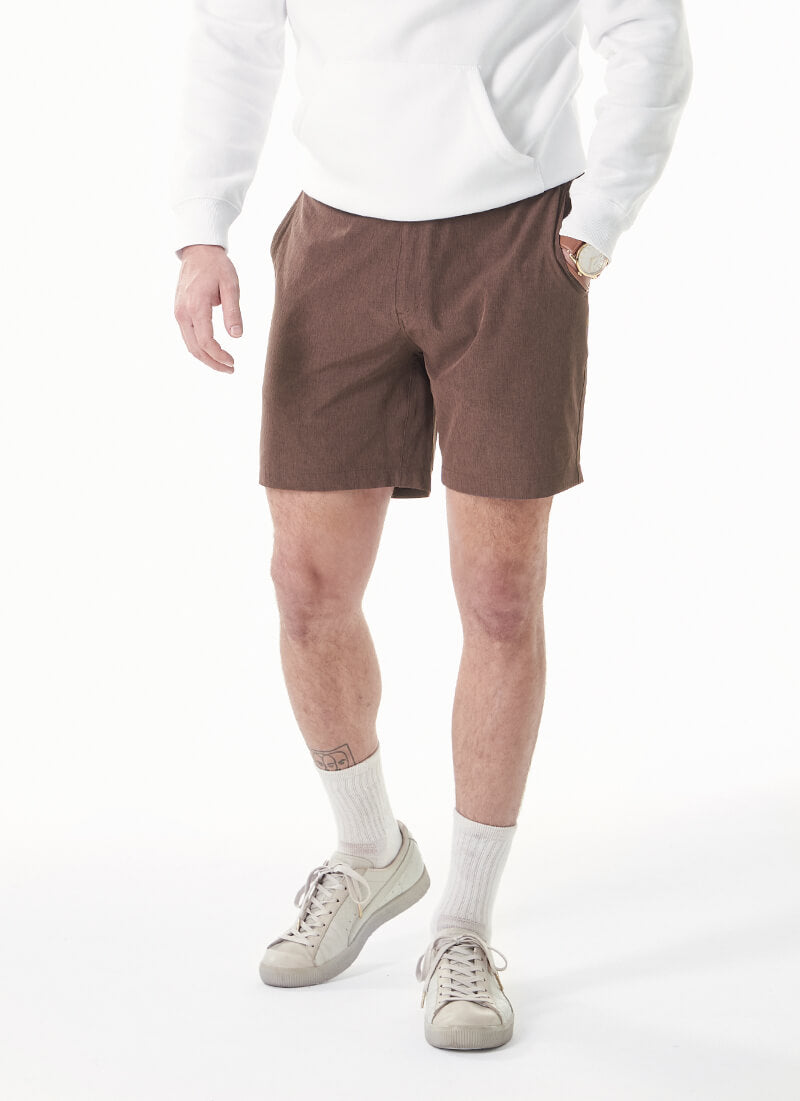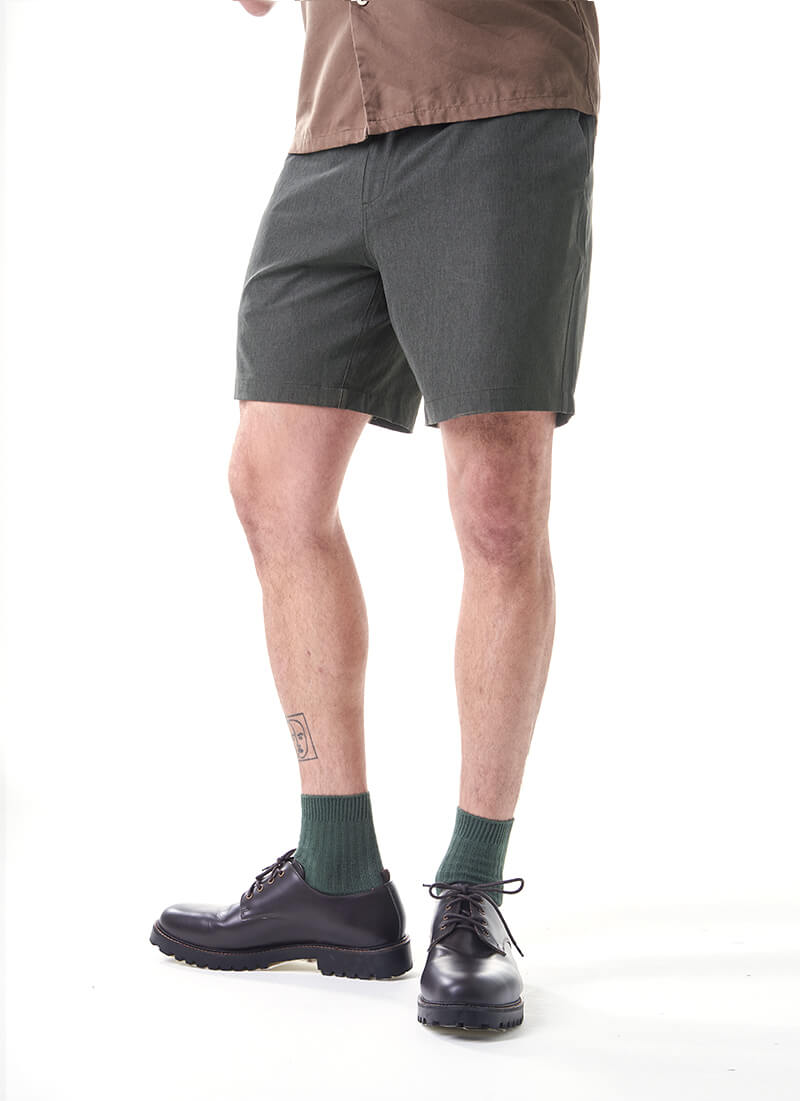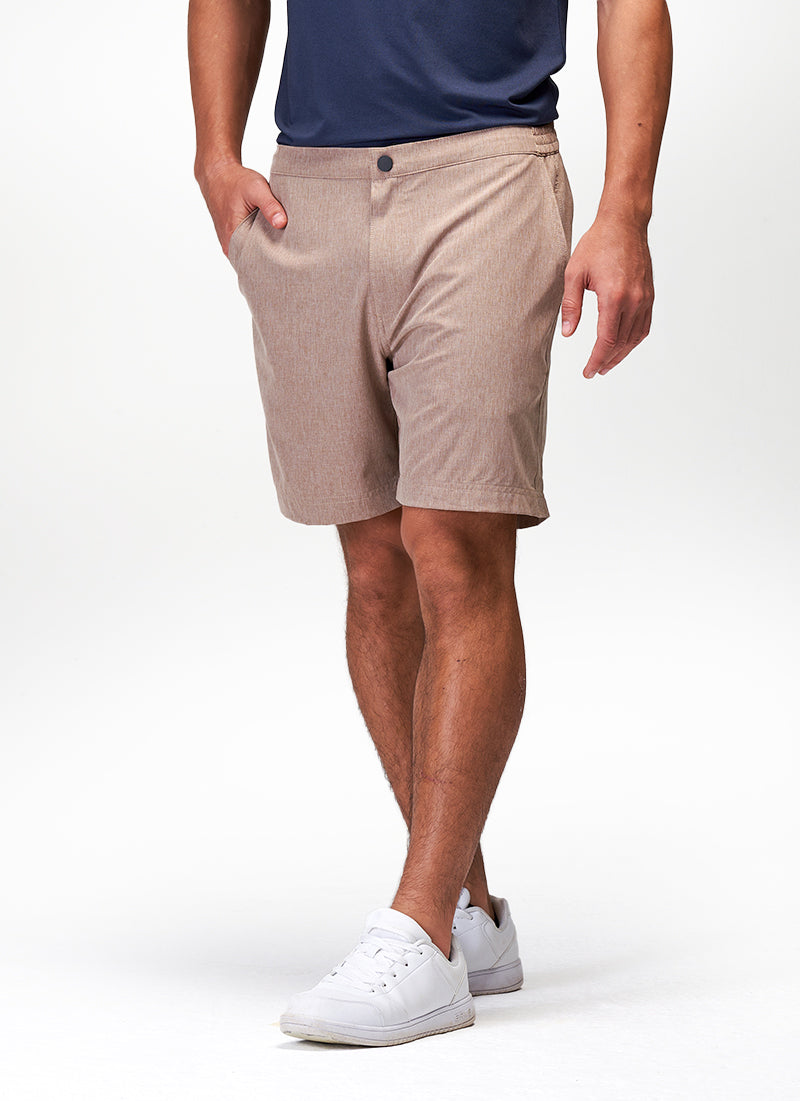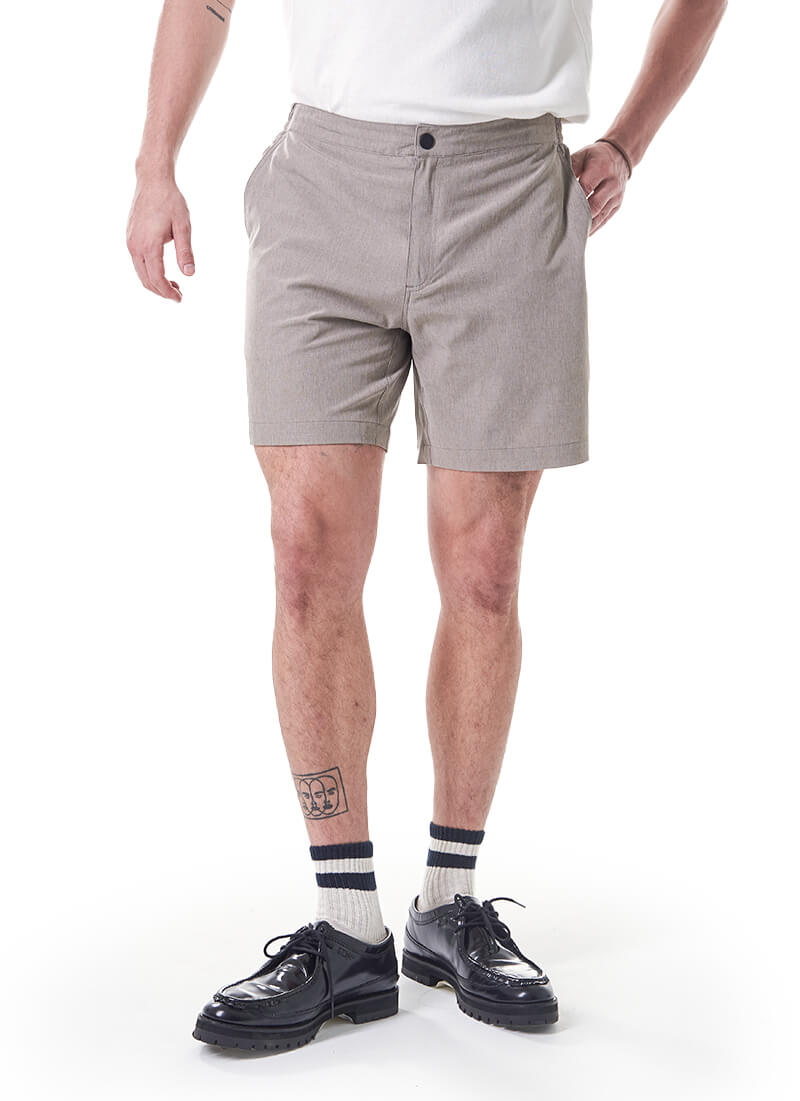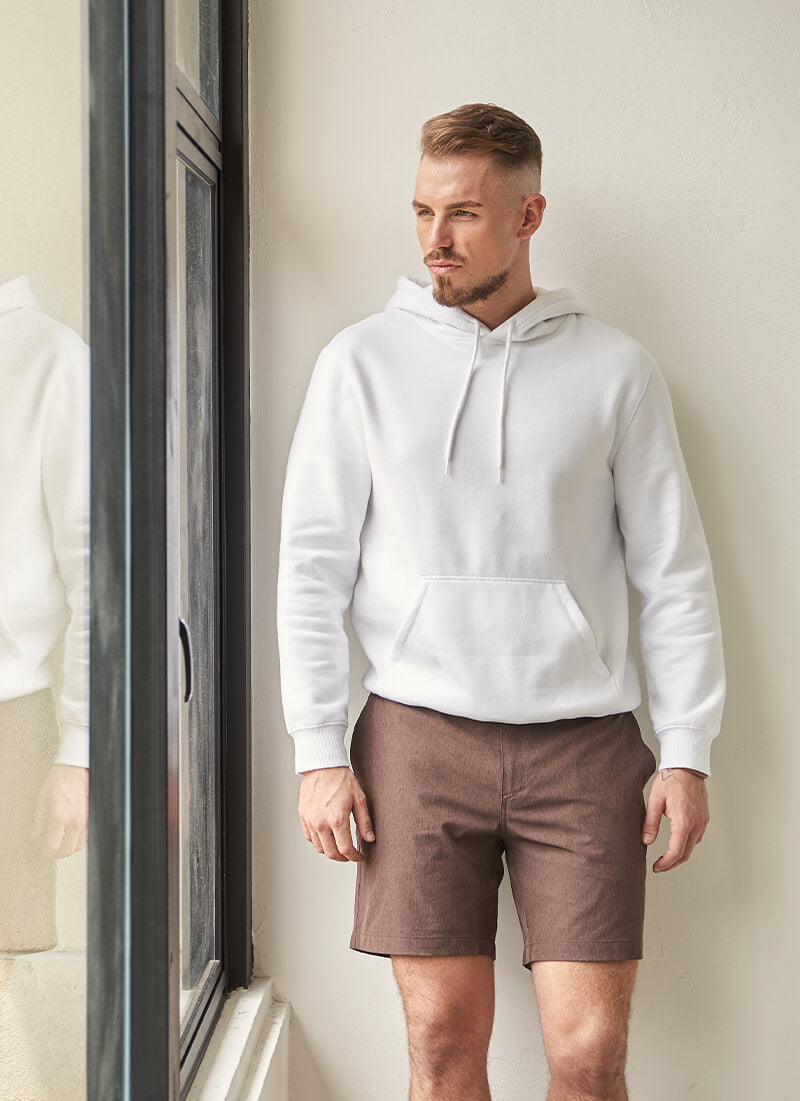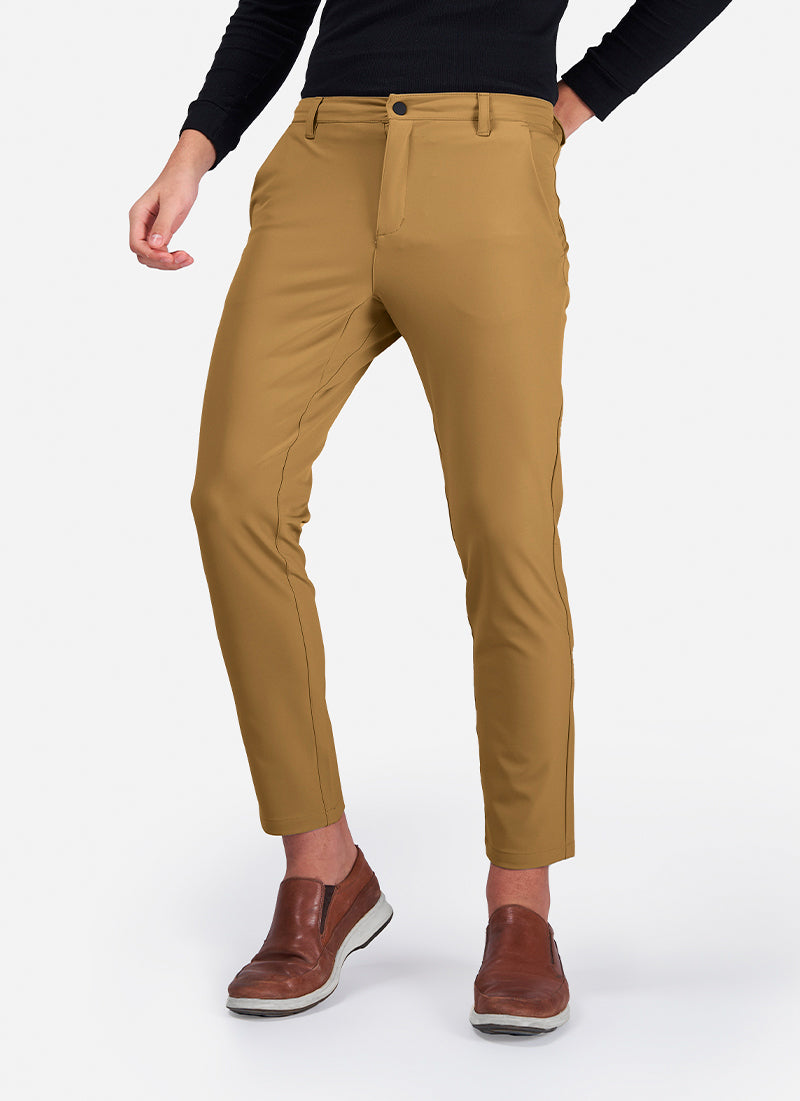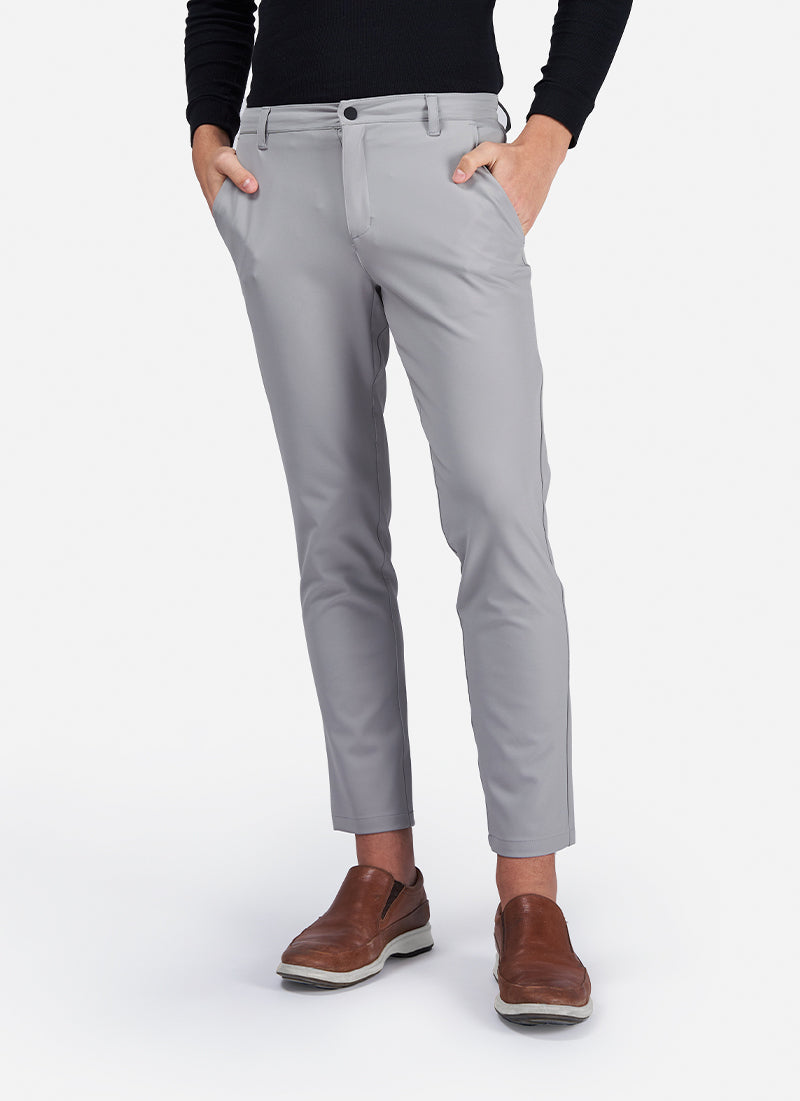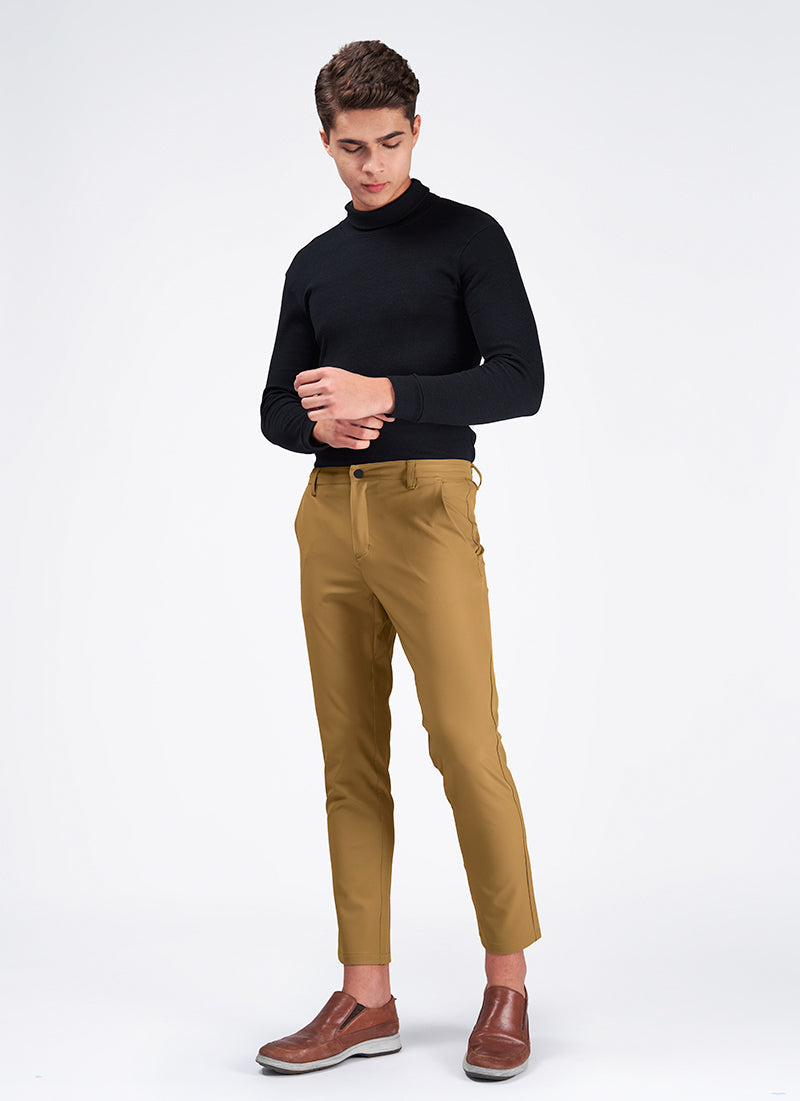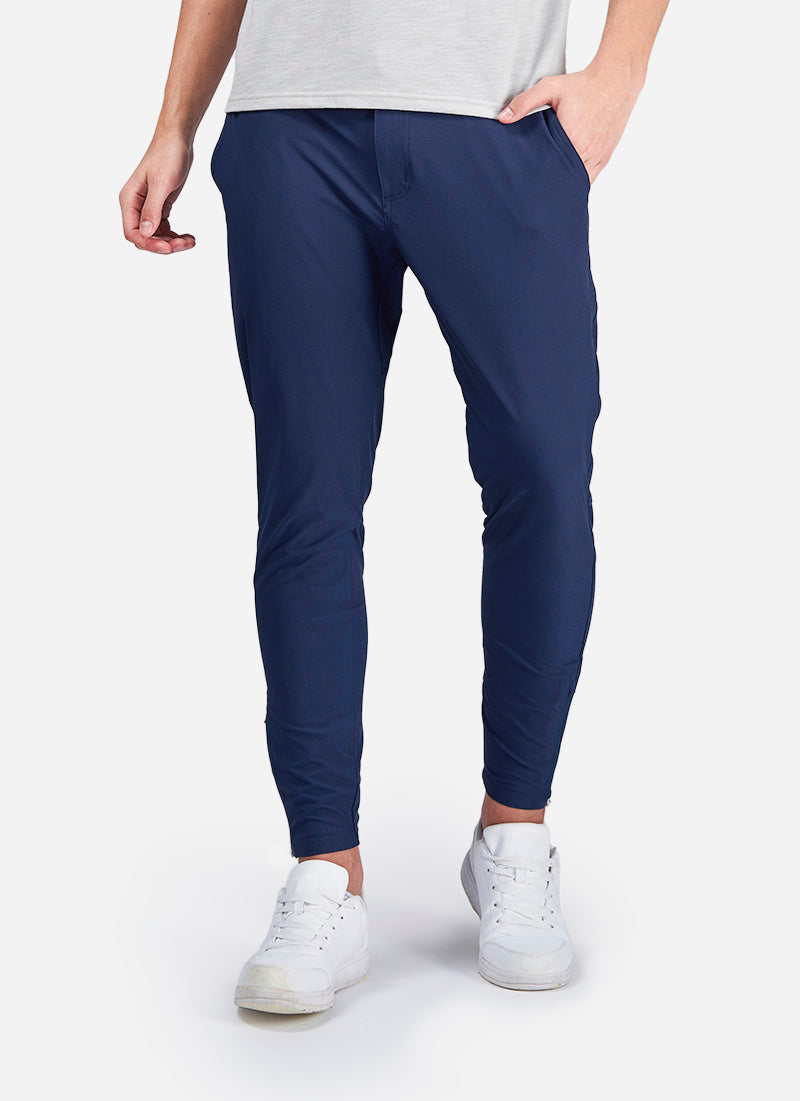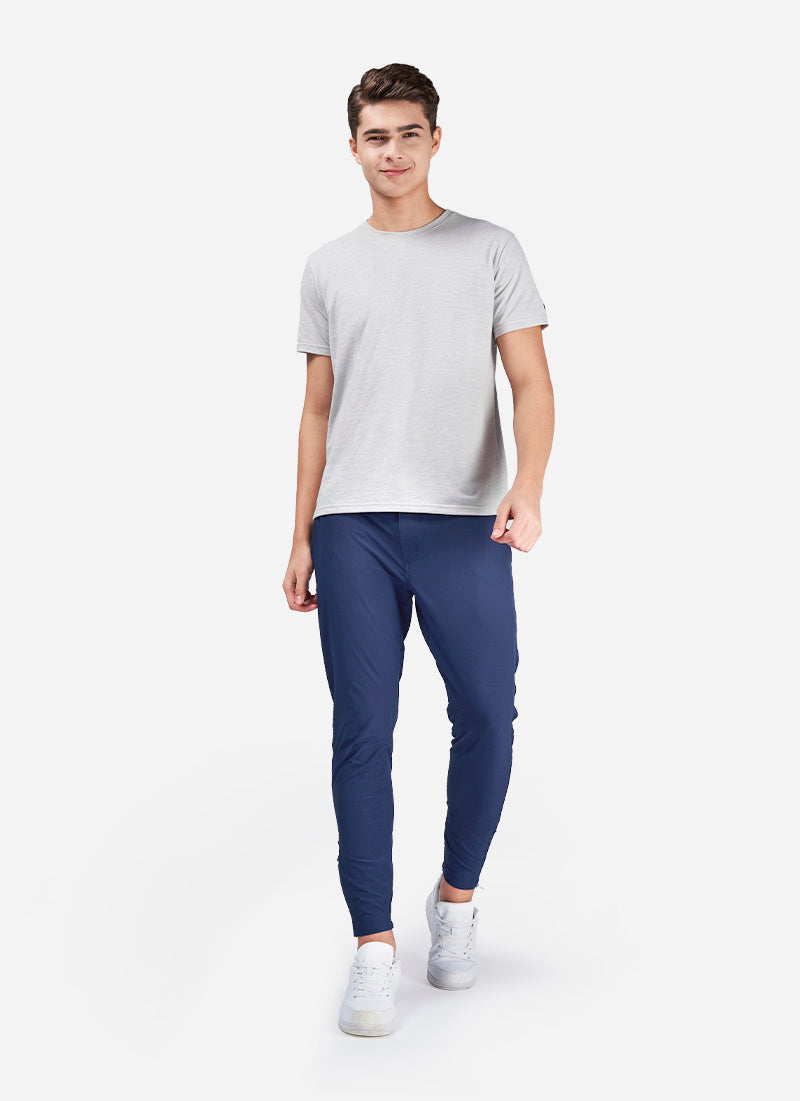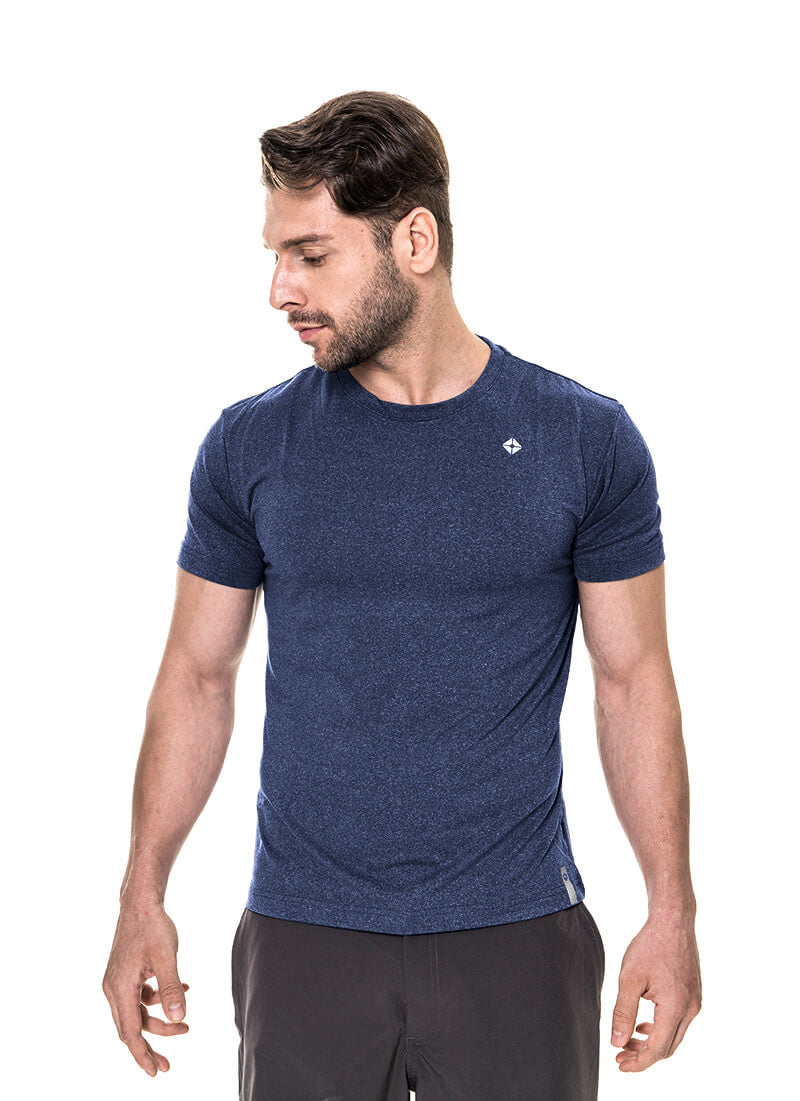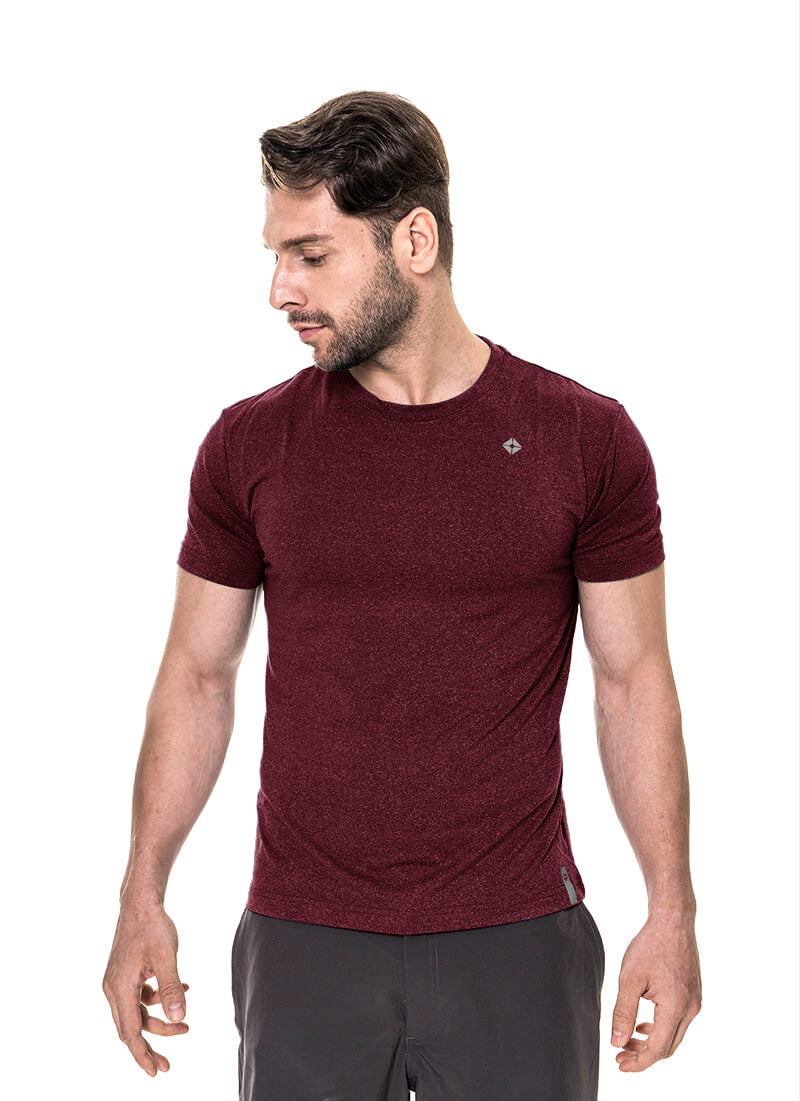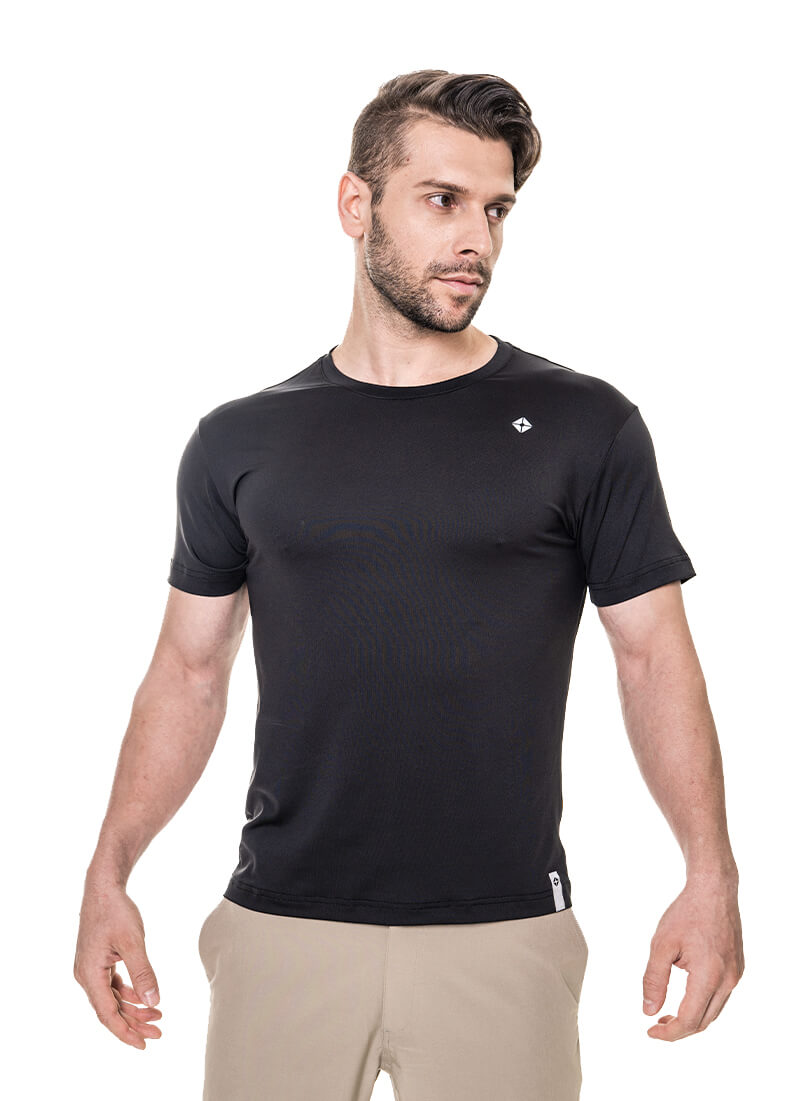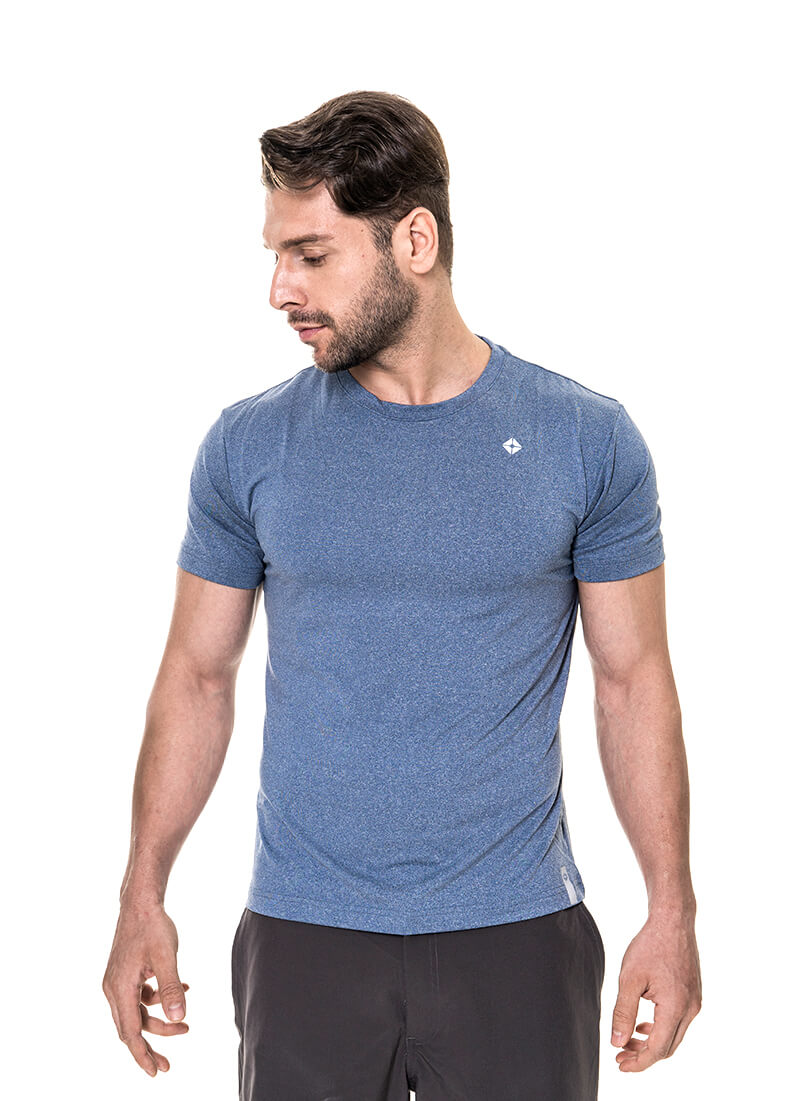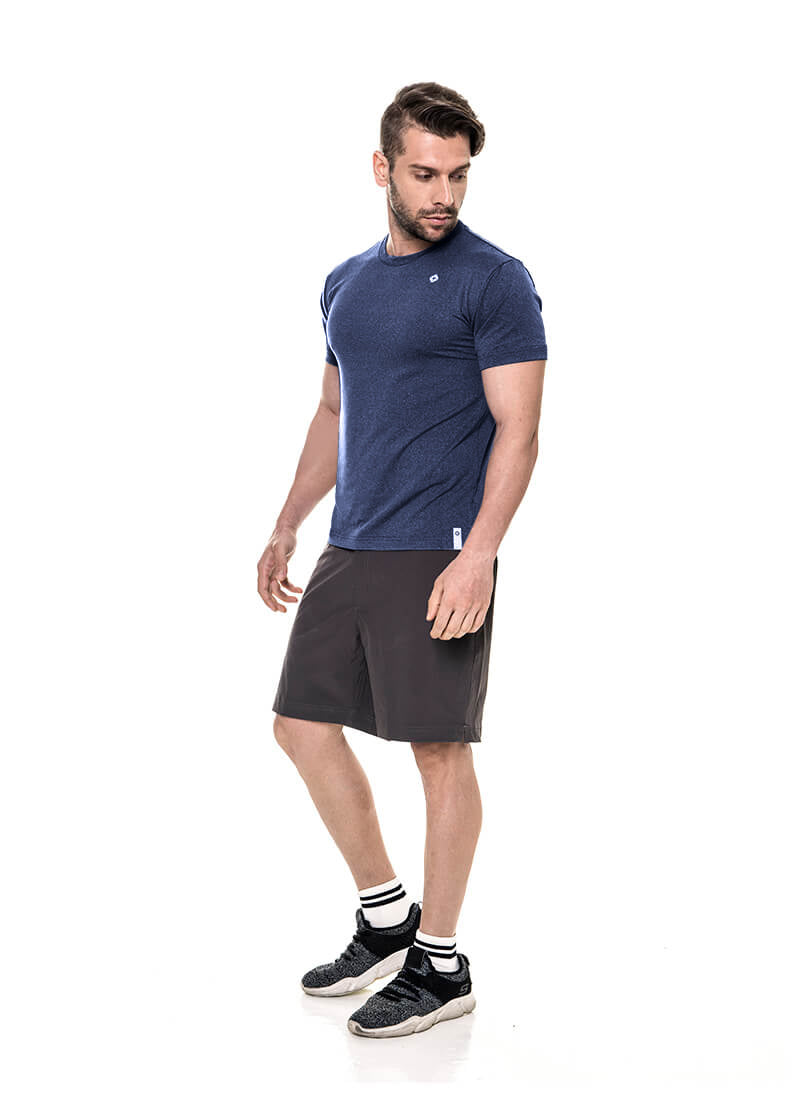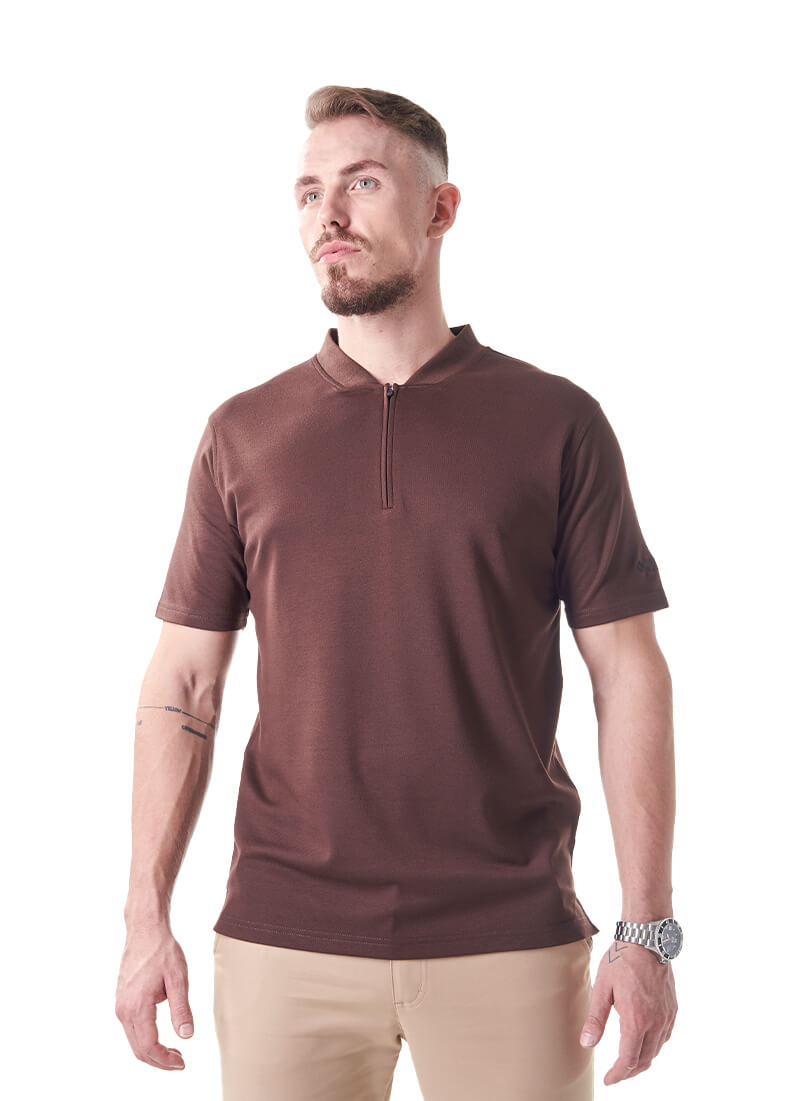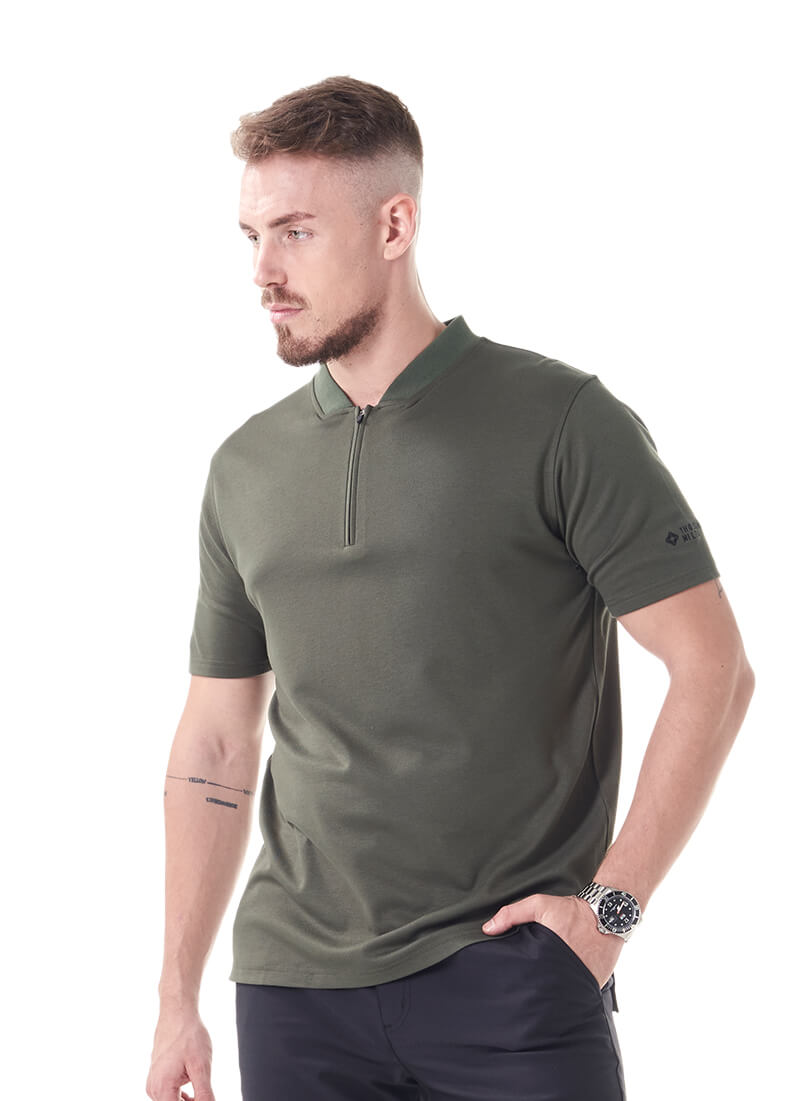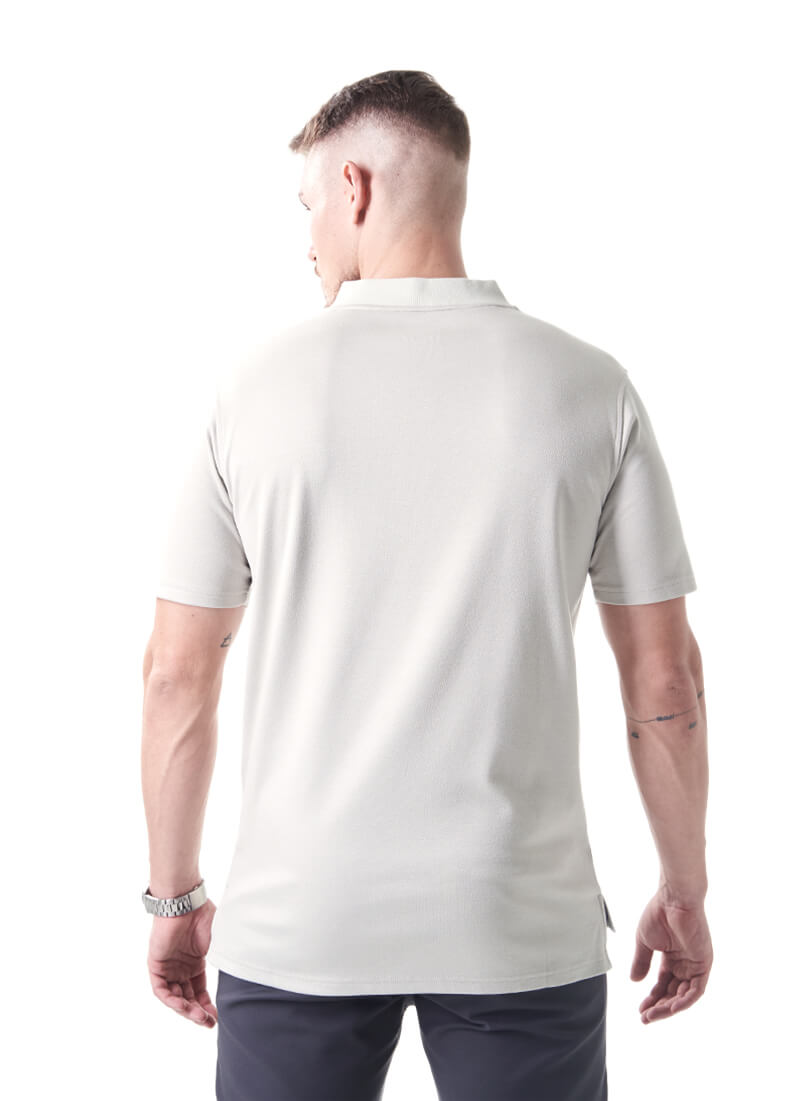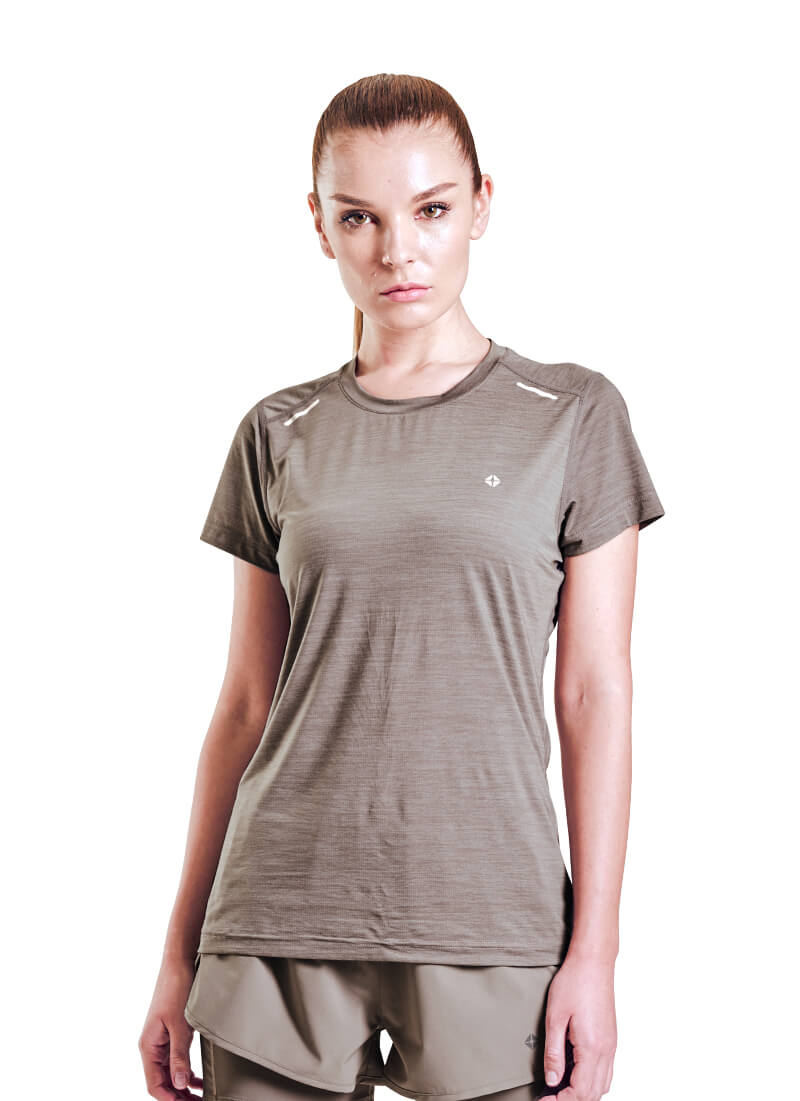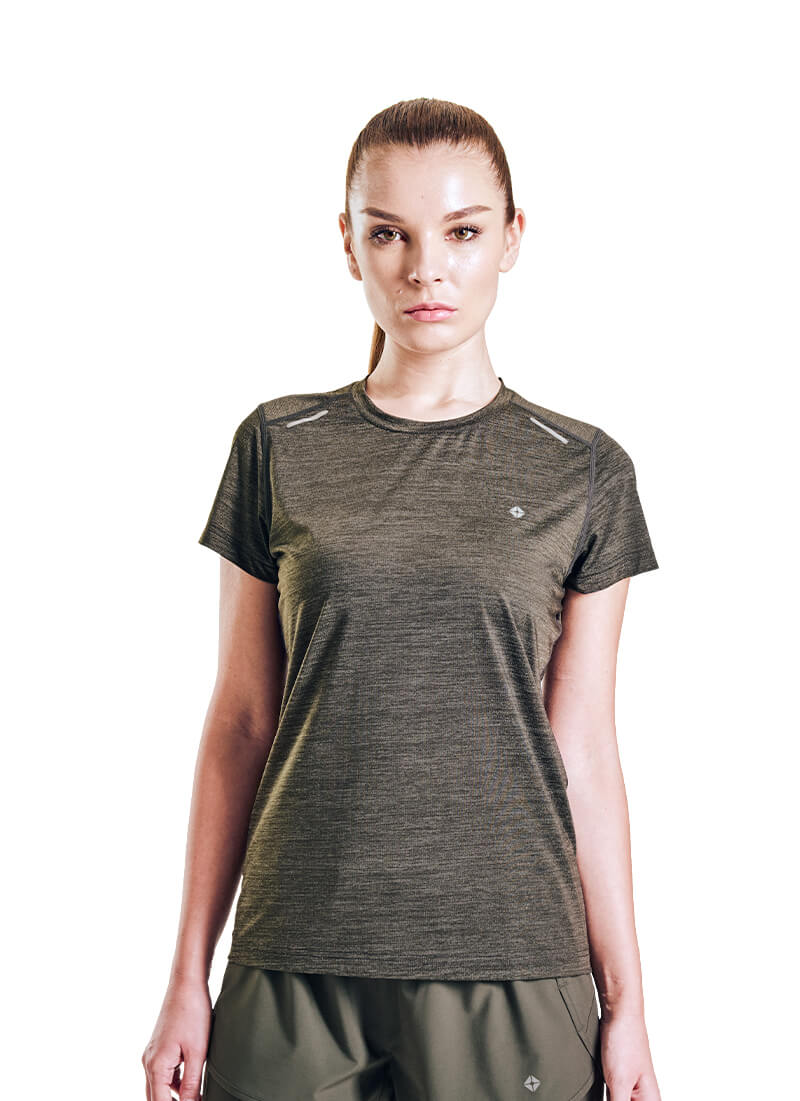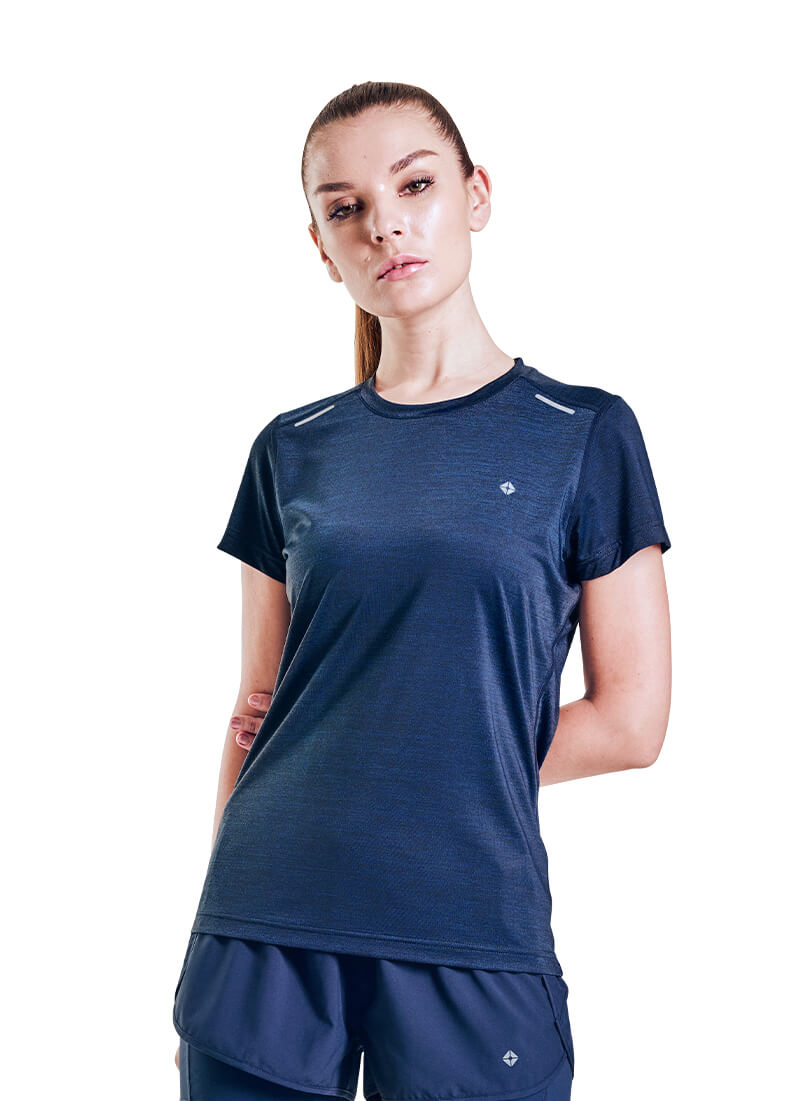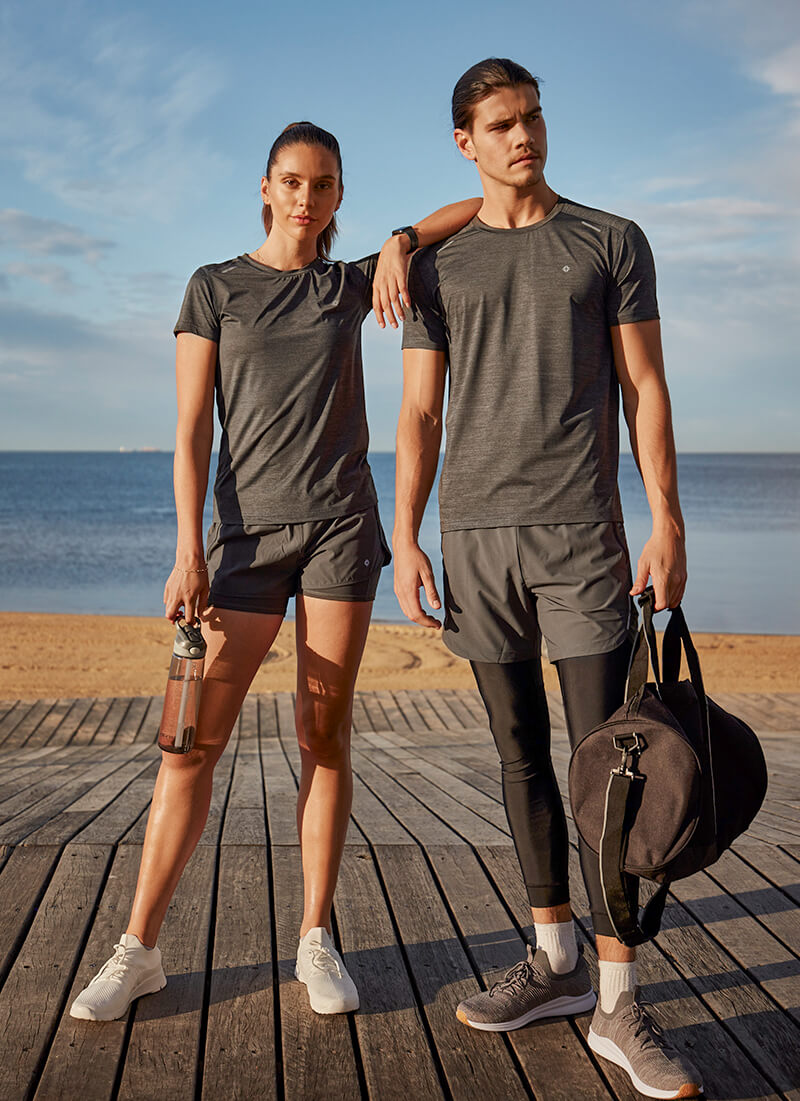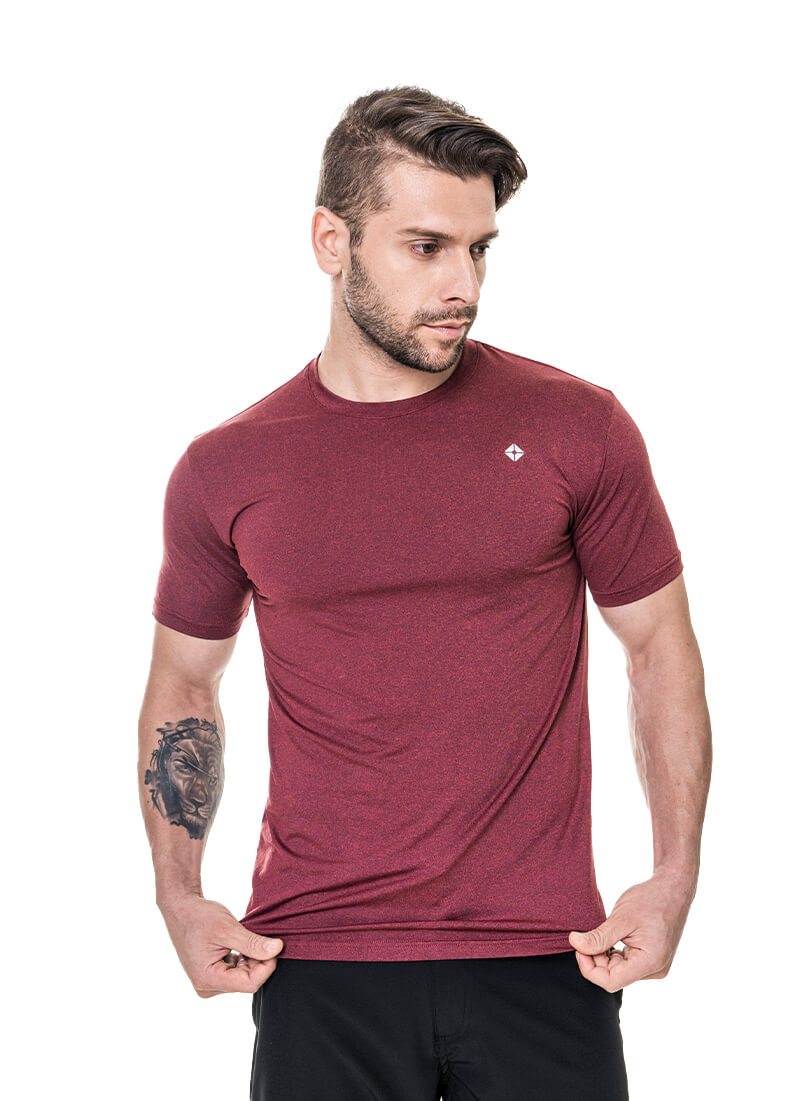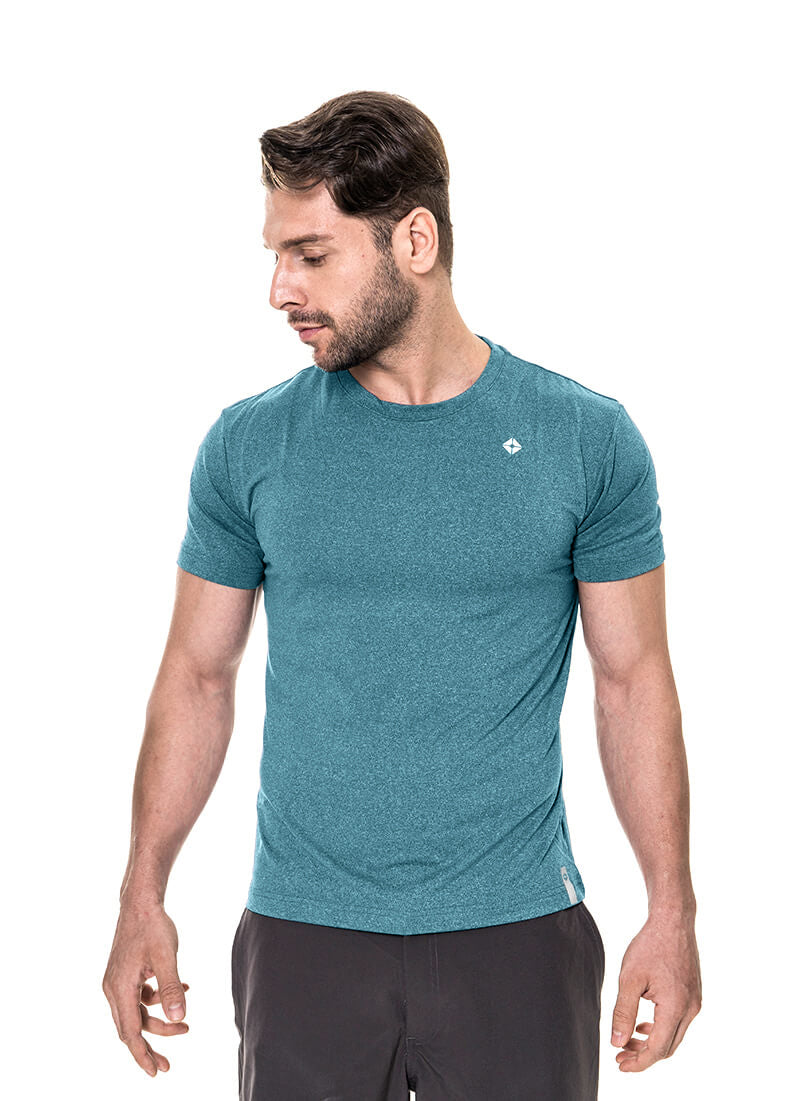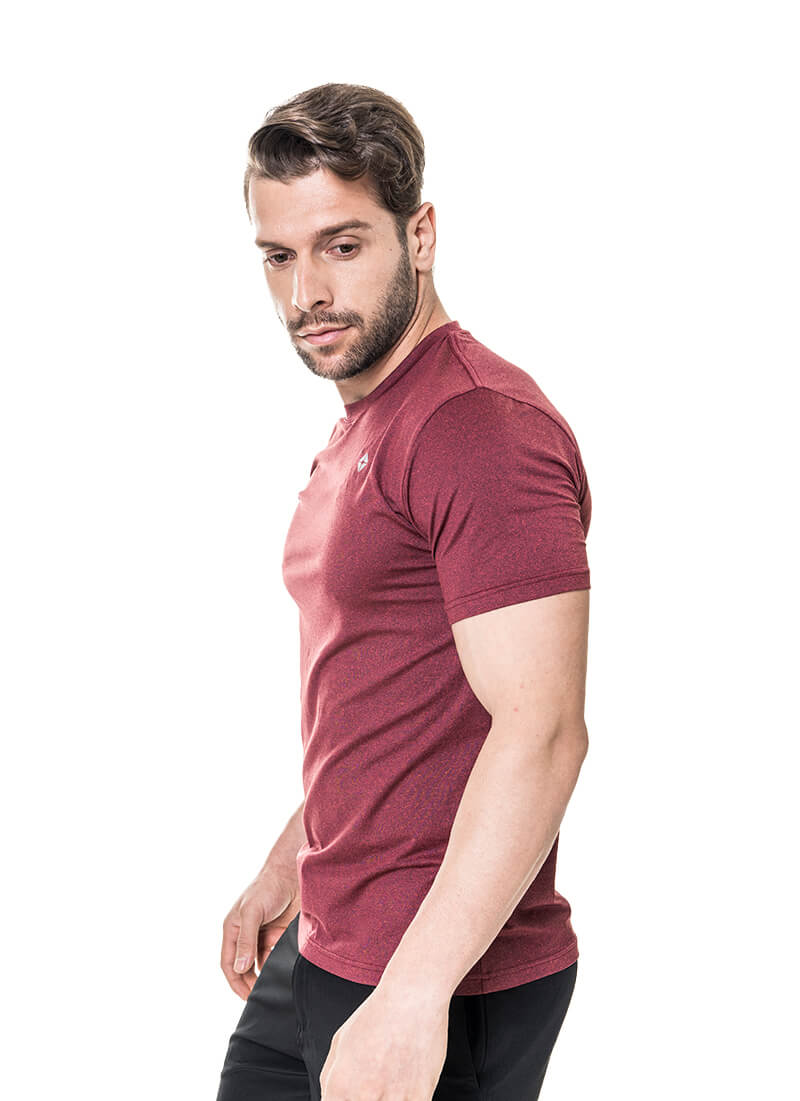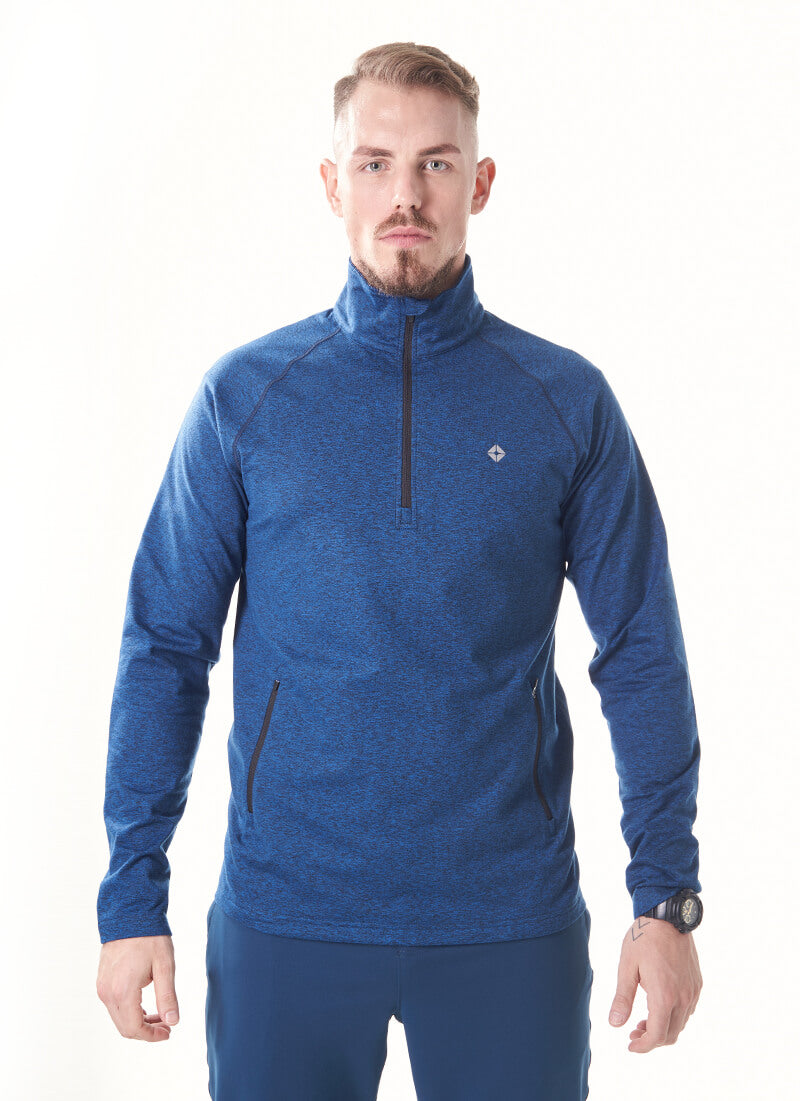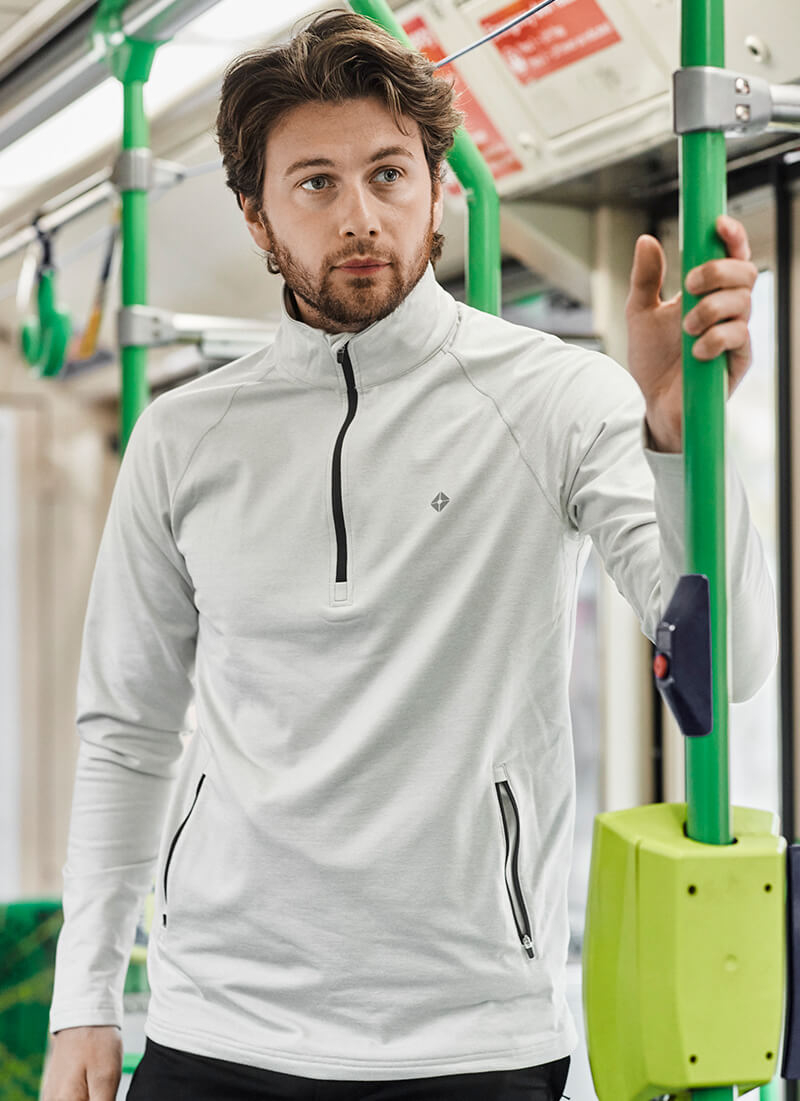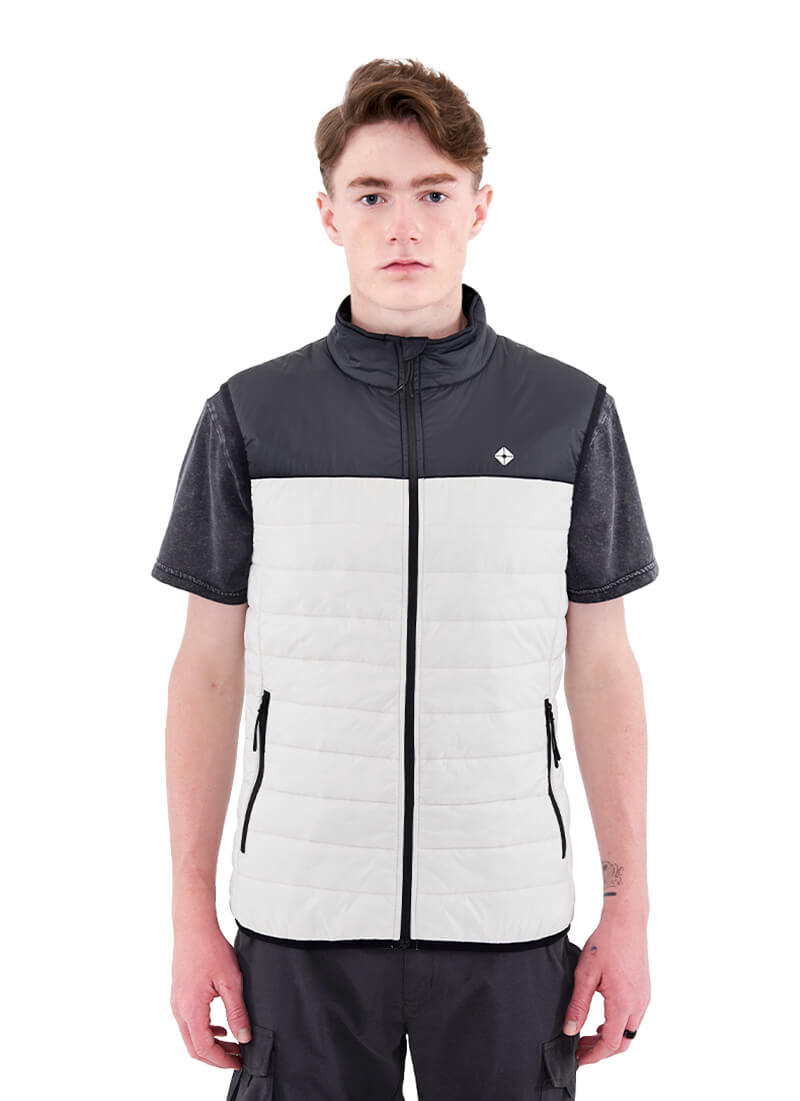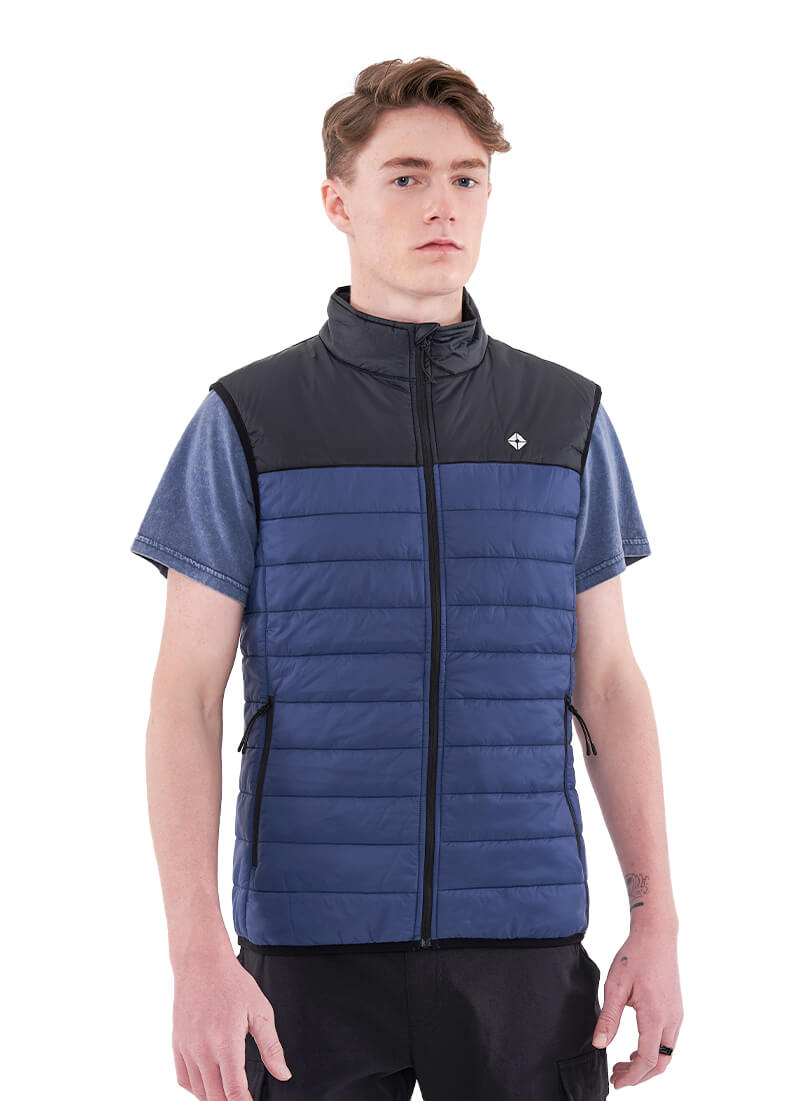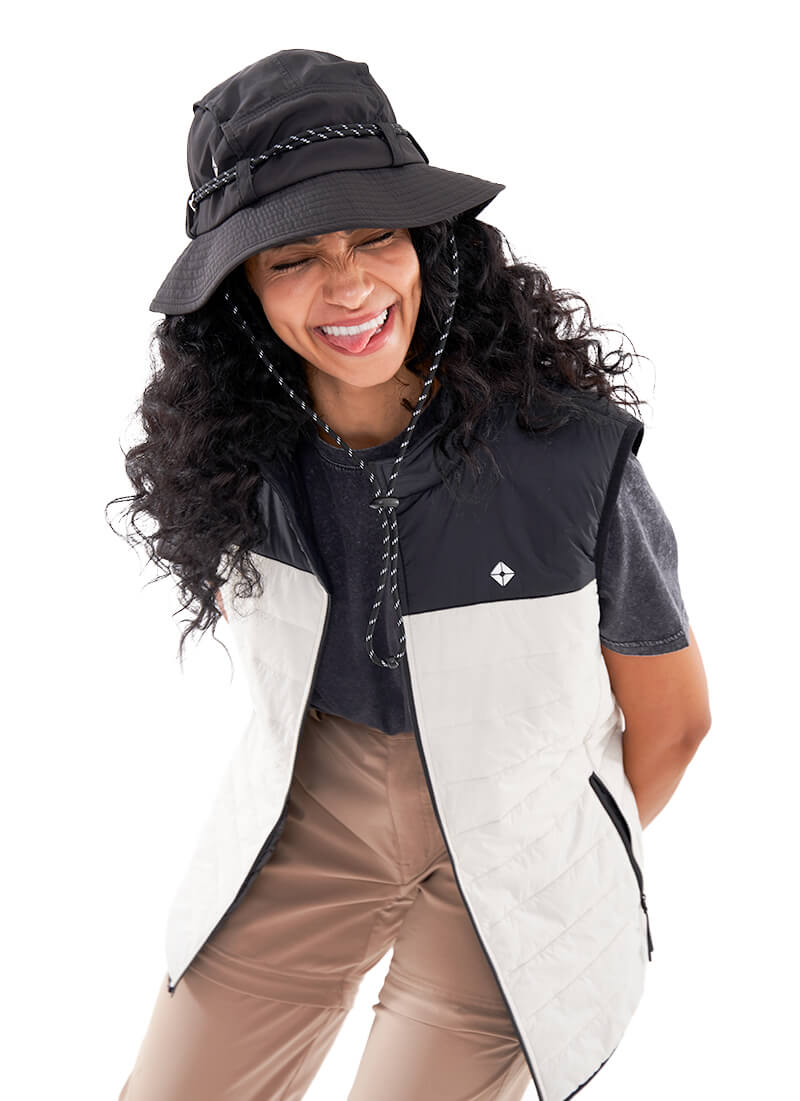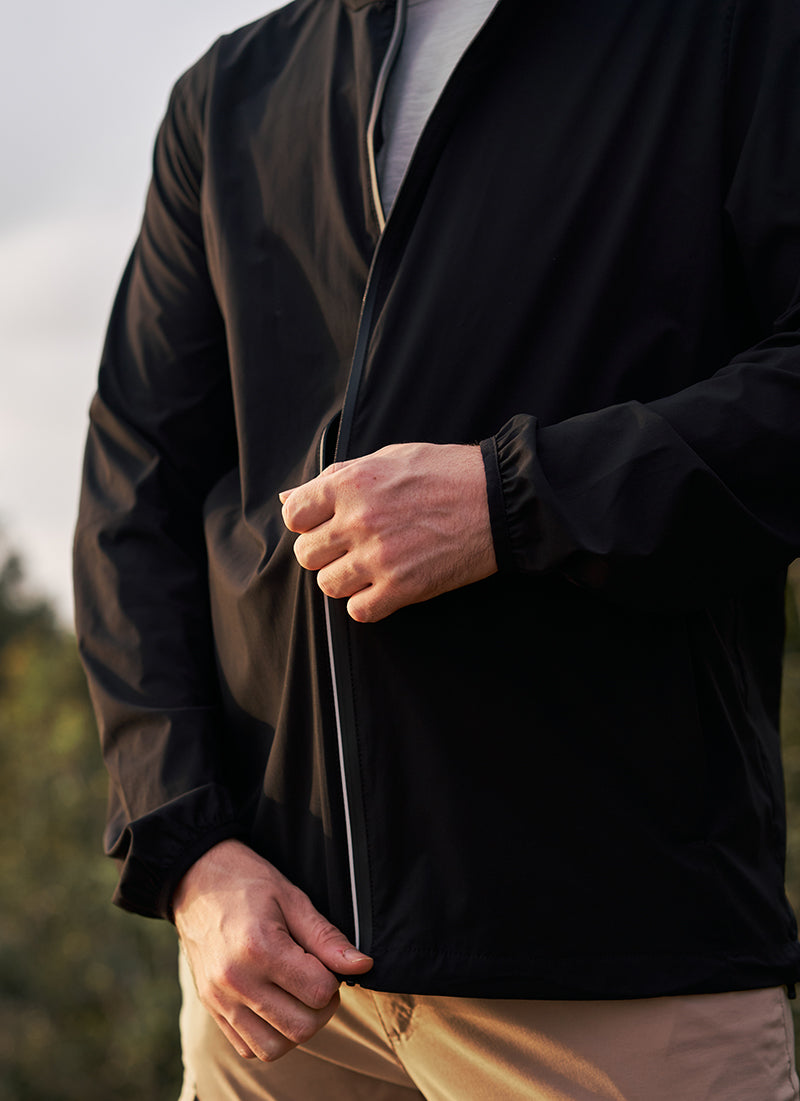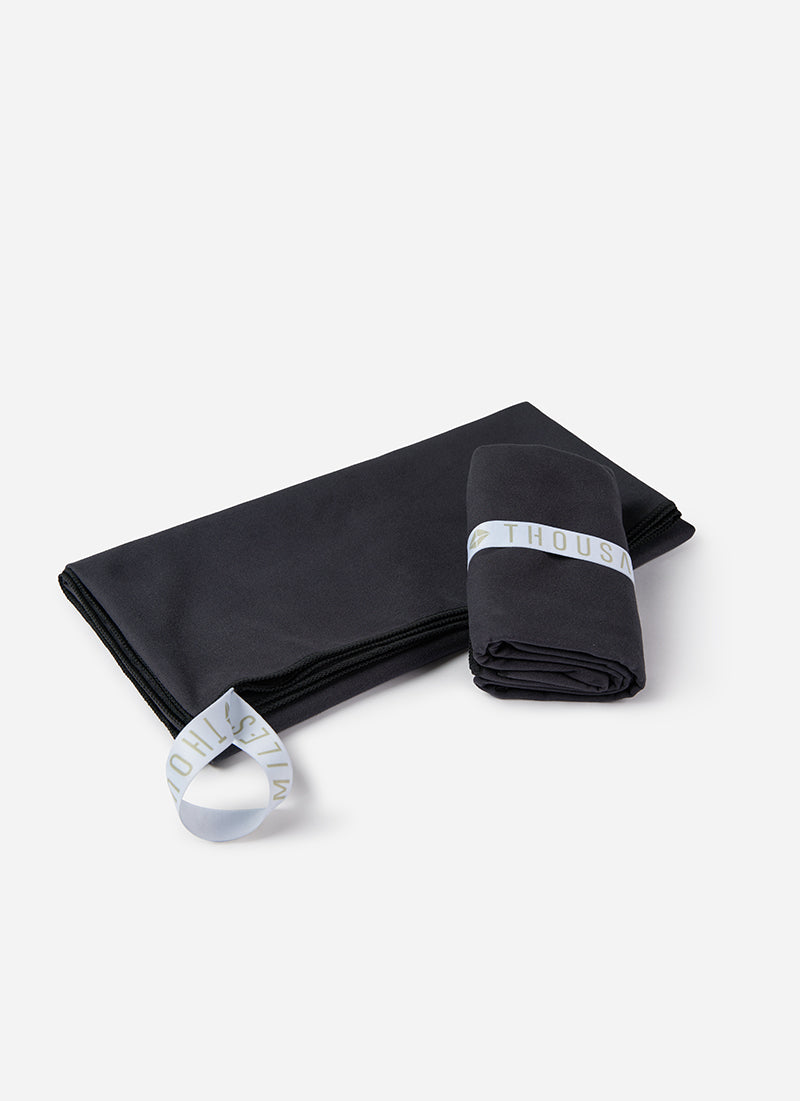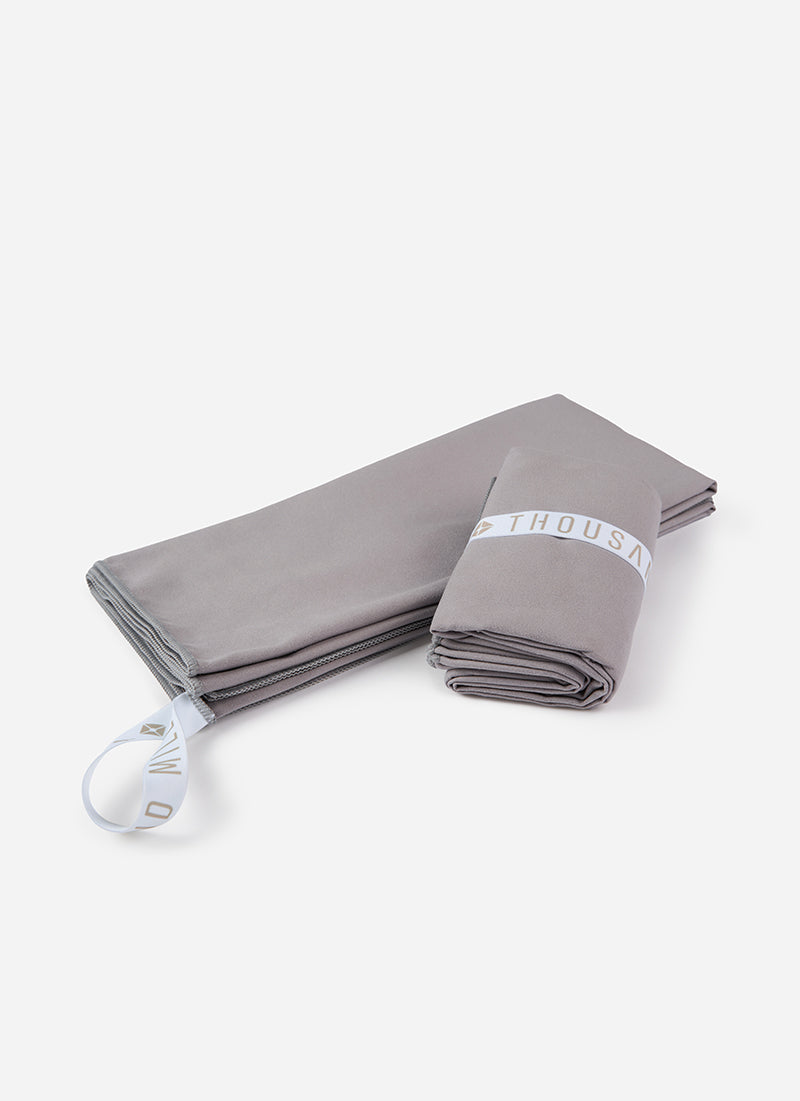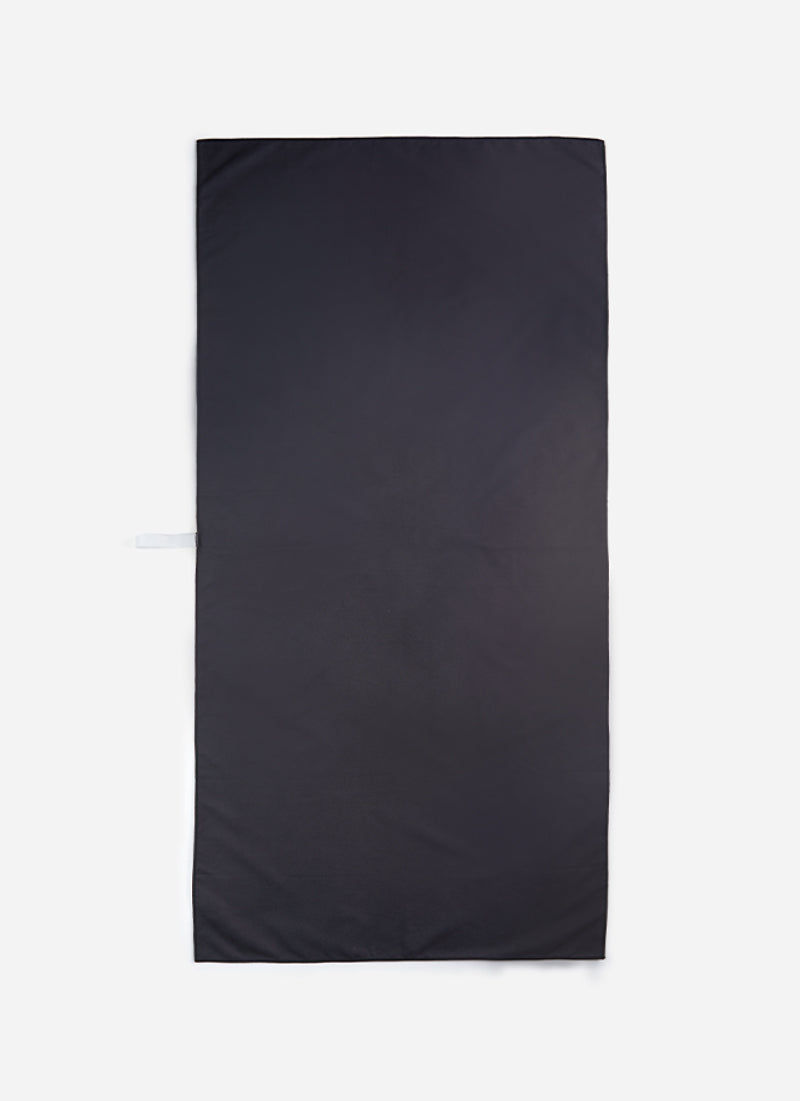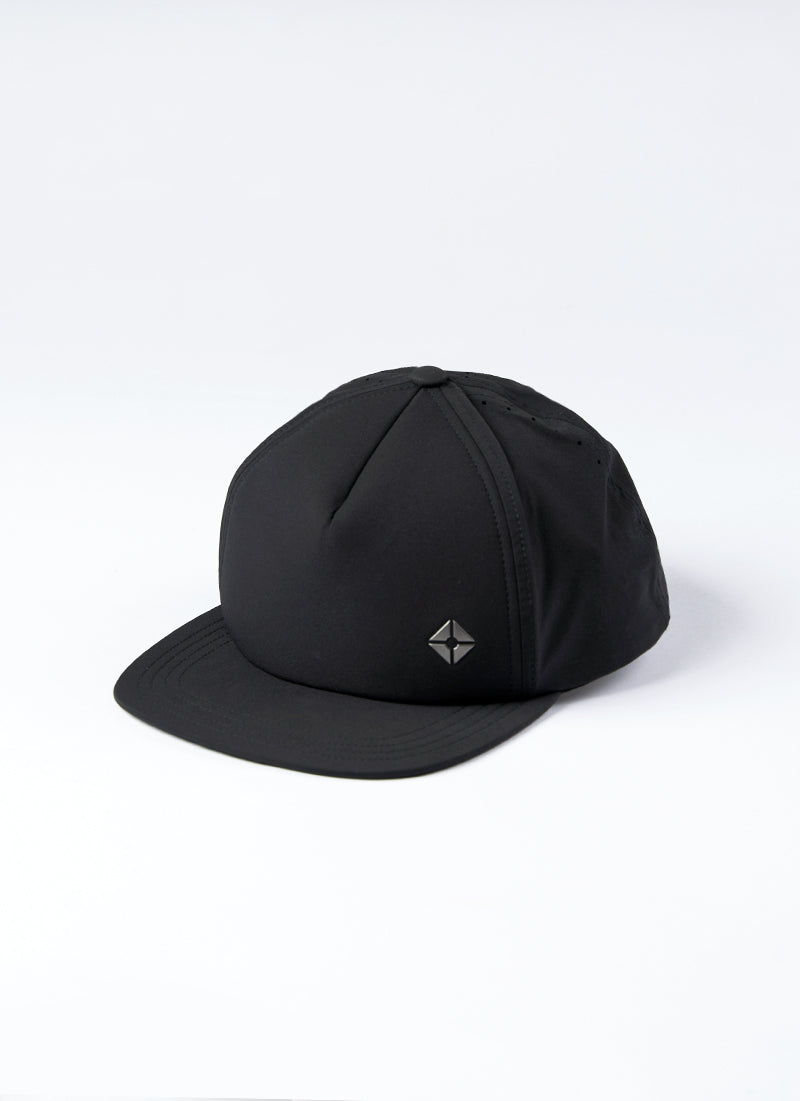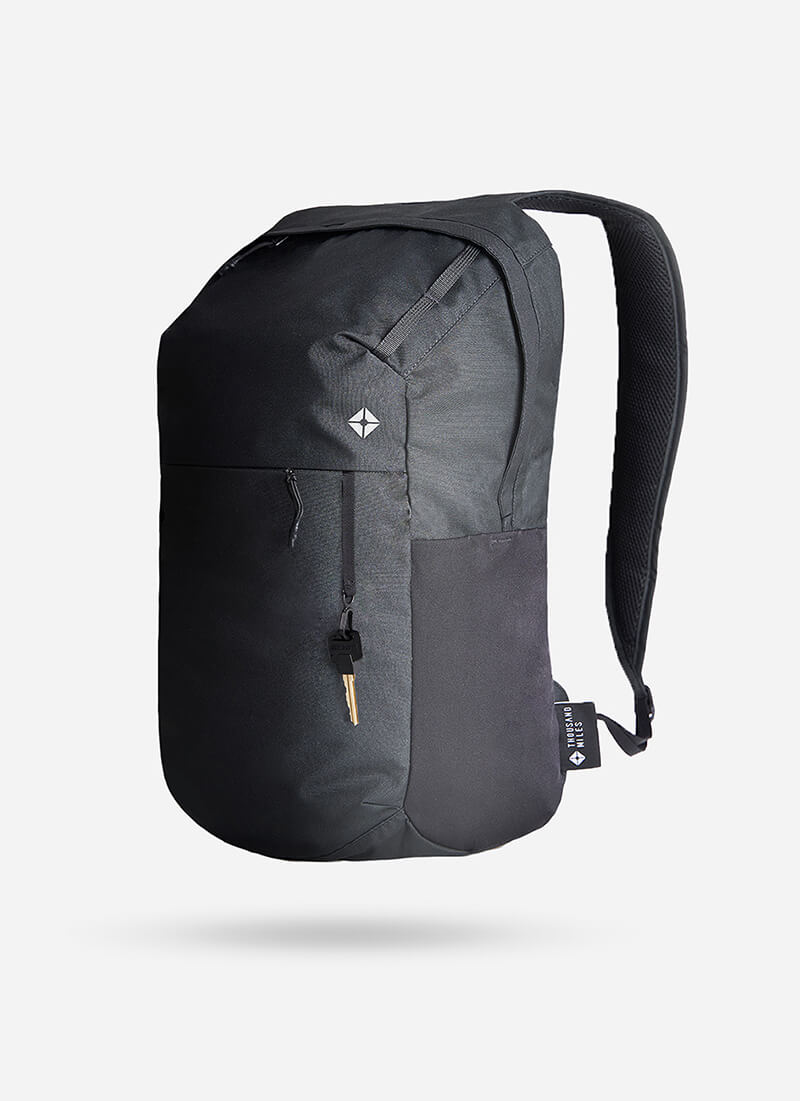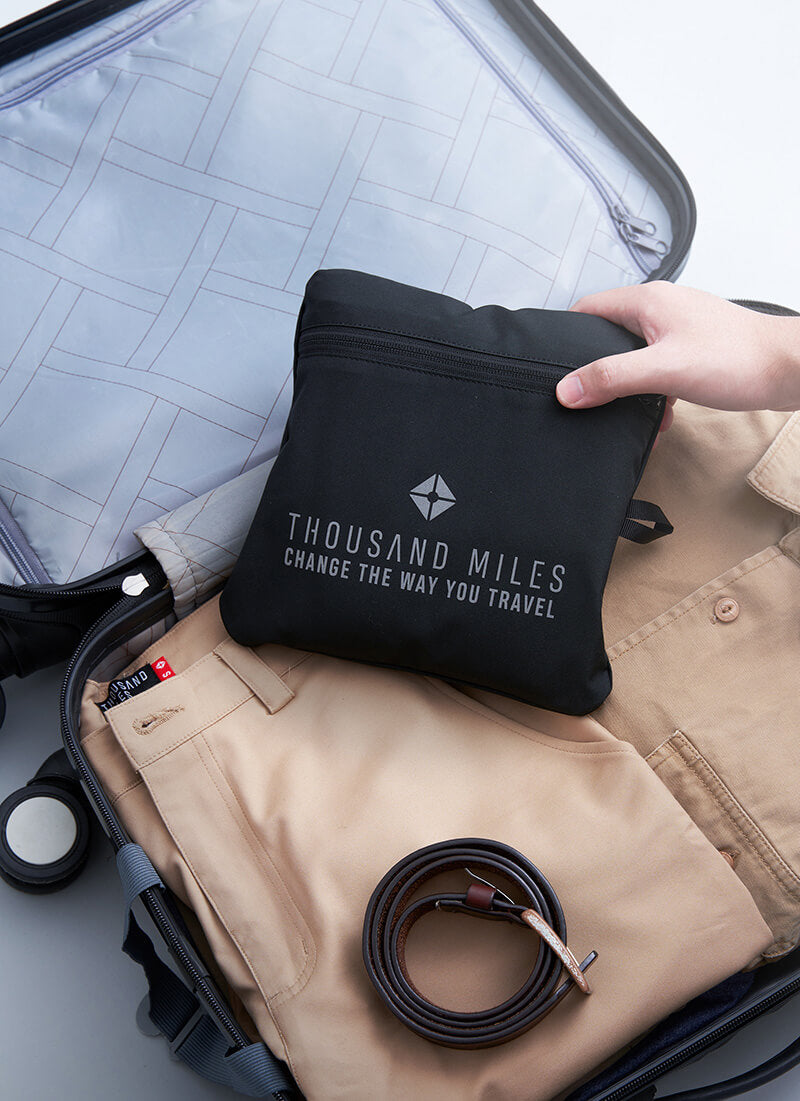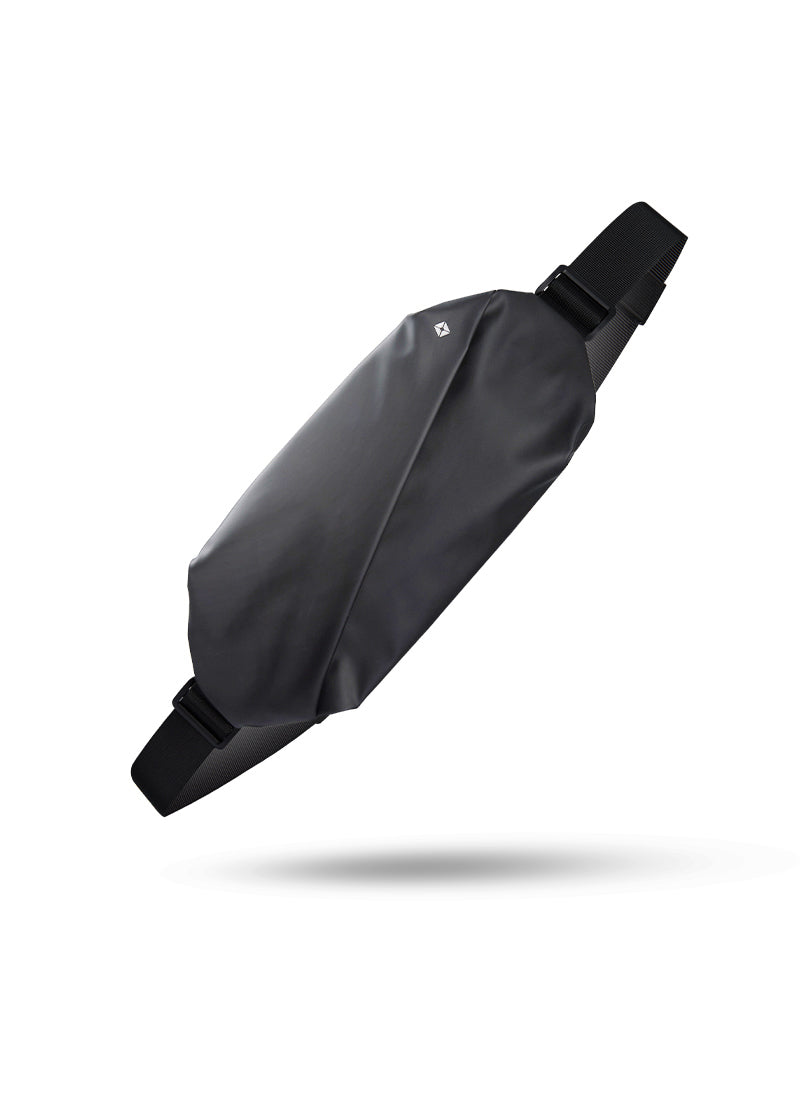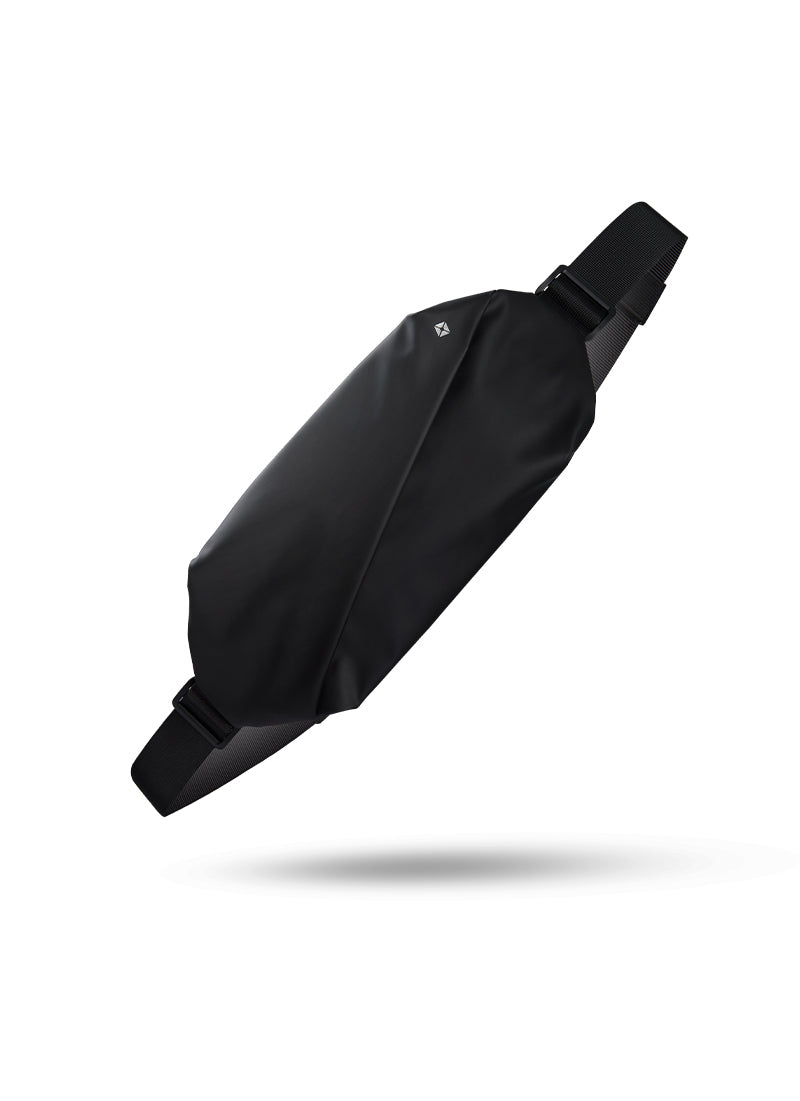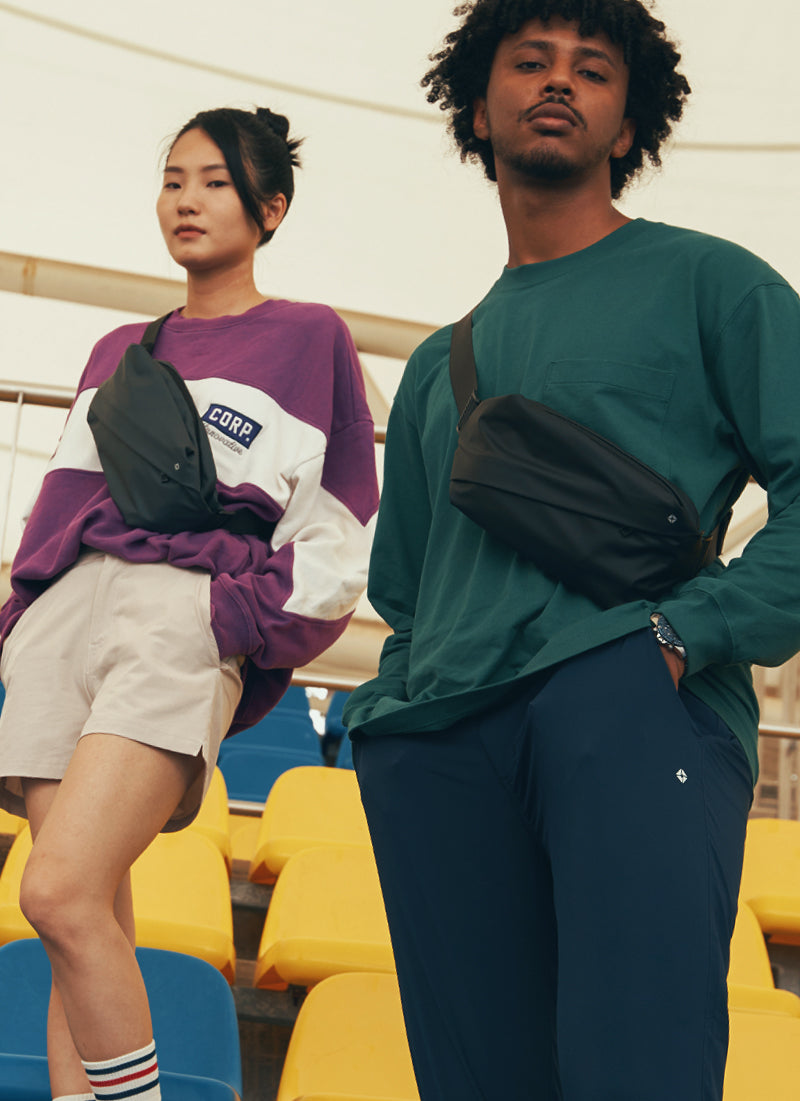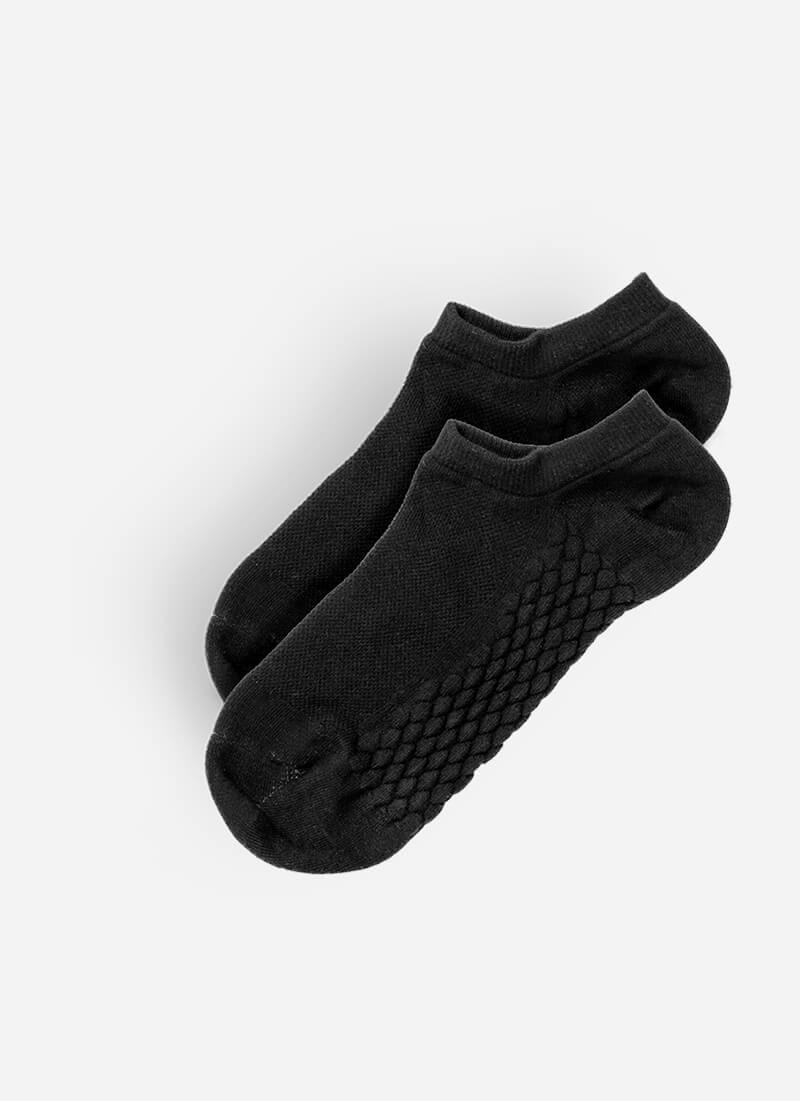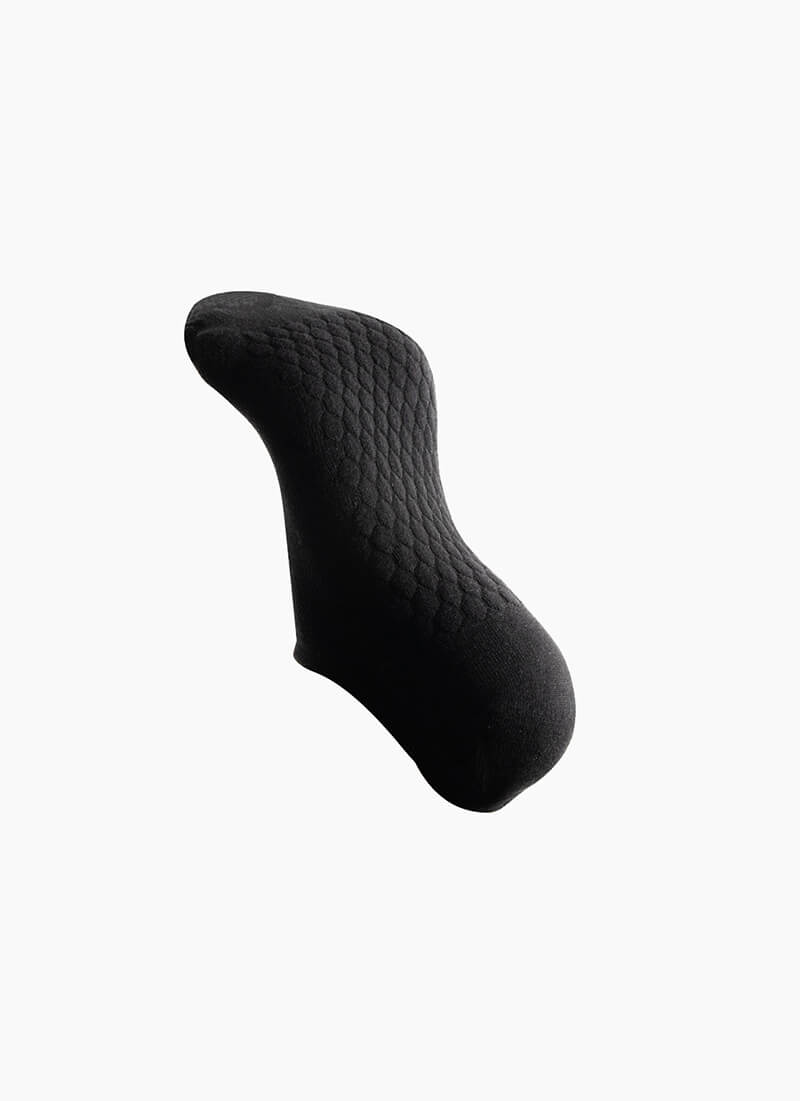Let’s Discover & Bag You The Best Types Of Luggage For Your Travel Style And Upcoming Trips!
Getting yourself the right luggage is not simply a fashion statement nor convenience. It’s an absolute necessity.
Be it a luxurious trip to Maldives, a dreamy staycation, a weekend getaway, or even a nomadic months-long trip across countries, your choice of luggage can make or break your travel experience before it even truly begins.
But with so many types of luggage available thanks to how travel has evolved (along with travel gear) over the years, the sheer variety of options can be overwhelming.
So where do you begin? How do you begin?
That’s why you’re here. In this comprehensive guide, we’ll help you navigate through the maze of options to find the luggage style that best suits your travel needs, preferences, and destinations. So let’s bag you the best types of luggage for your next thousand miles!
9 Different Types Of Luggage For Every Traveller Out There: Discover Your Perfect Match

1. Duffel Bags
If you’re looking for something simple yet spacious and versatile, look no further than duffel bags (duffels). These types of luggage are traditionally made from fabric such as canvas or nylon, and are recognised by their signature cylindrical shape and zip enclosure, sometimes with a shoulder strap attached for easier transport.
Duffel Bag Pros
1. Spacious: Duffel bags have a large main compartment which is able to hold a significant amount of clothing and travel essentials to maximise packing space.
2. Versatile: You can use duffels for a wide range of travel situations, from overnight stays to week-long getaways. You can even use it to carry sports equipment to the gym!
3. Flexible: The soft sides of a duffel bag tend to be more forgiving than hard shell luggages, allowing you to squeeze or stuff it in tight spaces.
4. Lightweight: Most duffels are lightweight (unless you’re getting heavy traditional duffels), which makes carrying it easier to carry and cheaper to travel with (more baggage weight allowance!).
5. Durable: The thick material of duffels are typically made to withstand rough handling, perfect for rugged trips!
Duffel Bag Cons
1. Organization Difficulty: The duffel bag’s sole compartment makes it tough to keep things organized as opposed to luggages with multiple pockets and compartments.
2. Discomfort: Carrying a heavy duffel bag for long periods can be hard on your hands or single shoulder.
3. Security Challenges: Unless you put a lock on it, traditional duffel bags typically offer fewer security features compared to hard shell luggages. Even so, determined thieves are able to cut it open once it’s away from prying eyes.
4. Little To No Impact Protection: Soft-sided duffel bags offer little to no protection against impact and weather conditions.
Where Duffel Bags Are Suitable
1. Weekend trip and staycations

2. Soft Shell Luggage
Soft shell luggage bags are essentially wheeled suitcases made from fabric such as nylon and polyester. It truly is a type of spinner luggage that’s mobile, adaptable, and convenient because its fabric construction allows you to expand it a little for added packing space, while its retractable handle helps you transport it easily.
Soft Shell Luggage Pros
1. Flexible & Accessible: You can compress the soft exterior of these types of luggage to fit into tight spaces such as overhead bins on flights or your car boot. Soft shell luggages also often feature a front-opening, allowing you to easily open it up to access your belongings in small spaces and hotel rooms like those in Japan and South Korea.
2. Expandability: Many soft shell luggages offer you the option to expand it, allowing you to pack more essentials for the trip, or pack more of your shopping goods towards the end of your trip.
3. Simple Organisation: Most soft shell luggages offer external pockets where you can store travel essentials like ticket stubs, snacks, and even your tablet or laptop (only for the brave ones!).
4. Durability: This is one luggage that will unlikely break when it’s thrown about, which is to be expected by the baggage handlers at the airport.
5. Lightweight: Depending on the soft material it’s made from, your soft shell luggage can even be lighter than a hard shell suitcase which can potentially save you from extra baggage fees.
Soft Shell Luggage Cons
1. Decreased Protection: While its flexibility saves it from impact, it has less protection against crushing situations and its fabric may cause it to be prone to absorb water.
2. Security: Its fabric construction makes it more vulnerable to tampering and theft.
3. Wear And Tear: Over time, the fabric can become permanently stained, frayed, or worn compared to the hardiness and durability of a hard shell luggage.
Where Soft Shell Luggages Are Suitable
1. International travel
2. Road trips
3. Business trips
4. Family trips

3. Hard Shell Luggage
One of the most popular types of luggage to be checked-in is the hard shell luggage, also known as the clam shell suitcase. This wheeled luggage is recognised by its solid exterior that is typically made from polycarbonate, ABS plastic, or aluminium with a retractable handle and wheels for durability and easy maneuverability. It creates a sturdy yet superb lightweight frame that protects your belongings from being crushed or damaged during transit, just like the Thousand Miles Voyage collection of hard shell check-in luggages.
Hard Shell Luggage Pros
1. Superior Protection: Hard shell luggages provides superior protection against impact, making it the ideal choice to transport your fragile belongings. It also offers greater resistance to water and weather conditions ranging from rain to snow thanks to its water resistance.
2. Hassle-Free Security: Hard shell luggages are equipped with TSA approved integrated locks to save you from the hassle of buying an extra padlock. It’s also more resistant to tampering than their fabric counterparts.
3. Durability: Its resistance to tears, punctures, and impact makes it a sturdy and steady travel companion, with some even being scratch-resistant!
4. Easy To Clean: You can simply wipe down your hard shell luggage with a damp cloth to keep it clean and pristine.
5. Aesthetic Appeal: Hard shell luggages come in various colours and designs, so travellers who want to express their personal style would find this to be their ideal choice. It also makes it that much easier to identify your personal luggage on the luggage carousel! Check out Thousand Miles Voyage Collection of luggages in assorted stunning colours that will certainly turn heads.
6. Expandable Storage: Some hard shell luggages offer multiple zip tiers that allow you to expand its overall storage space. This means more room to pack your travel retail exploits!
Hard Shell Luggage Cons
1. Rigid Build: This luggage’s rigid structure prevents you from squeezing it into tight spaces or from opening it up fully in small rooms and confined spaces.
2. Scratches And Dents: While it comes in various aesthetically-pleasing designs and colours, hard shell luggages are prone to scratches and dents. Those with glossier finishes are exceptionally vulnerable to this.
3. Hefty Weight With Older Designs: Old or designer hard shell luggages may be heavier than modern ones.
Where Hard Shell Luggages Are Suitable
1. International travel to cold or wet countries
2. Travels involving fragile goods
3. Cruise travel
4. Short business trips

4. Smart Luggages
A smart luggage is a travel bag that utilise technology to take the travel experience up a huge notch. If you’ve ever spotted individuals zipping about the airport on their wheeled luggages like as if it’s a scooter, you guessed right - that’s a smart luggage.
Depending on the type of smart luggage and brand you purchase, you may experience the convenience of built-in USB charging pots, GPS tracking (no AirTag needed, yay!), digital scales, remote lock systems, and yes, even motorised wheels that actually can be driven.
Smart Luggage Pros
1. Peace Of Mind And Security: Most smart luggage are built with GPS tracking, so you will always be aware of your luggage’s whereabouts. It’s especially handy when you’re travelling via flight companies or to airports that are infamous for losing luggages.
2. Convenience: The built-in USB charging ports ensure that your mini partner in crime (your smartphone!) is never short of power even during long transits and extended trips. Or your headphones - the sheer horror of not having music on flight!
3. Mobility: Not all, but some smart luggages come with built-in motorised wheels that allow you to ride it just like a mini scooter. Say goodbye to long walks across terminals!
4. Innovation: The level of innovation with smart luggages makes it a highly functional yet at times fashionable statement piece.
Smart Luggage Cons
1. Battery Regulations: If it’s already a struggle bringing power banks onboard, imagine the challenge if your smart luggage comes with a built-in battery. That’s a strong indication that checking-in may be a challenge!
2. Hefty Price: The advanced features of a smart luggage often runs its price tag off the charts compared to traditional luggages. Even with the convenient features, it’s still a significant investment that requires careful thought and consideration for your actual needs.
3. Durability Concerns: With electronics incorporated into the luggage’s construction, there’s a higher risk of it malfunctioning over time with costly repairs. That’s added stress you don’t want on top of the natural bouts of stress that come with long-distance travel.
4. Excessive Dependency On Technology: The heavy reliance on technology means that any power failure or battery depletion can render some or all its smart features useless, causing massive inconvenience.
5. Weight: These luggages are often heavy thanks to the essential components that make the luggage a “smart” luggage, which impacts airline weight limits.
Where Smart Luggages Are Suitable
1. Business trips
2. Short trips
3. Short international travel to non-snowy and rainy countries

5. Travel Tote Bag
Meet one of the most versatile, stylish travel companions for travellers or business travelers who prefer a lightweight and convenient way to carry their essentials. The travel tote bag is typically made from durable materials like canvas, nylon, or leather, and is often characterised by its wide upper opening which mildly tapers to the bottom.
It consists of a large main compartment with accompanying small pockets and compartments for small goods like a lipstick, keys, passport, and cardholder. They come with sturdy handles which you can carry over your shoulder for easy access, making them perfect for quick trips or as an extra carry-on.
Travel Tote Bag Pros
1. Accessibility: The travel tote bag’s wide opening allows you to easily access your belongings so there’s no need to fumble through your bag especially during immigration checkpoints!
2. Versatility: Bring it to the gym, carry it to the shops, or use it daily as your work bag when you’re not using it for getaways or trips!
3. Lightweight: Travel totes are generally lighter than traditional luggages. That said, if you do get a heavy leather-based travel tote, be prepared for the added weight on your shoulders.
4. Myriad Of Aesthetic Styles: Travel totes come in a wide range of designs, colours, and materials so there’s definitely something for everyone while doubling as a fashion accessory.
5. Ease Of Storage: When not in use, you can always store your tote bag effortlessly without taking up much space simply by folding it away.
Travel Tote Bag Cons
1. Limited Organisation: Since it’s that single large compartment with little pockets about, it can be challenging to keep tabs on things that aren’t stored in the little pockets and compartments.
2. Security Concerns: The open top and lack of properly secured fastenings can make travel tote bags more vulnerable to theft, especially in crowded or unfamiliar places.
3. Shoulder Discomfort: You can’t go too crazy shopping or packing since your shoulders will be bearing the brunt of the weight on one side or the other. There’s also the chance that the straps may snap if the bag is too heavy and made of shoddy materials.
4. Limited Protection Against The Elements: Most travel tote bags offer little to no protection against rain and snow, which means less padding for your electronic devices.
5. Capacity And Structure: Get a tote bag that’s too big and you’ll struggle to carry it. Get a tote bag that’s too small and you’ll struggle to fit essentials in it. Put too many items and the tote bag may sag. You get the gist…
Where A Travel Tote Bag Carry-On Is Suitable
1. Getaways like beach trips
2. Retail travel
3. Business trips
4. Staycations
5. Short, overnight stays

6. Carry-On Luggage
A carry-on bag is specially made to fit within the airline’s size restrictions which travellers can bring onto the plane and stow in the overhead compartment. It’s an essential one for travellers to easily store and access their valuables or to avoid excess checked luggage fees.
Carry-on luggages come in various forms, such as rolling suitcases, backpacks, and smaller duffel bags. The only difference is that they are often smaller than their actual counterparts.
Carry-On Luggage Pros
1. Convenience: A carry-on allows you to immediately access personal essentials during the flight.
2. Cost-Saving: Save more on baggage fees by hand-carrying your belongings over storing it all in your check-in luggage.
3. Security: You won’t have to worry as much since your valuables and essentials are within reach, meaning lesser risk of loss, damage, or theft unlike checked luggages.
4. Mobility: Easy maneuvrability through tight connections and crowded airports due to the nimble size and build of carry-on luggages in general.
5. Efficient Packing: Whether it’s a short trip or you’re simply a minimalist traveller, a carry-on bag encourages you to pack efficiently.
Carry-On Luggage Cons
1. Accessibility Struggles: While you get to enjoy easy access to your belongings, the same can’t often be said for how easy it is to stow your carry-on at the overhead compartment which usually fills up quickly. The trick is to get to your flight early!
2. Packing Limitations: The need to comply with TSA liquid regulations and carry-on restrictions makes it a little more challenging to pack. You’ll need to carefully plan ahead and strategise when it comes to packing here.
3. Physical Strain: Carrying and lifting your luggage can strain your body if you’re not familiar or used to handling it. The trick is to pack light and pack only the essentials you’ll need.
Where Carry-On Luggages Are Suitable
1. Weekend trips
2. Multi-destination trips
3. Business travel
4. Long-haul flights

7. Travel Backpack
Travel backpacks are typically designed for specific travellers who highly prioritise mobility and convenience, in other words, backpackers and adventure travelers. It's a travel pack that differs from the traditional backpacks spotted on most individuals day-to-day as they often come with features tailored to the needs of travellers.
Think multiple compartments with specific storage needs, padded and fitted shoulder straps with secure fastings, and lockable sturdy zippers. Some advanced ones even have hidden compartments within compartments for valuables. Travel backpacks are usually made from durable materials as they have to withstand the rigors of travel and regular exposure to various elements.
Travel Backpack Pros
1. Mobility: Using a travel backpack gives you underrated hands-free movement, which makes it easier to navigate through airports, crowded streets, and uneven terrain.
2. Assisted Organisation: A travel backpack’s multiple specialised compartments allow you neatly store your belongings.
3. Ergonomic Comfort: Most travel backpacks are designed ergonomically with padded backpack straps, various sizes tailored to your height, and back panels to distribute weight evenly and reduce strain on your back and shoulders.
4. Versatility: Depending on the size of your travel backpack, you can either use it as a carry-on or have it checked-in, or use it as a daypack for urban explorations, outdoor adventures, and sightseeing.
5. Durability Against The Elements: They’re often made with vigorous travel in mind, meaning tough yet versatile high-quality materials that can withstand harsh elements and weather changes.
Travel Backpack Cons
1. Weight Distribution: Even though most travel backpacks have ergonomic features, carrying a heavy backpack for prolonged periods will still lead to fatigue and discomfort.
2. Size Restrictions: Larger travel backpacks are typically not allowed to be carried-on so you may be forced to have it checked-in.
3. Security: Travel backpacks tend to be more vulnerable to theft due to how easy it is to grab-and-go or pickpocket in the midst of crowded areas.
4. Item Accessibility: Getting to items packed at the bottom of your backpack can be a struggle because you may need to unpack other items first.
Where Travel Backpacks Are Suitable
1. Backpacking trips
2. Camping trips
3. Getaways
4. Multi-destination trips

8. Weekender Bags
Weekender bags are often confused with or interchangeably referred to as a duffel. But it’s actually not! Weekender bags are lightweight, compact luggages that are designed only for overnight or weekend getaways. It bridges the gap between bulky suitcases and daypacks, offering travellers just enough space to pack a couple of days worth of all your essentials.
They are designed with a main compartment for clothes and sometimes shows, along with some smaller pockets to organise small items like travel toiletries, gadgets, and travel documents. You’ll often find weekender bags with a shoulder strap and carry handles, and in various material forms such as canvas, leather, and nylon which opens up possibilities of functionality and style at the same time.
Weekender Bag Pros
1. Lightweight And Compact: Weekenders are the perfect size to hold a weekend’s worth of clothing and essentials.
2. Versatility: They’re so versatile that you can put it through various travel scenarios, be it road trips, overnight stays, or as a carry-on for air travel.
3. Style: Since weekenders come in various styles and designs, they serve as a fashionable choice for travellers.
4. Ease Of Carrying: You get the option to use either the shoulder strap or carry handles to fit your current travel situation.
Weekender Bag Cons
1. Limited Storage Space: Its compact size may not be suitable for individuals who tend to overpack.
2. Lesser Protection: The weekender’s soft-sided designs often offer less protection against impact and elements compared to duffels and hard shell luggages.
3. Decreased Carrying Comfort: Fully packed weekenders may lead to bodily discomfort if the bag lacks padded straps and handles.
Where Travel Backpacks Are Suitable
1. Weekend getaways and staycations
2. Overnight stays
3. Short road trips

9. Kid’s Luggage
Kid’s really have all the fun when it comes to luggages. These types of luggage come in various features and sizes tailored to kids by age and preferences, often in bright colours, fun designs, or popular cartoon characters. The designs can range from small rolling suitcases to ride-on suitcases that kids can sit on while their parents tug it along in the airport.
Kid’s luggage are generally lightweight and easily manageable by children, allowing parents to impart learnings on responsibility for their children’s own belongings while travelling.
Kid’s Luggage Pros
1. Child-Friendly Designs: Kid’s luggage are made in engaging designs that make children excited to learn about efficient packing and responsibility for their own belongings.
2. Appropriate Sizing: They’re typically sized for children to easily handle, encouraging independence alongside responsibility.
3. Durability: Knowing that kids tend to be rough, kid’s luggages are constructed to withstand rough handling and the rigors of travel.
4. Versatility: Those in the form of wheeled backpacks can be used as a school bag when not in use for travel, making it an ideal, purposeful investment.
Kid’s Luggage Cons
1. Limited Packing Space: While perfect for children, the smaller size limits how much you can actually pack. This could mean added baggage fees for additional luggage during longer trips.
2. Outgrowing Designs: Kids grow rapidly, which may lead to them outgrowing the designs while getting little lifetime use out of it.
3. Heavy Price Tag: Specialty designs that appeal to kids may come at a premium compared to basic luggage options.
4. Over-Reliance: Ride-on luggages may encourage younger ones to sit and ride instead of walk, potentially slowing down your travel progress.
Where Kid’s Luggage Are Suitable
1. Family vacations
2. Overnight stays
3. School trips
4. Short air travels



